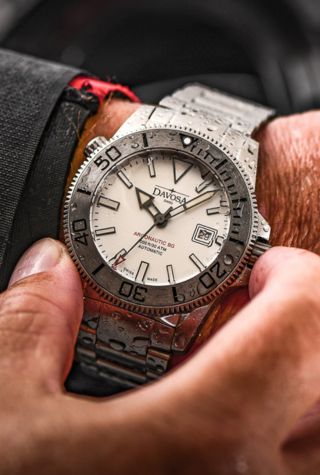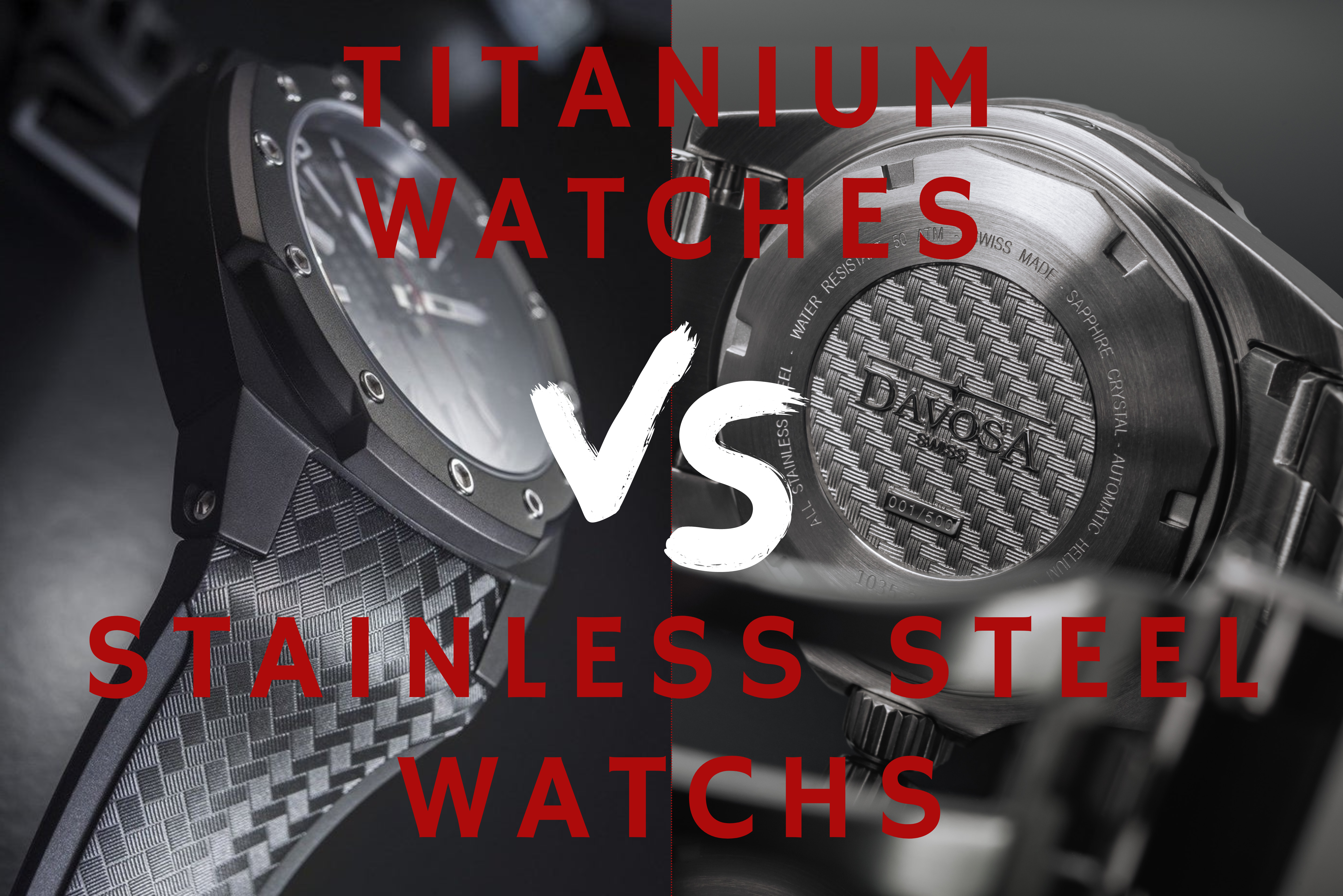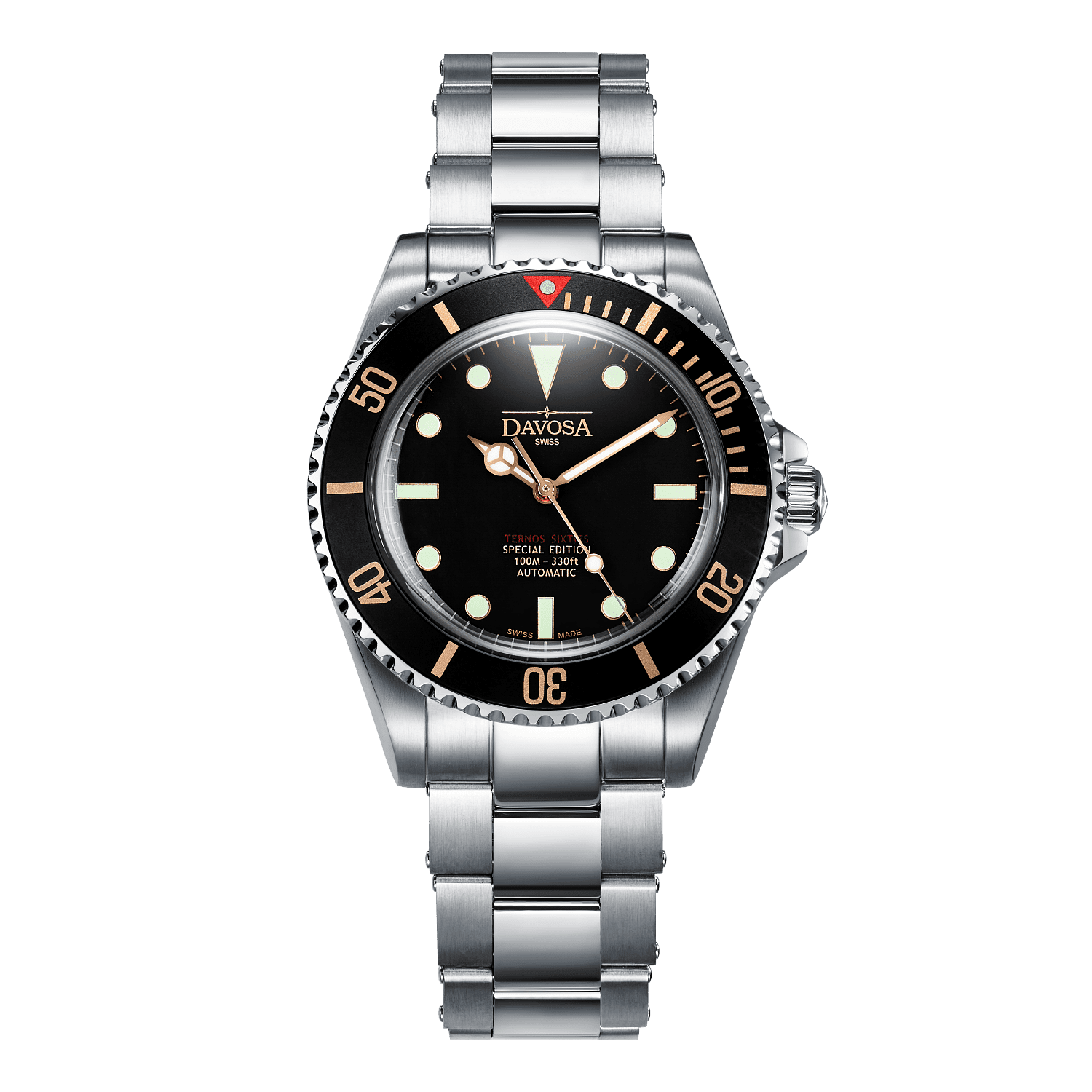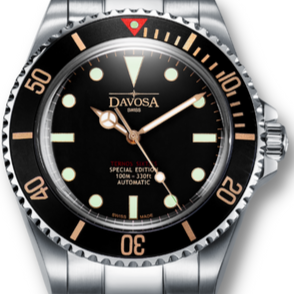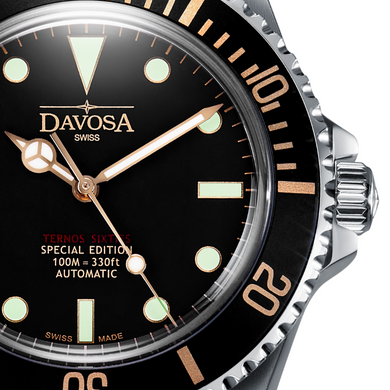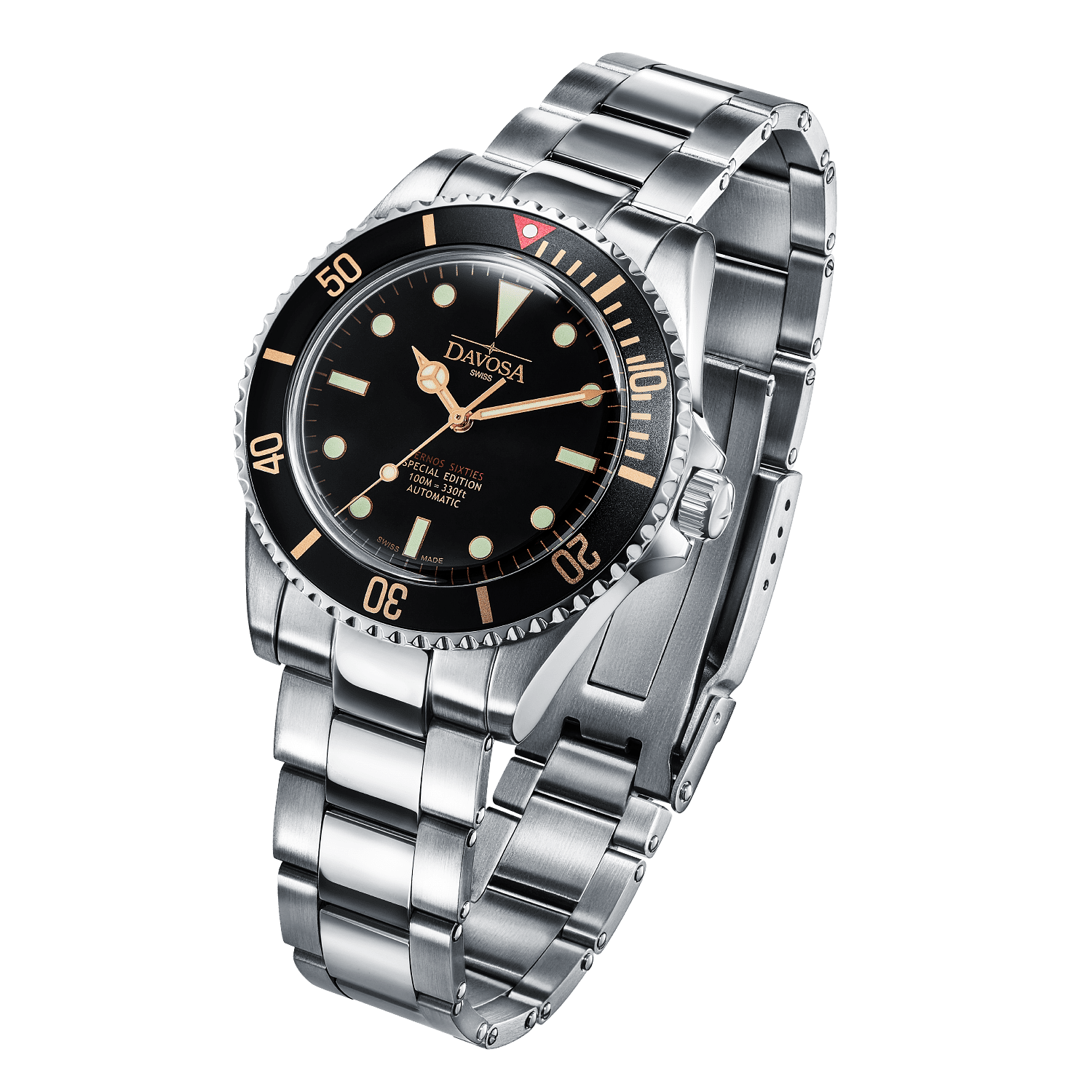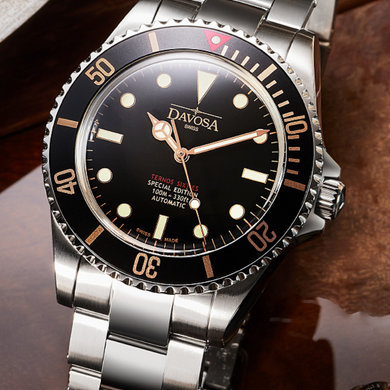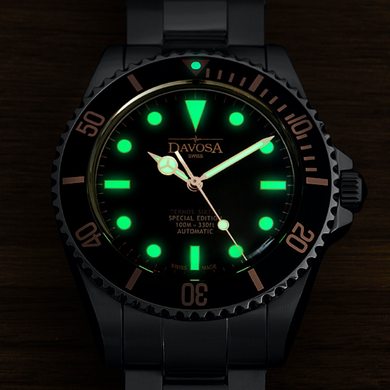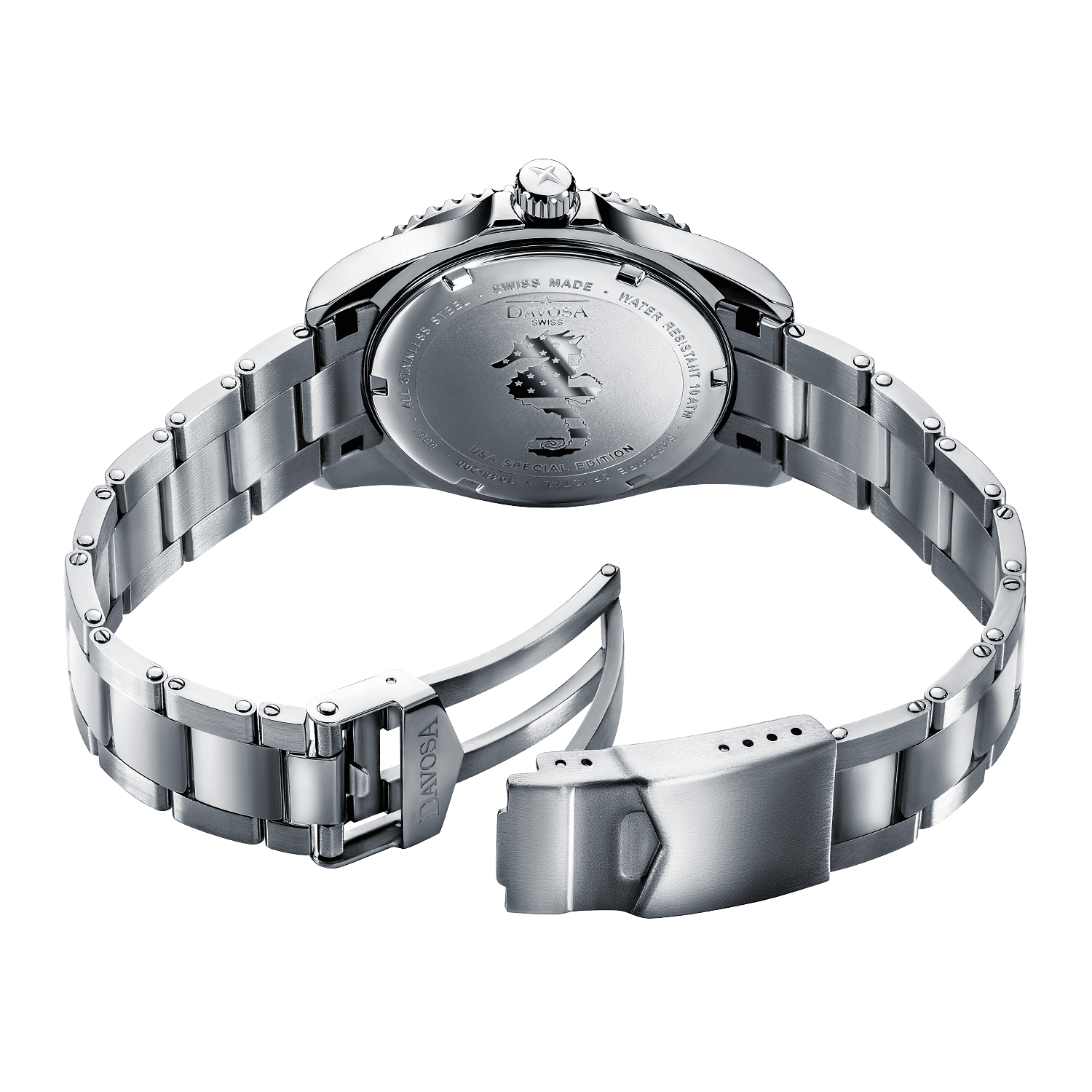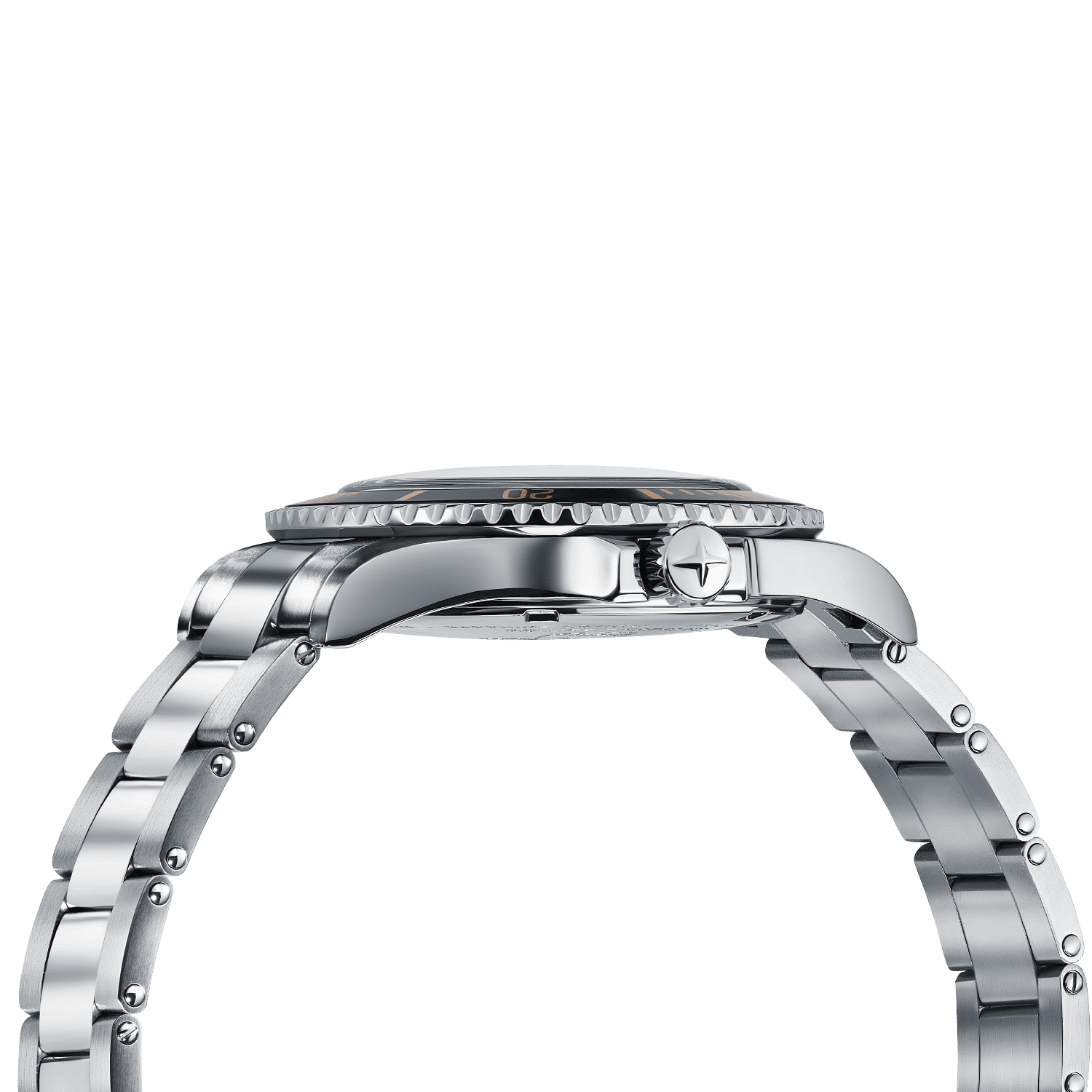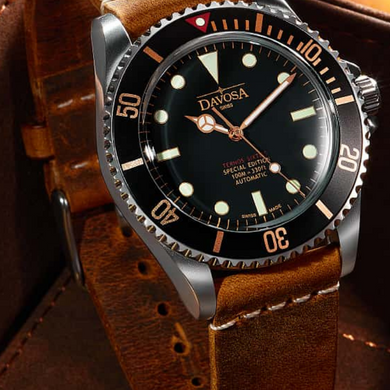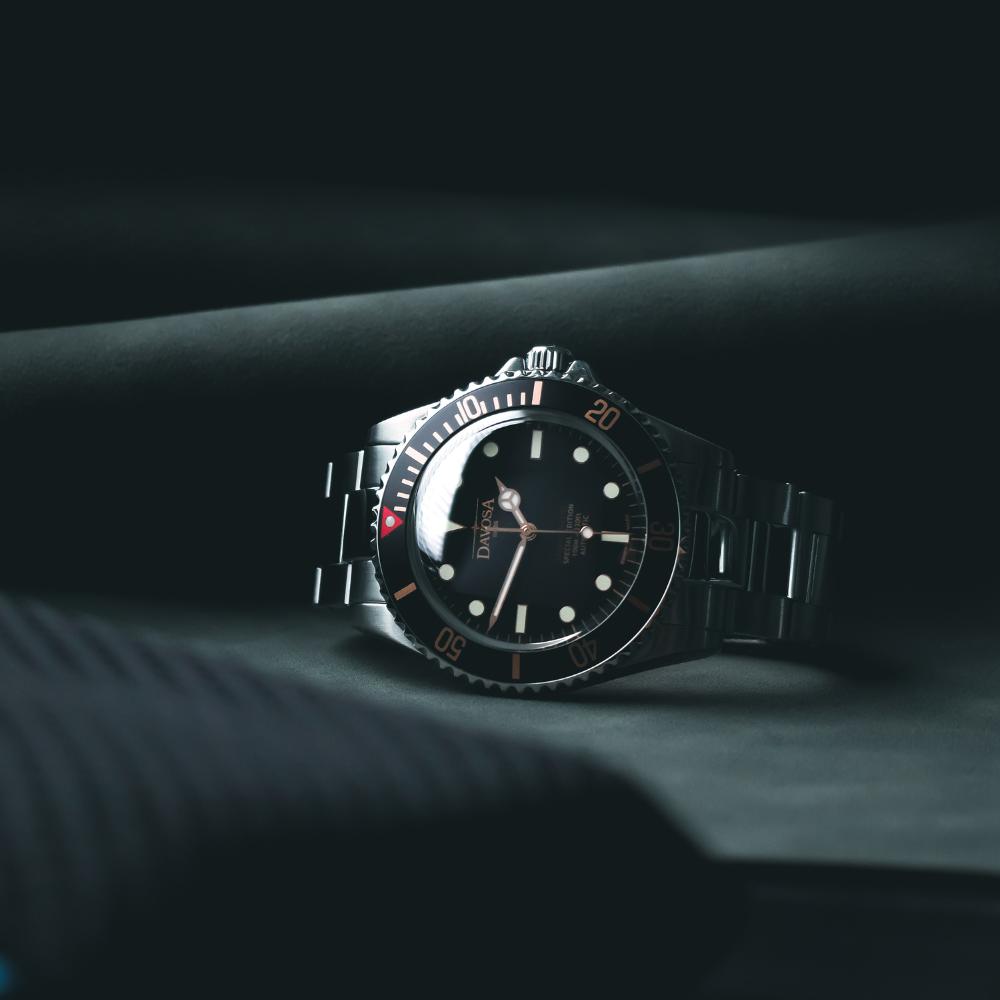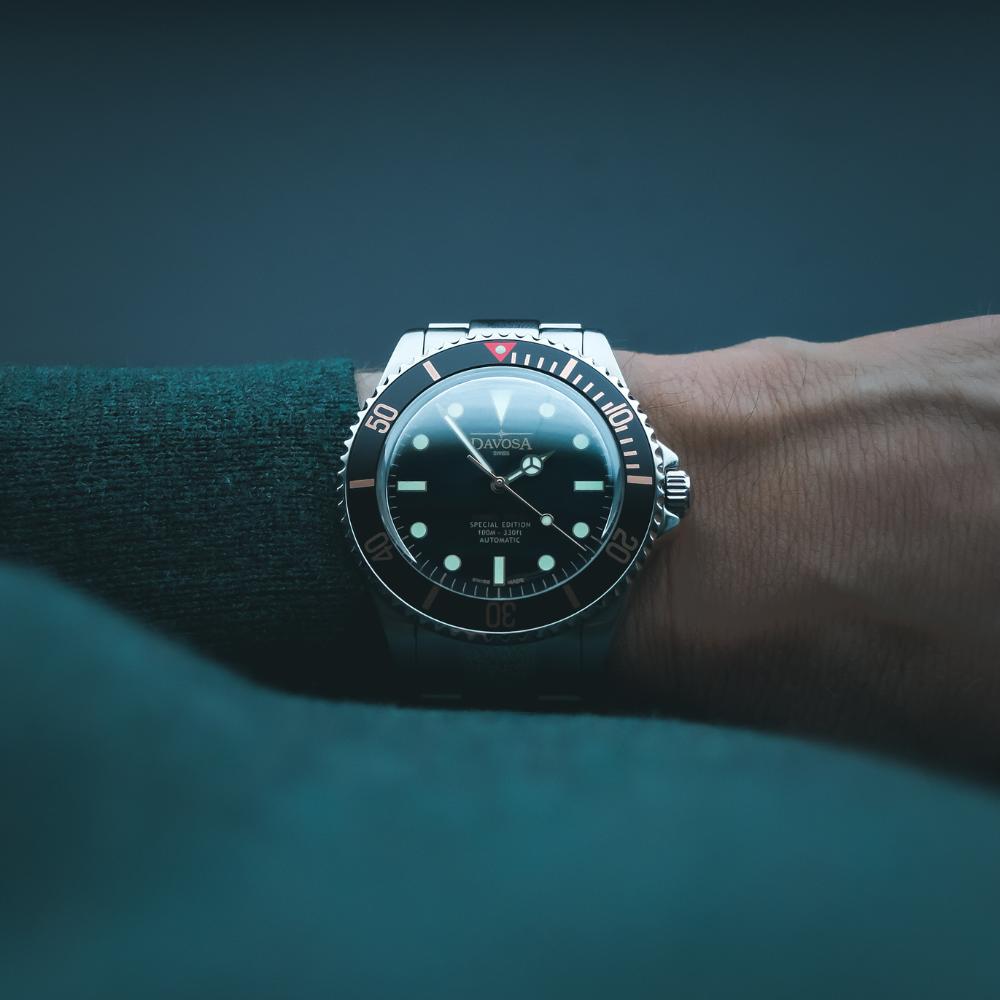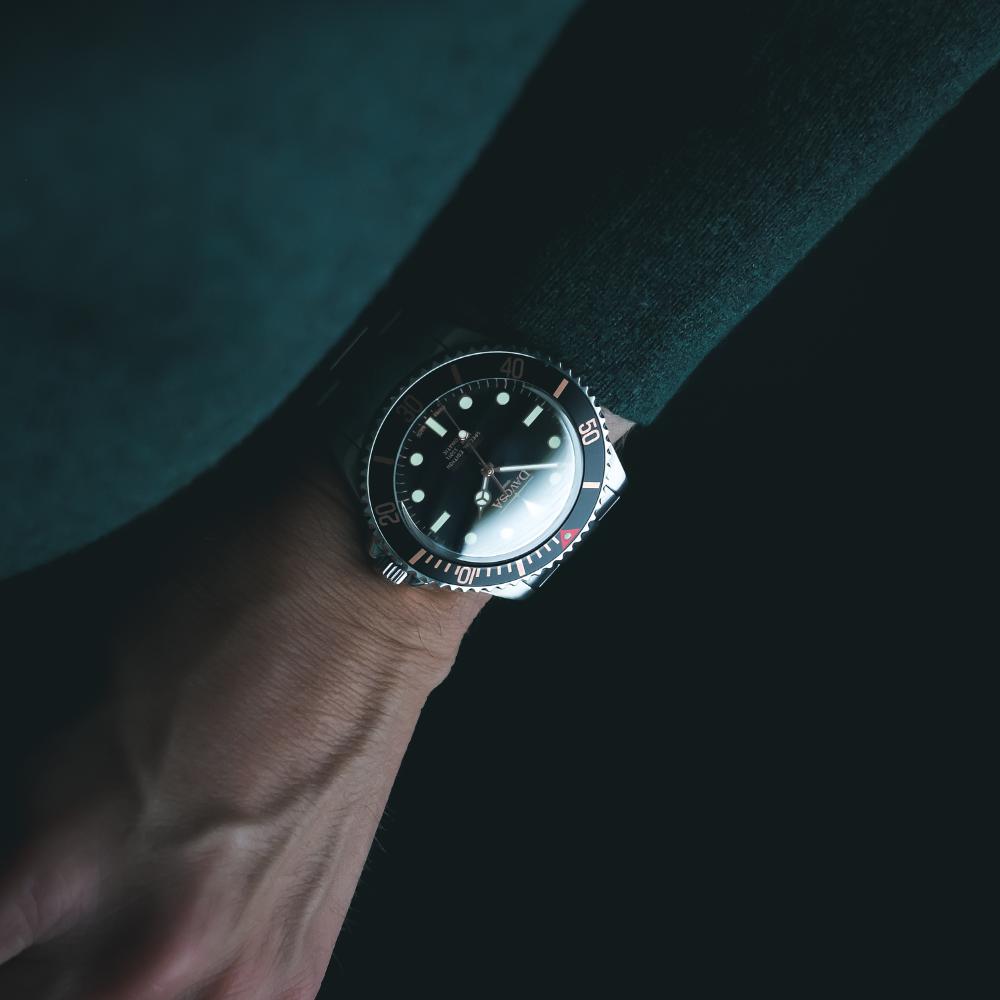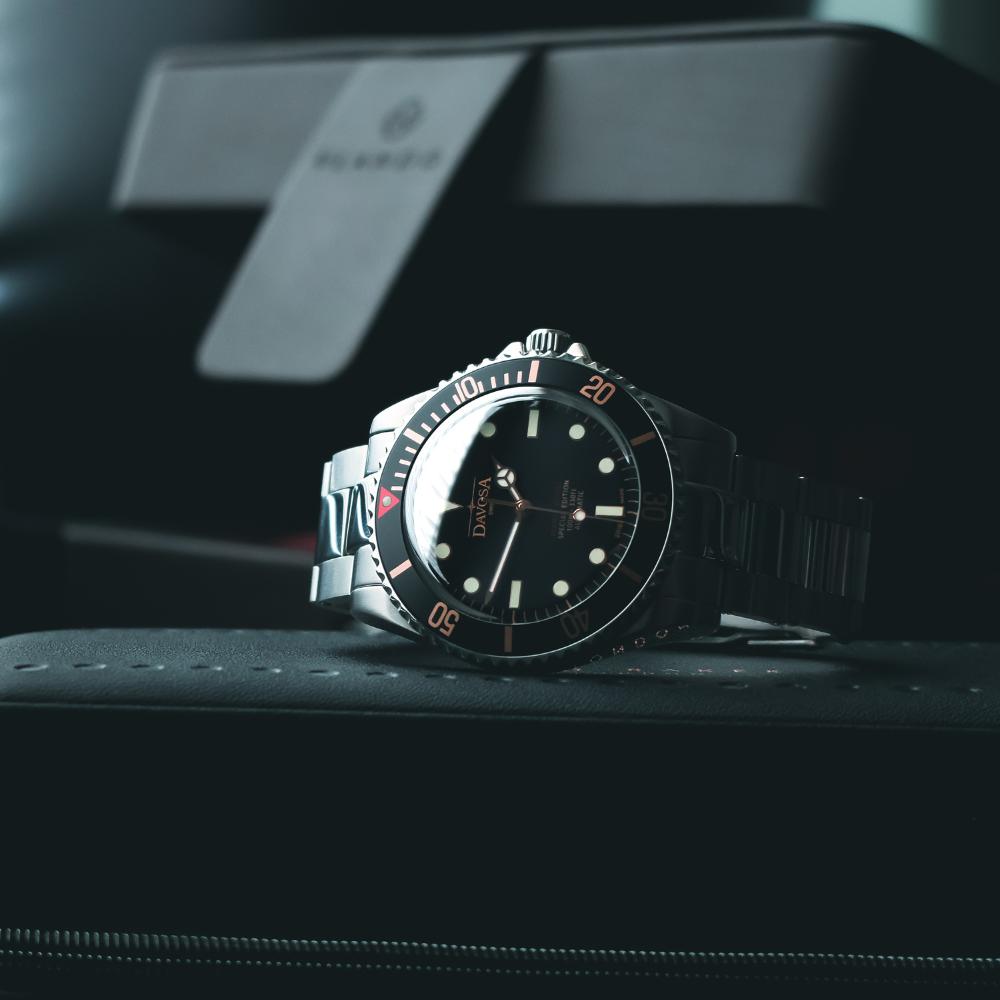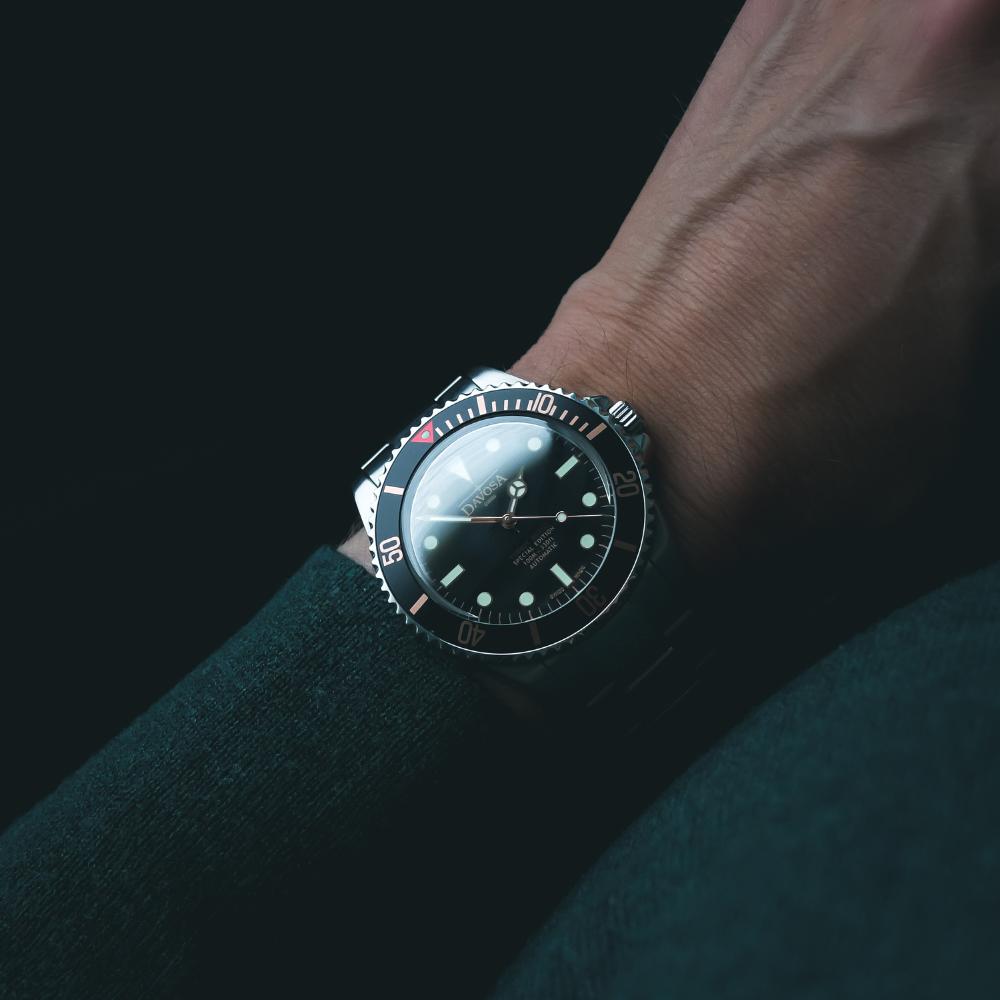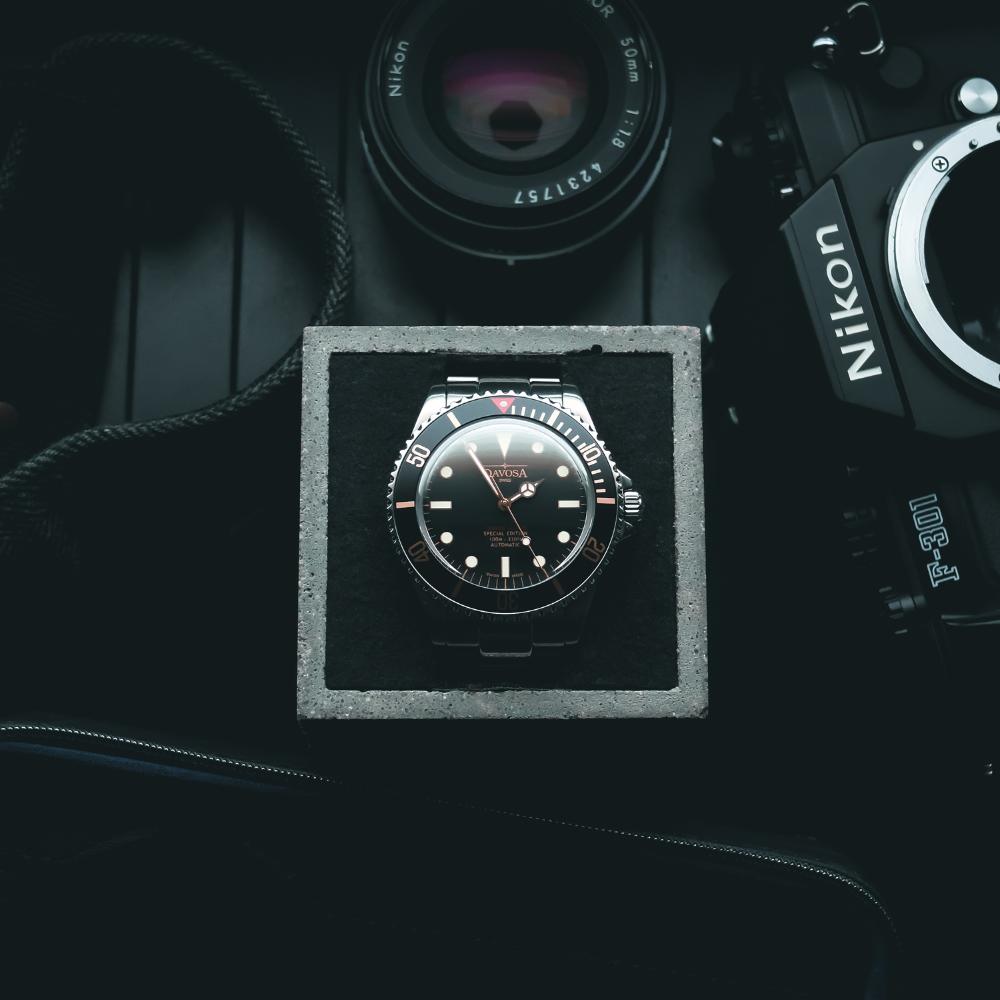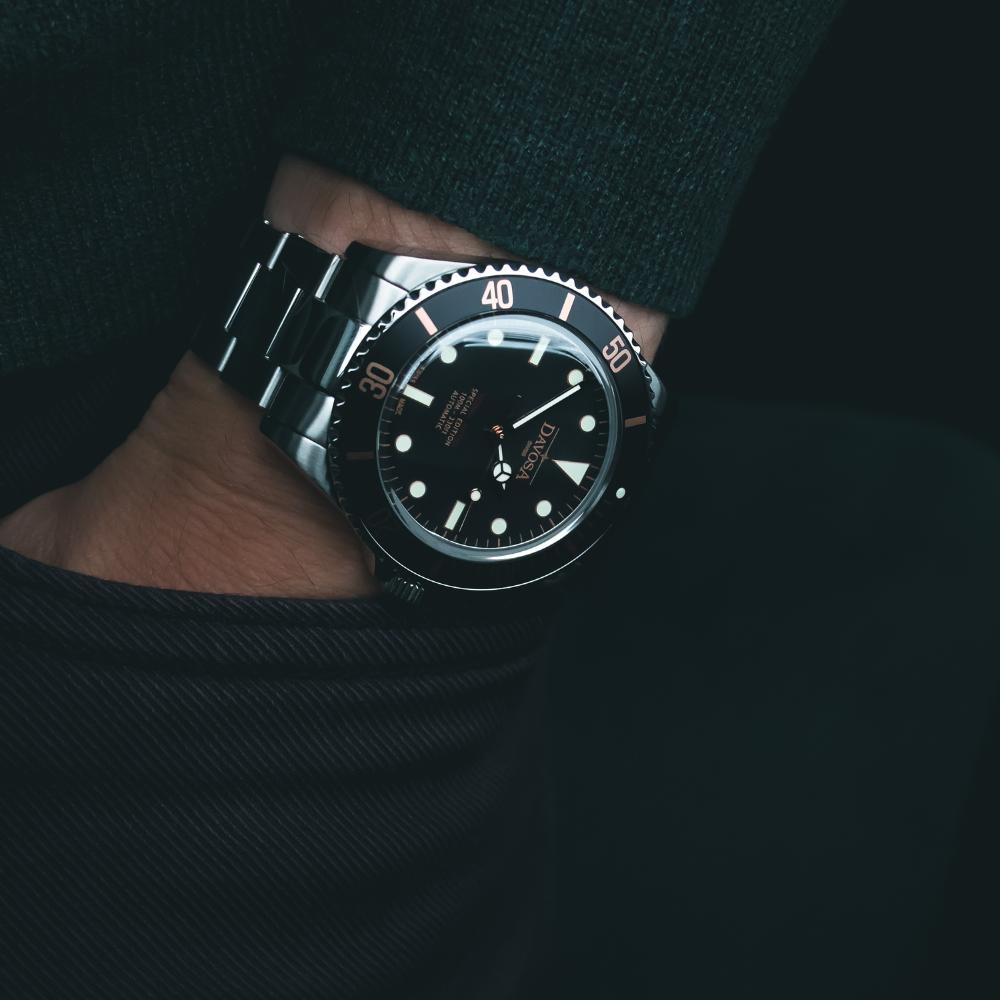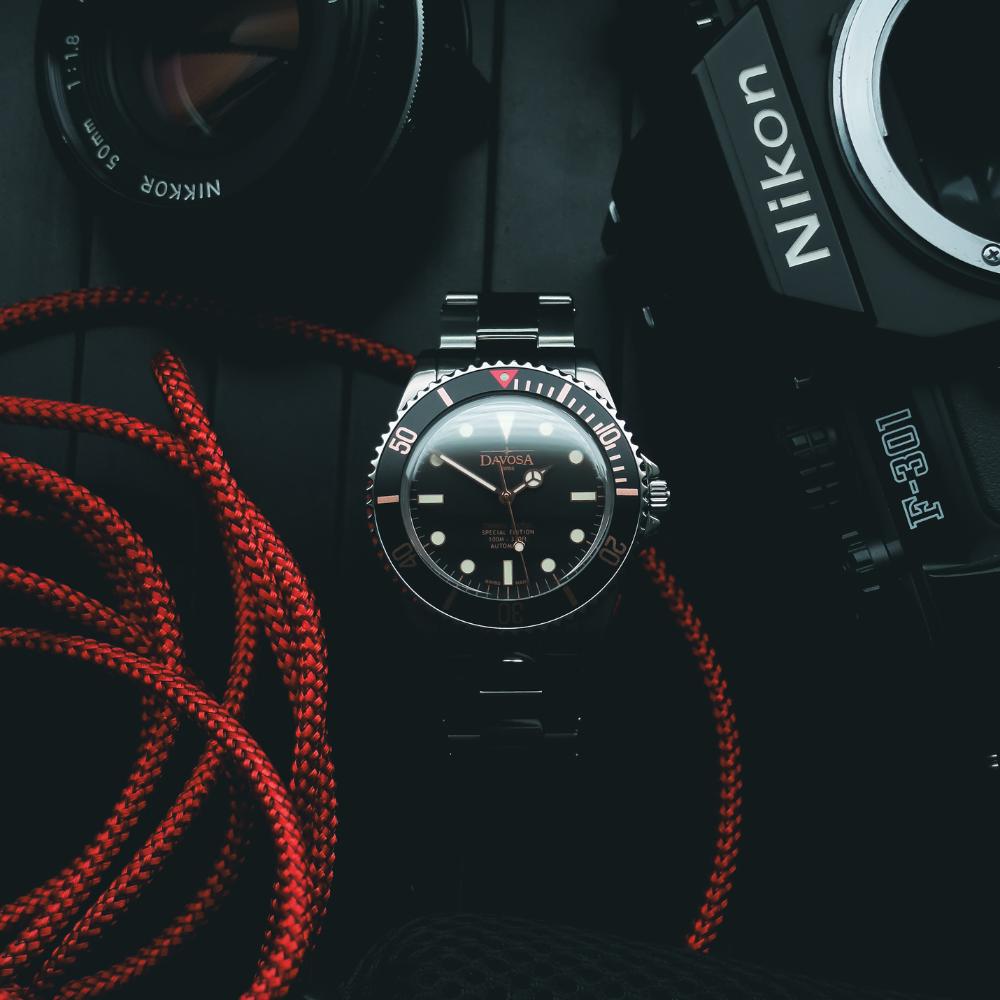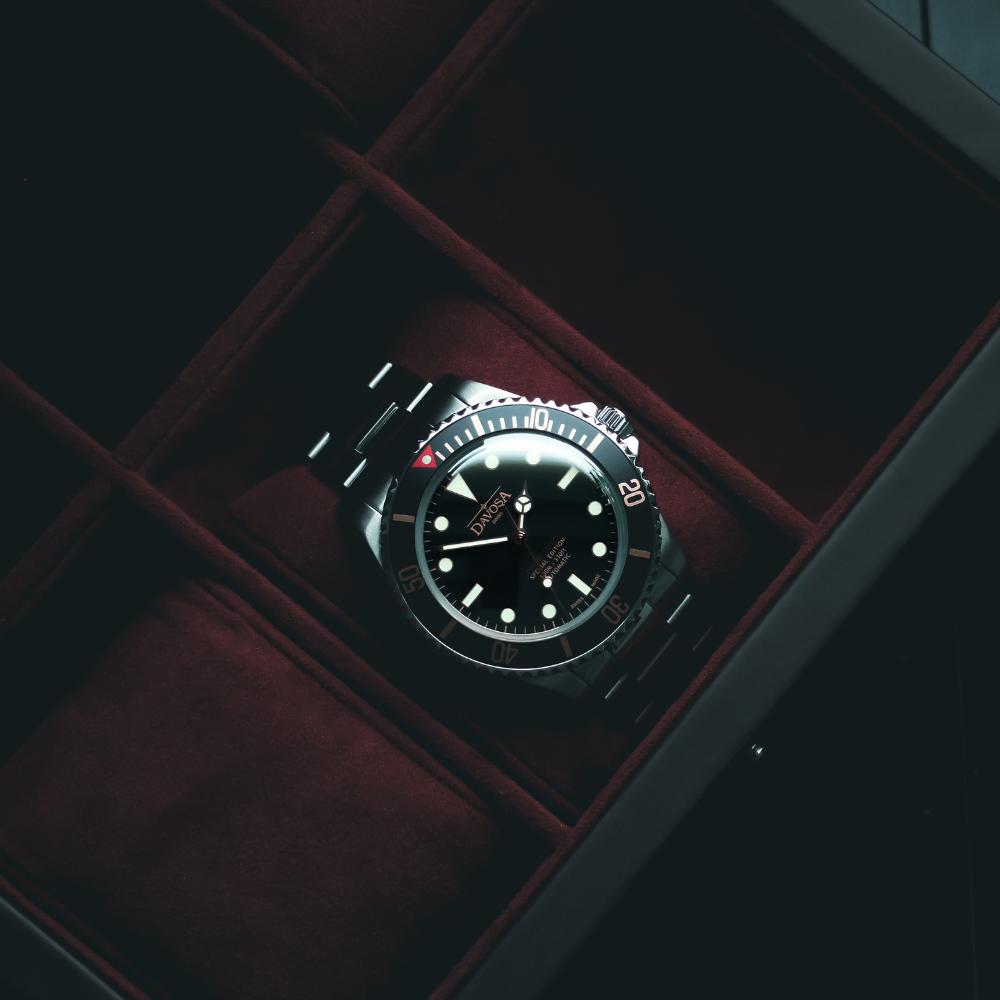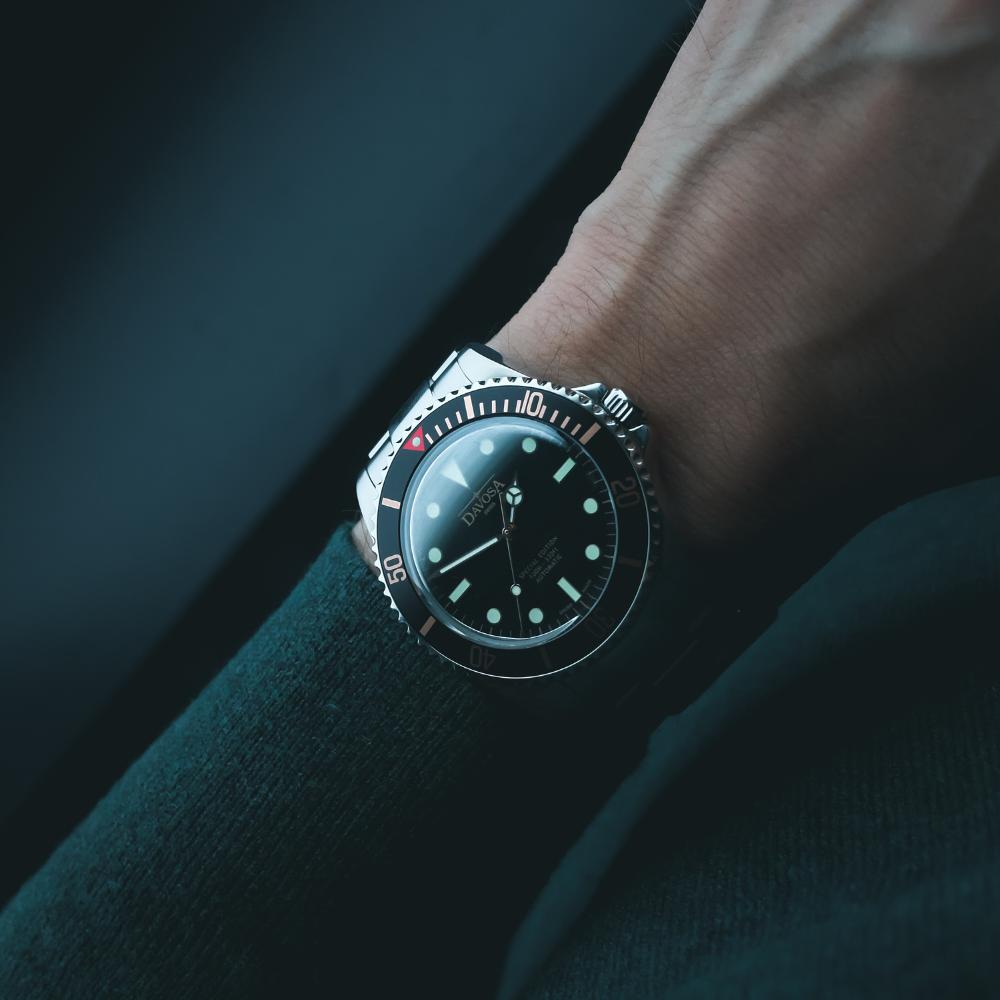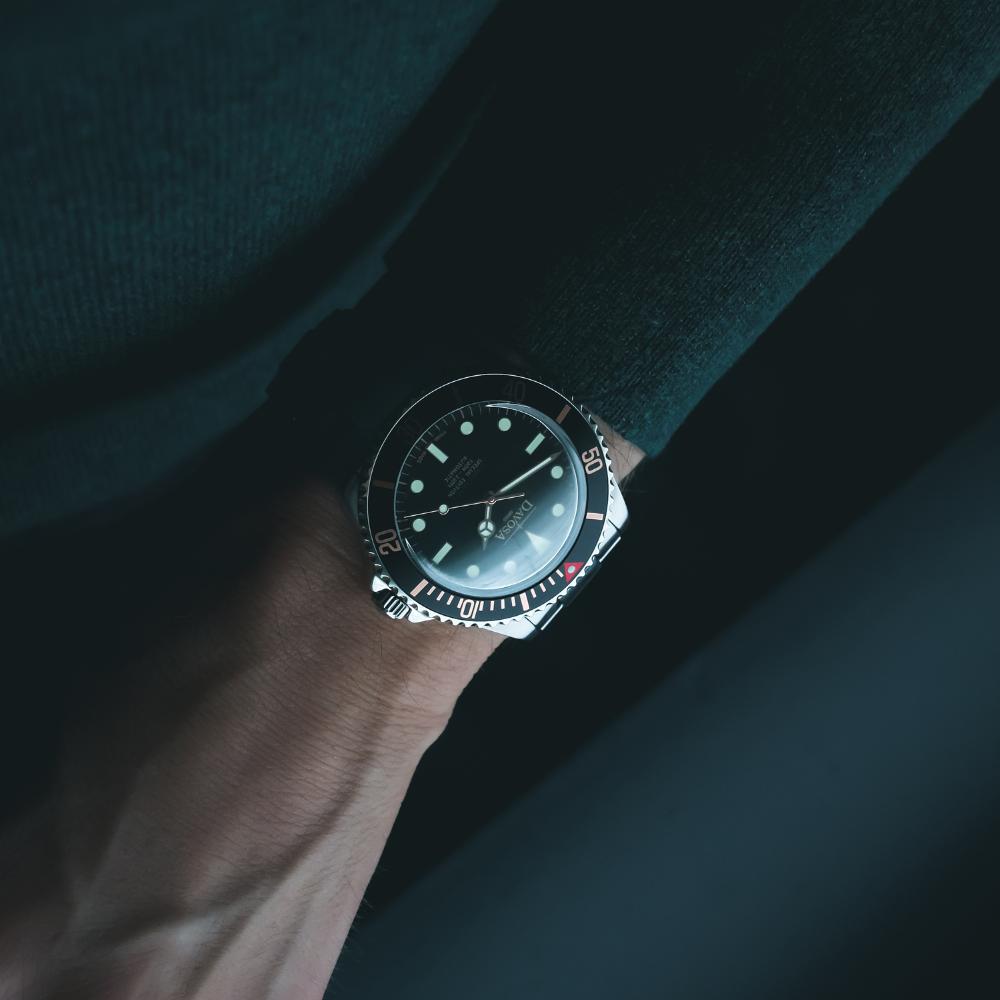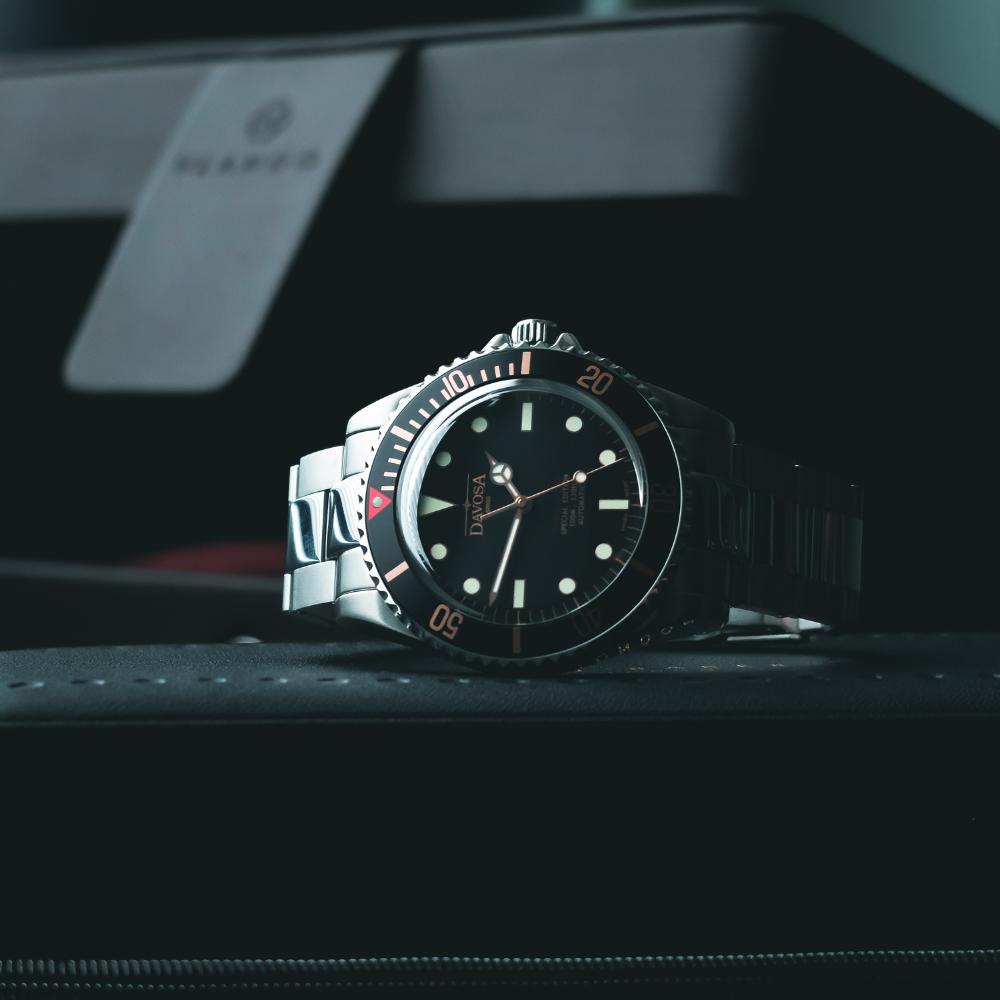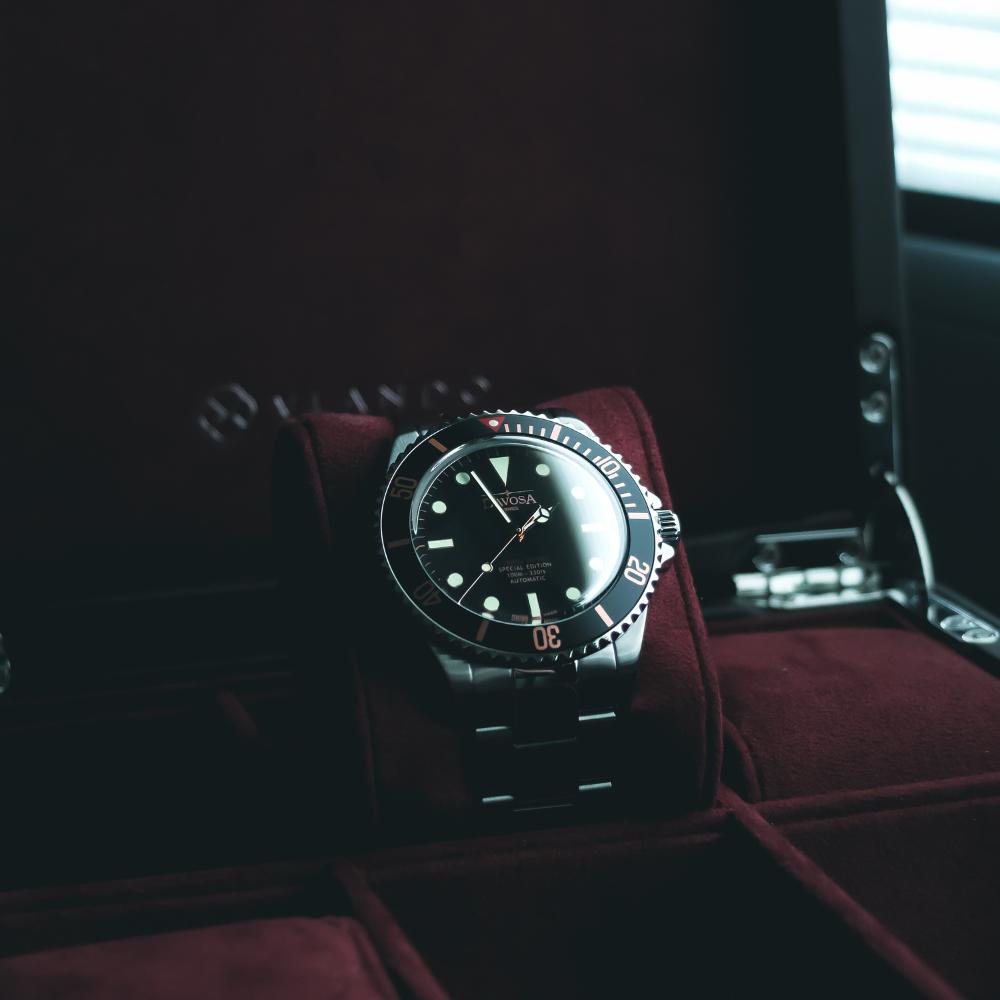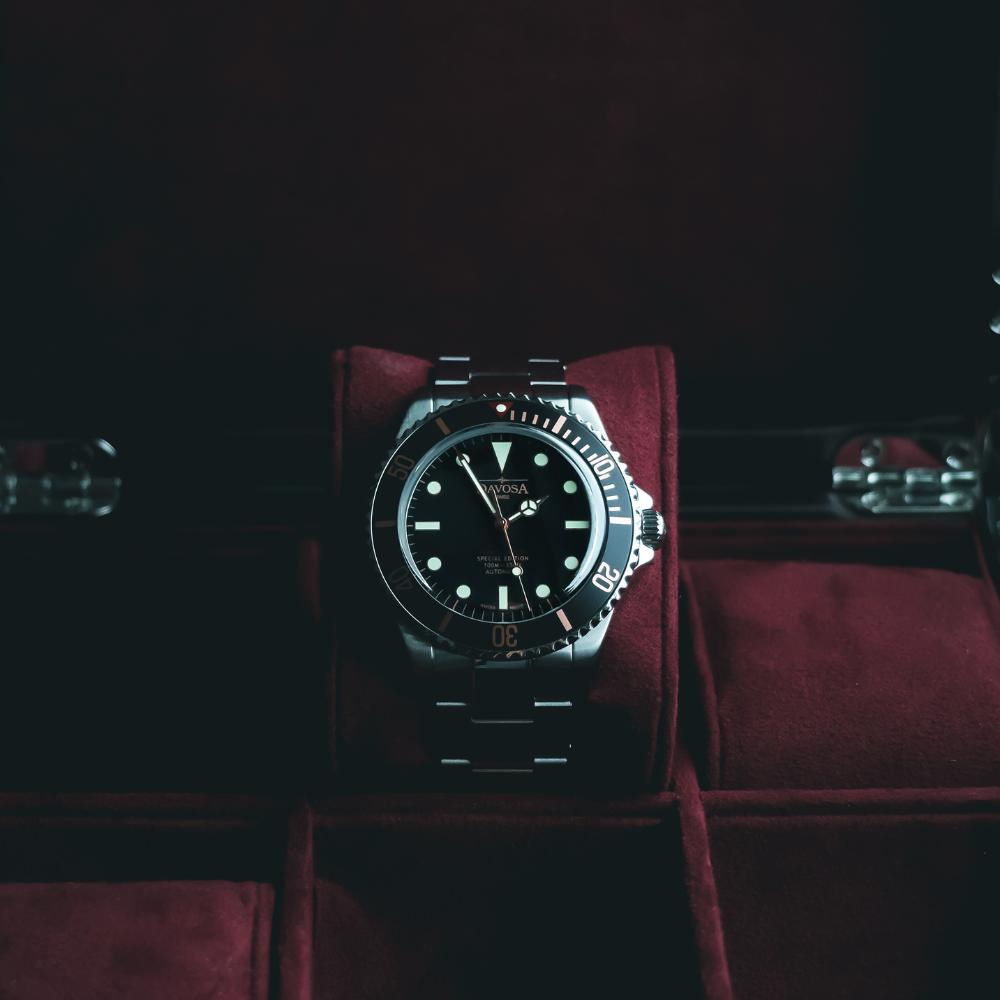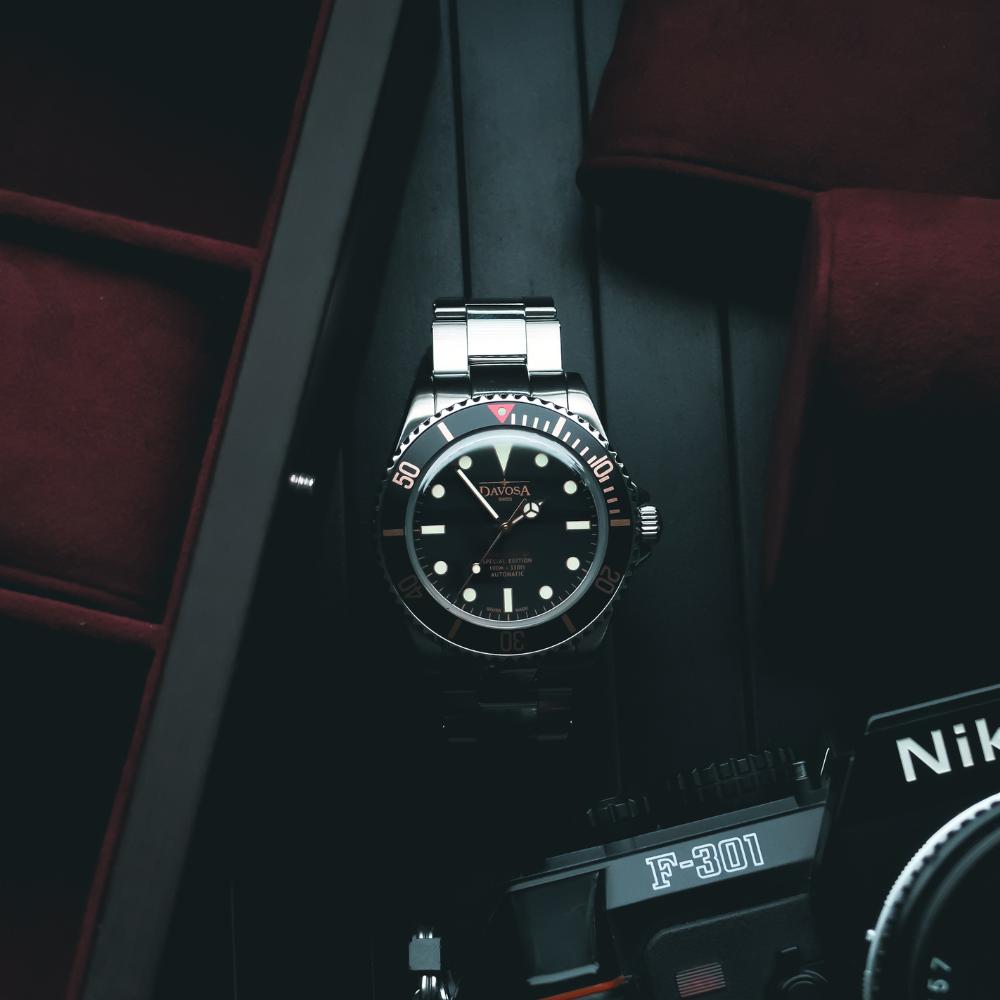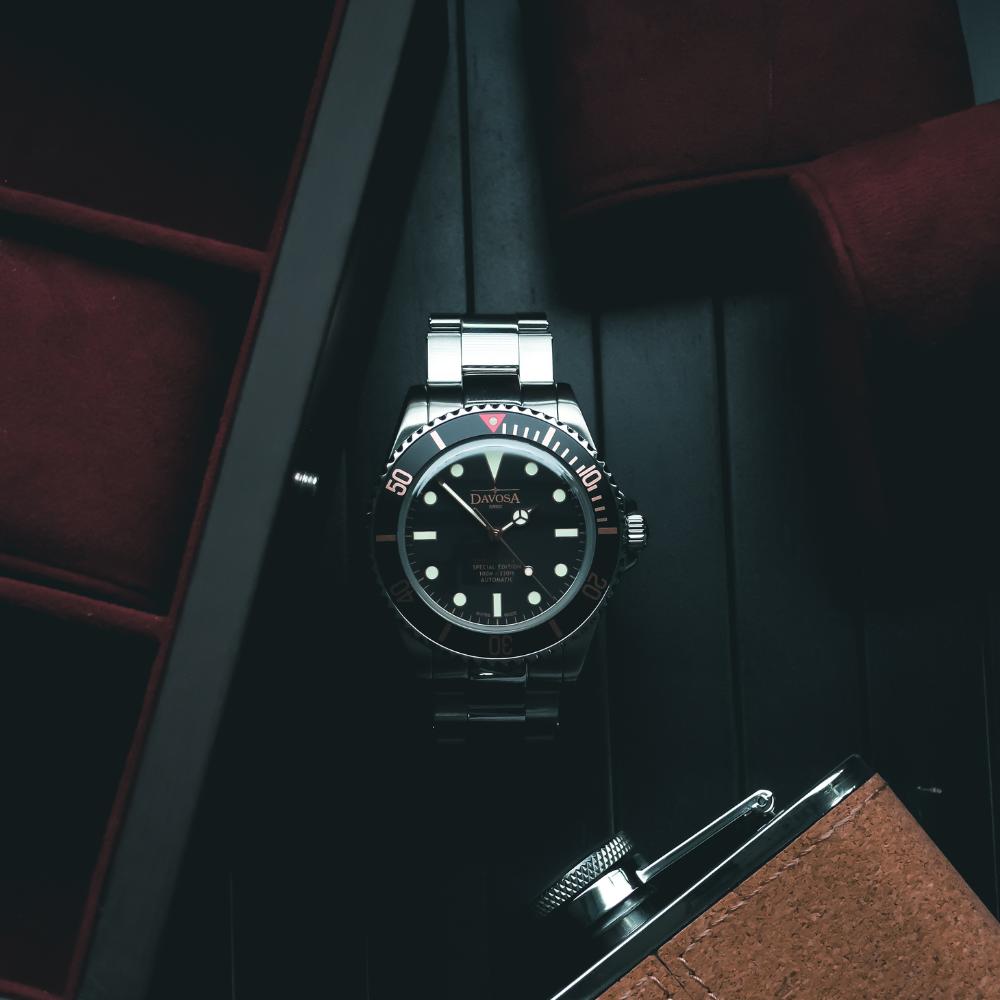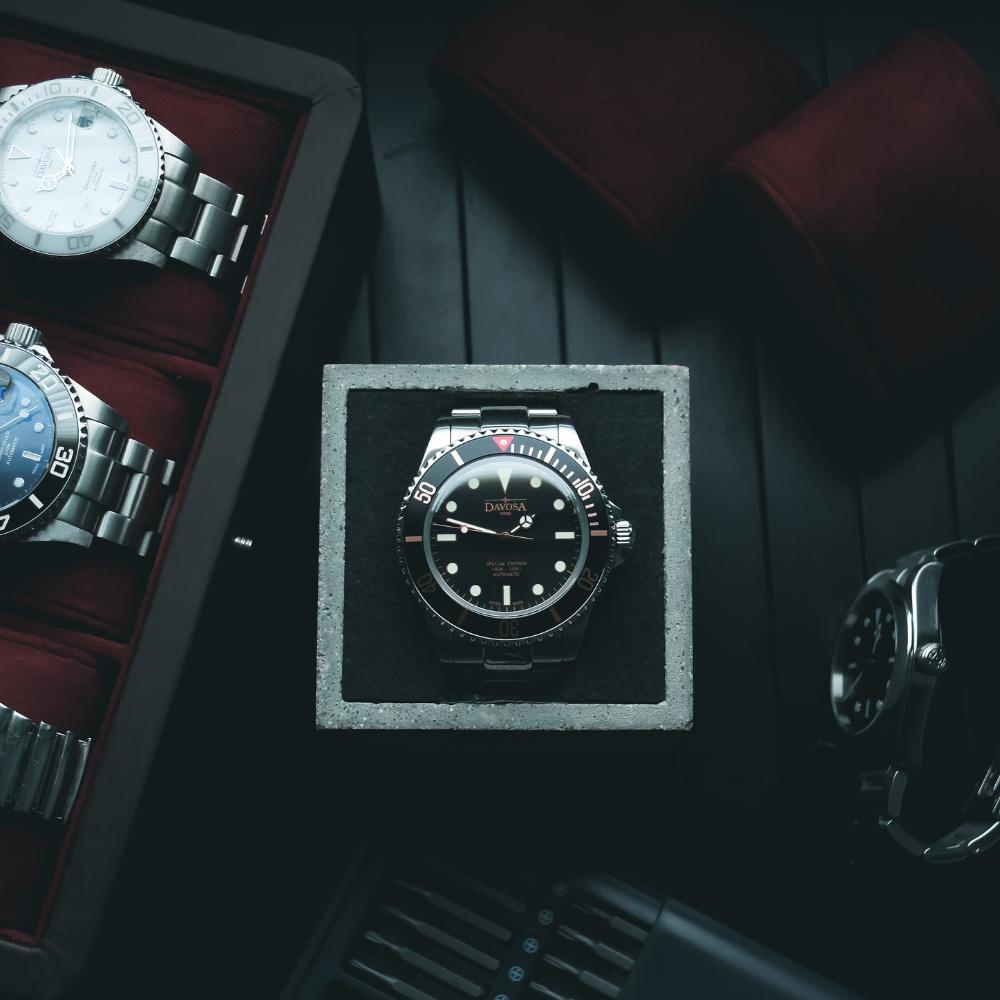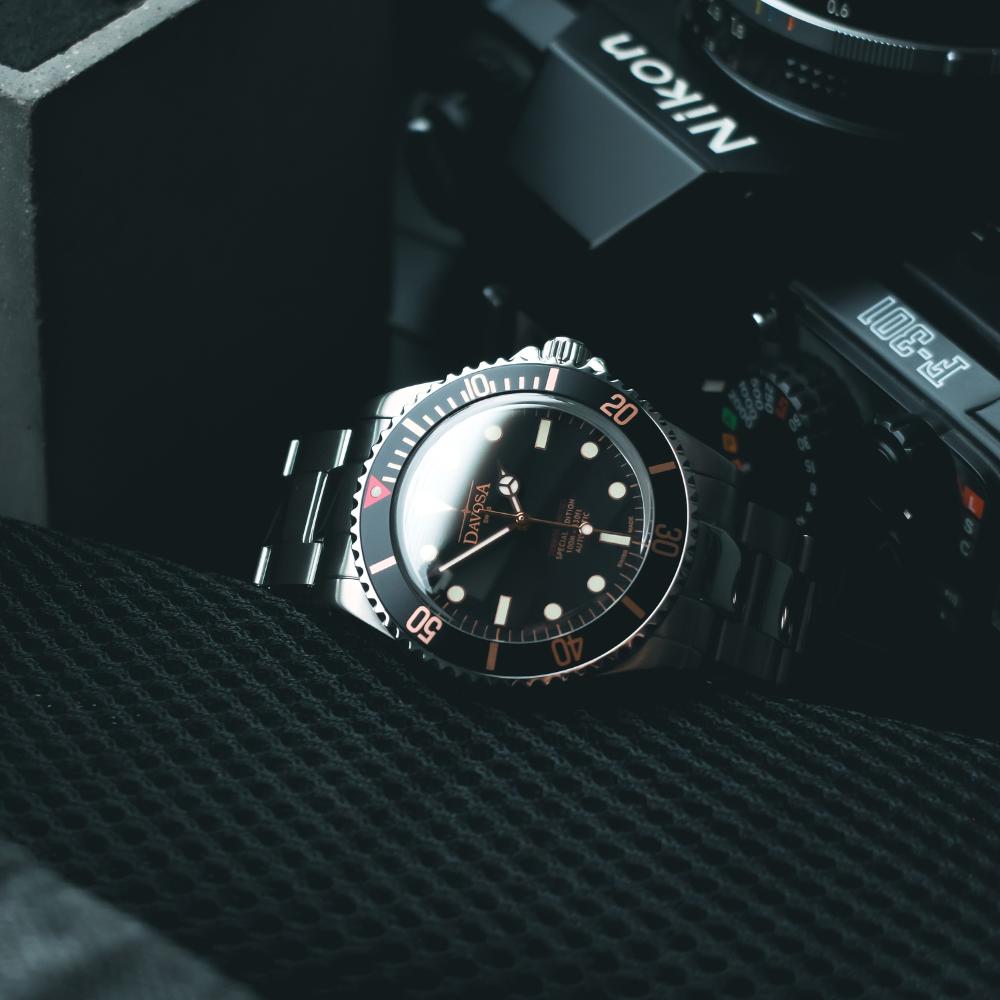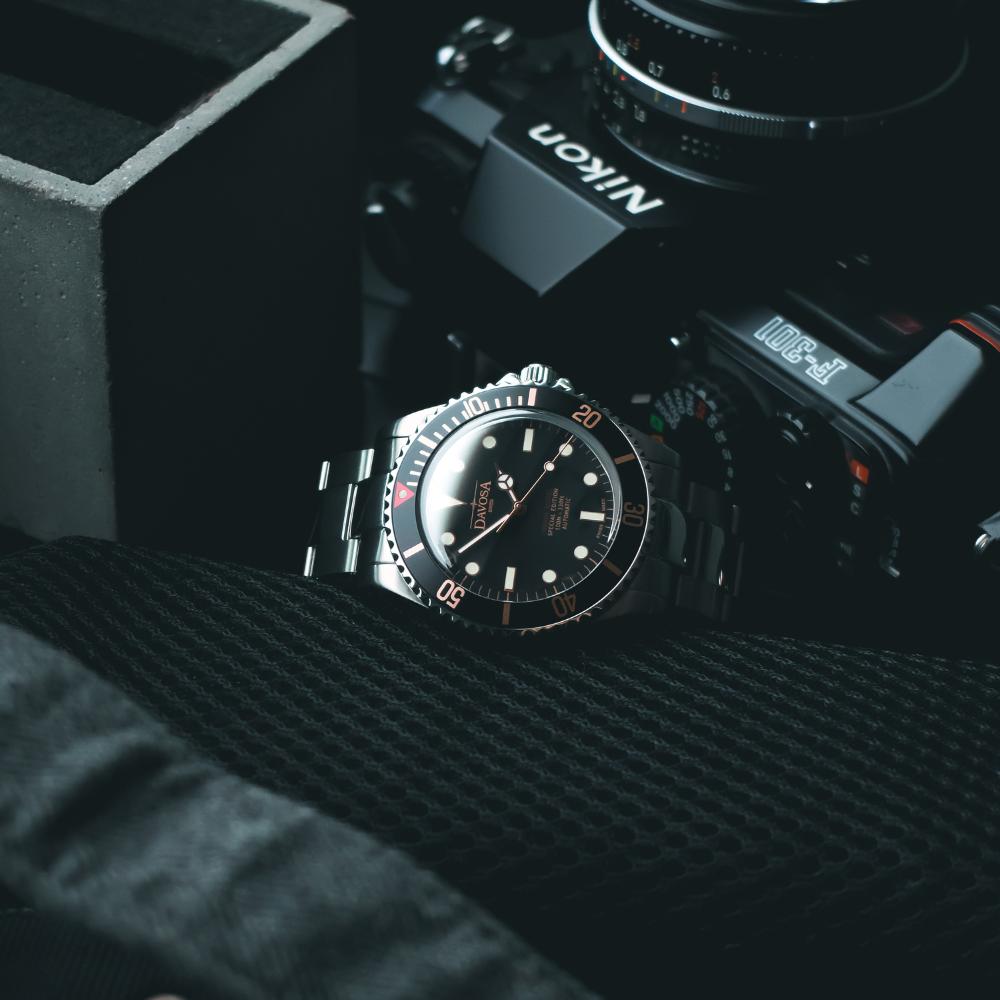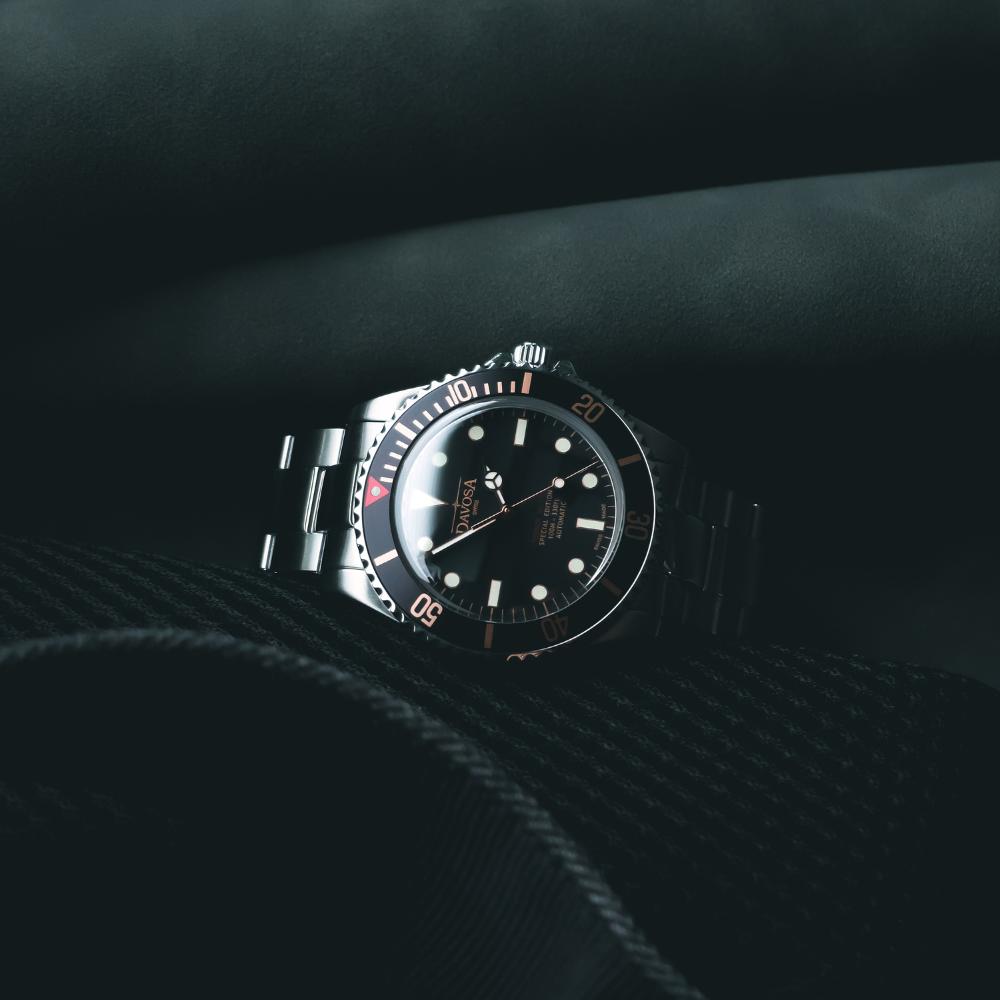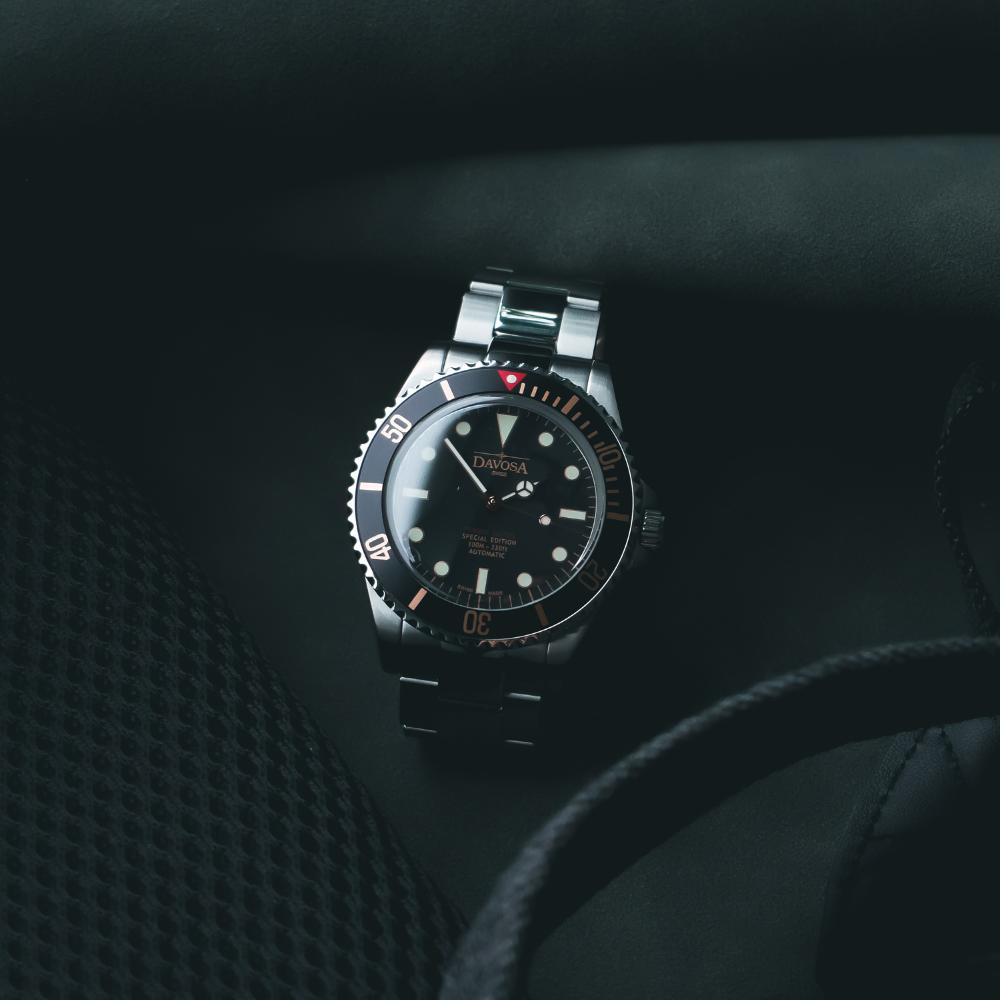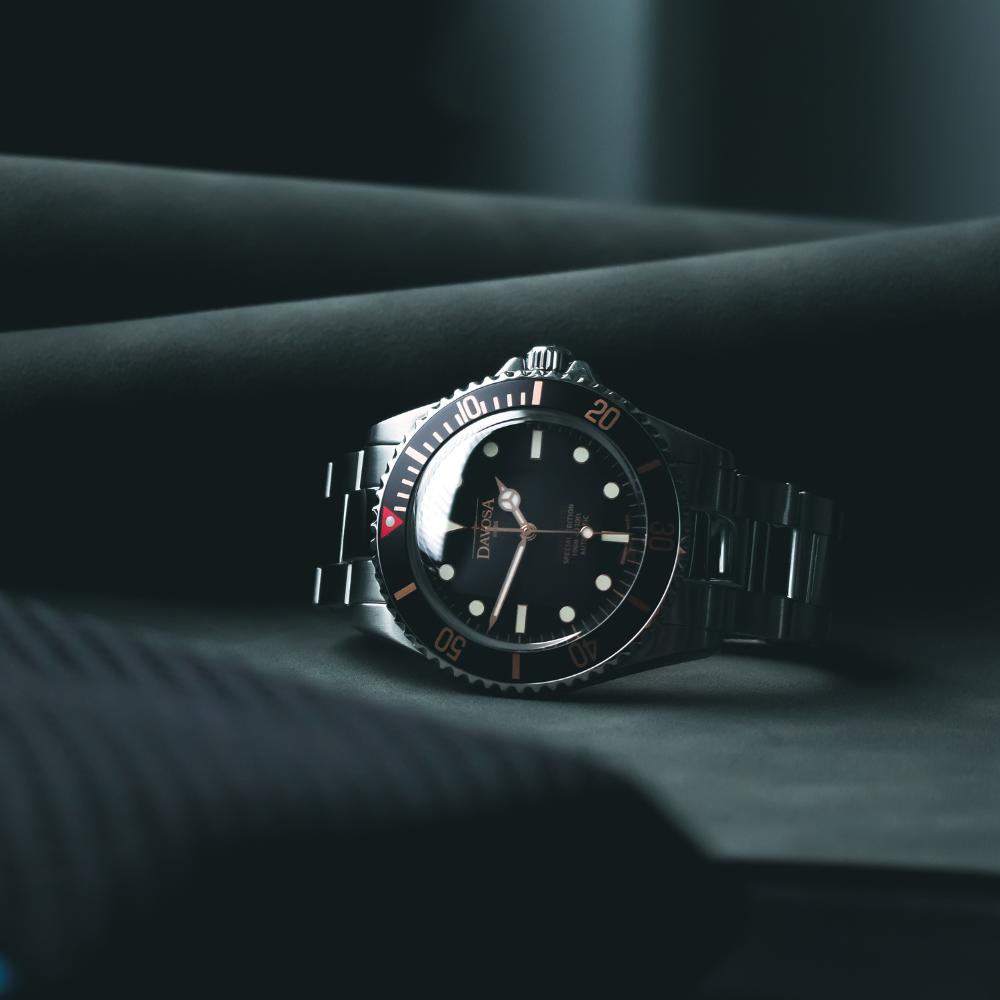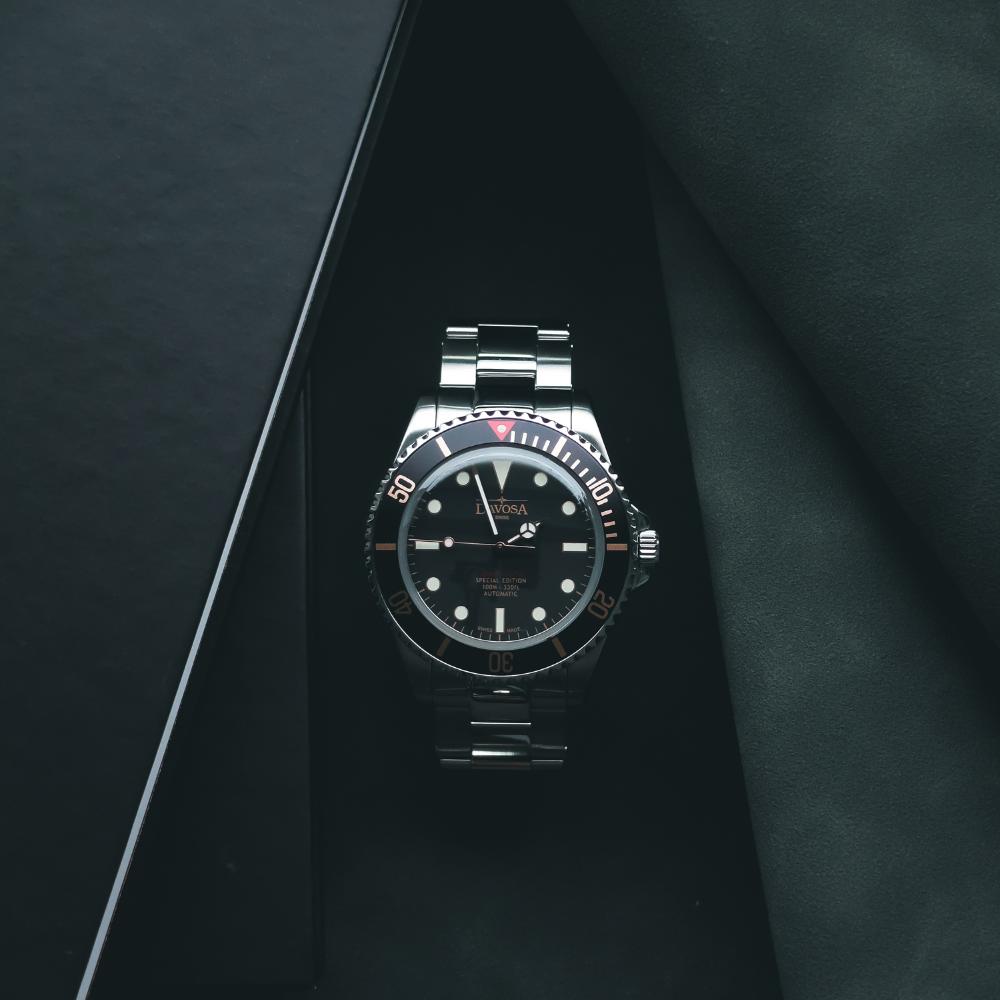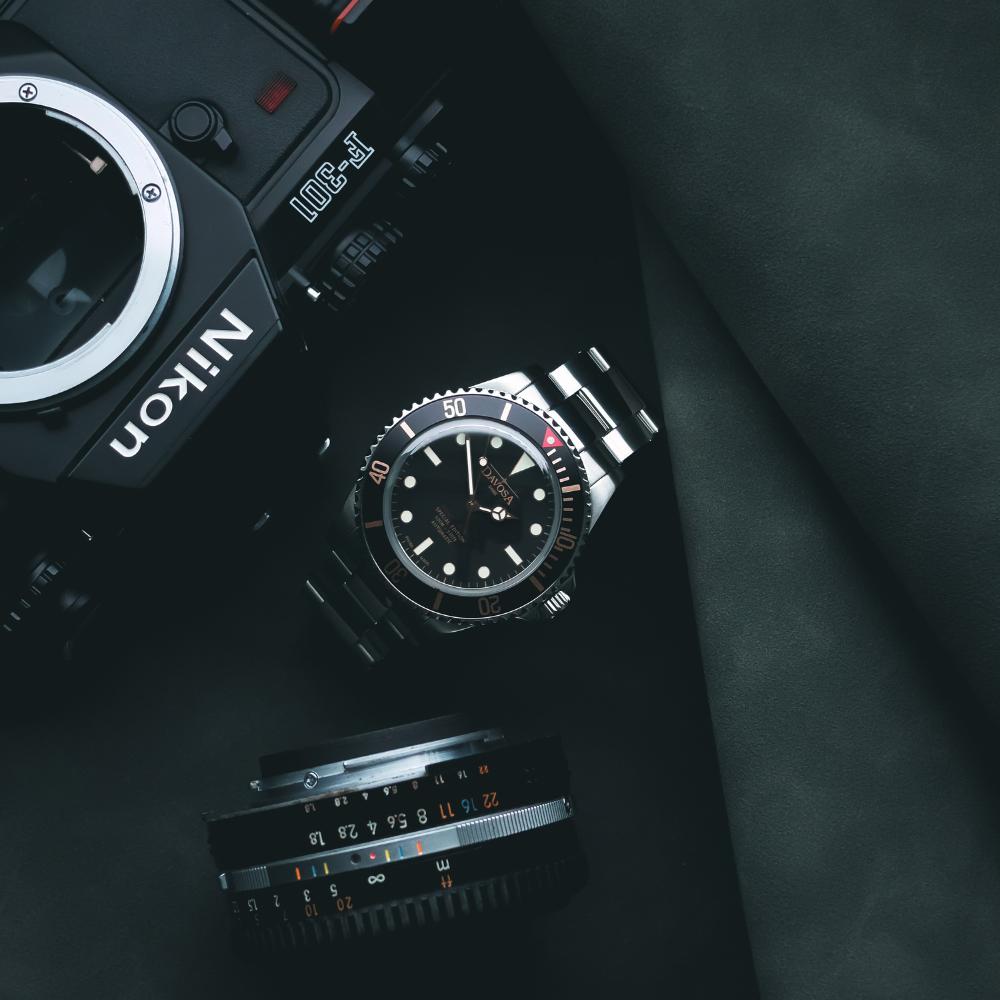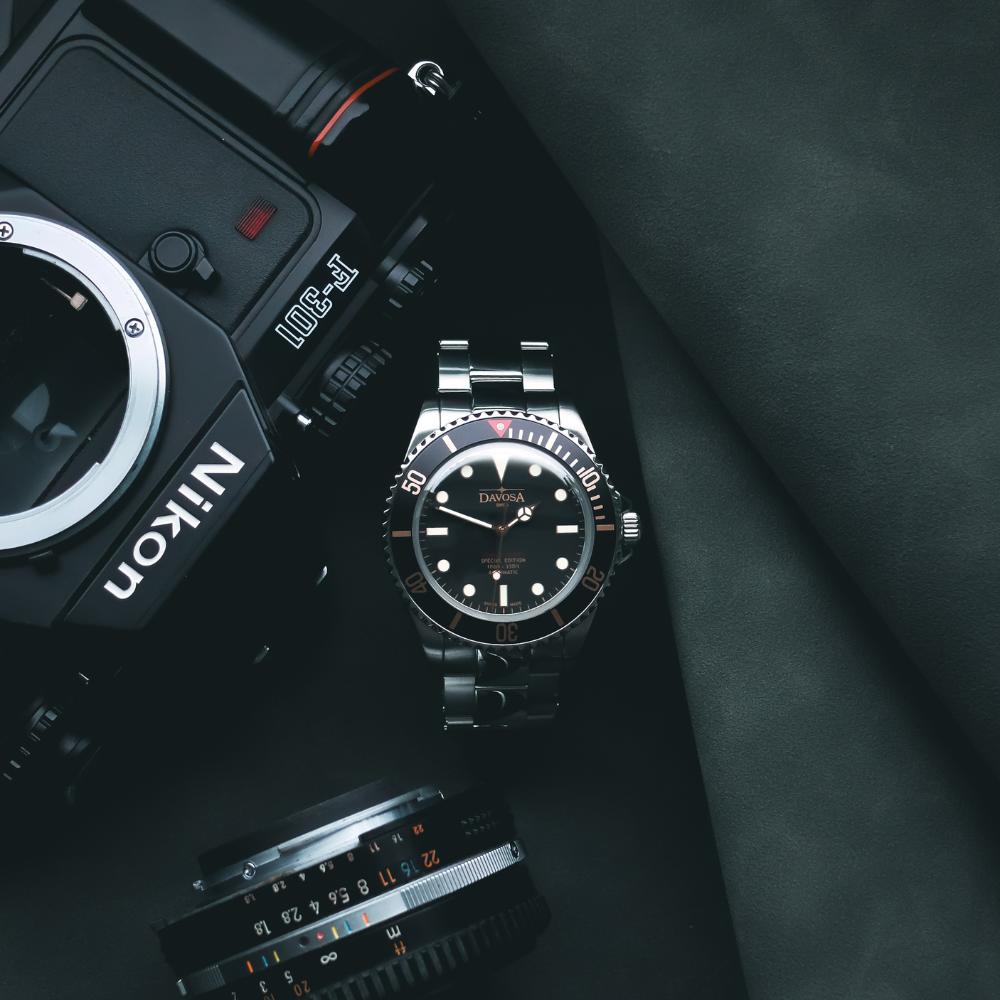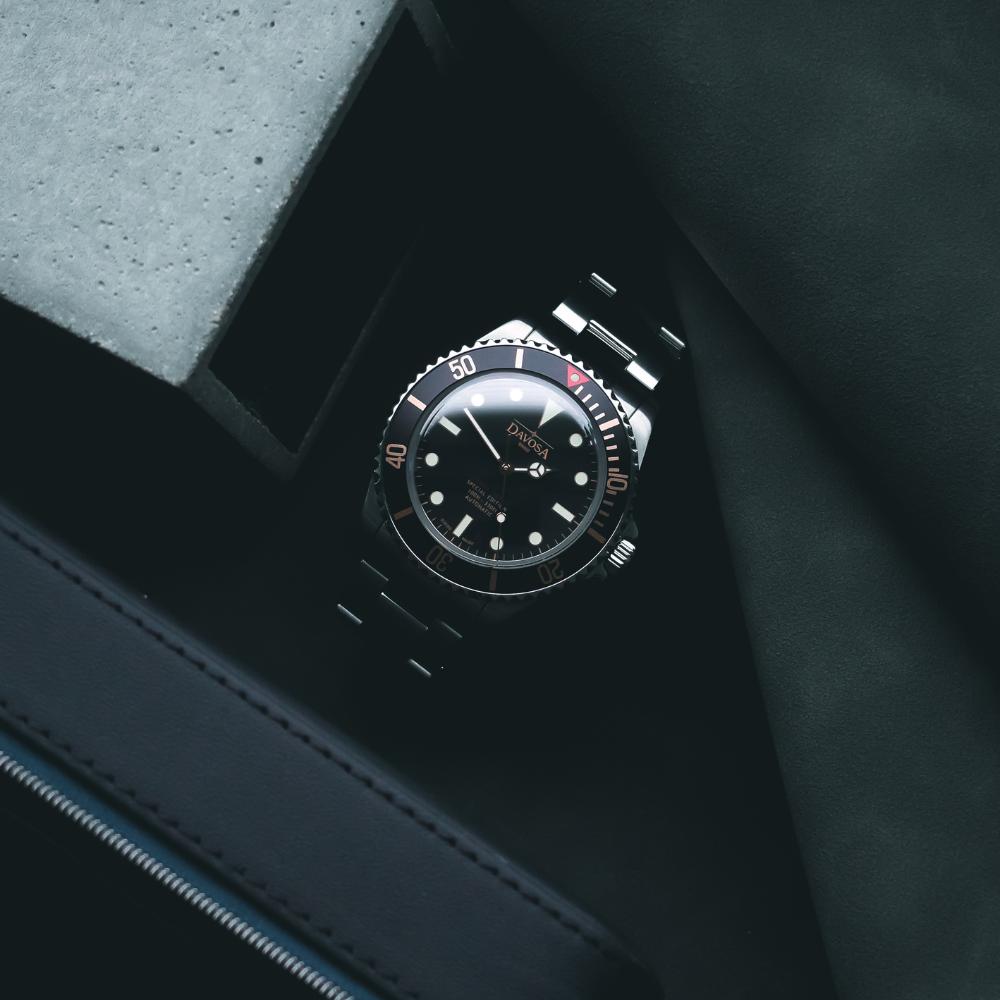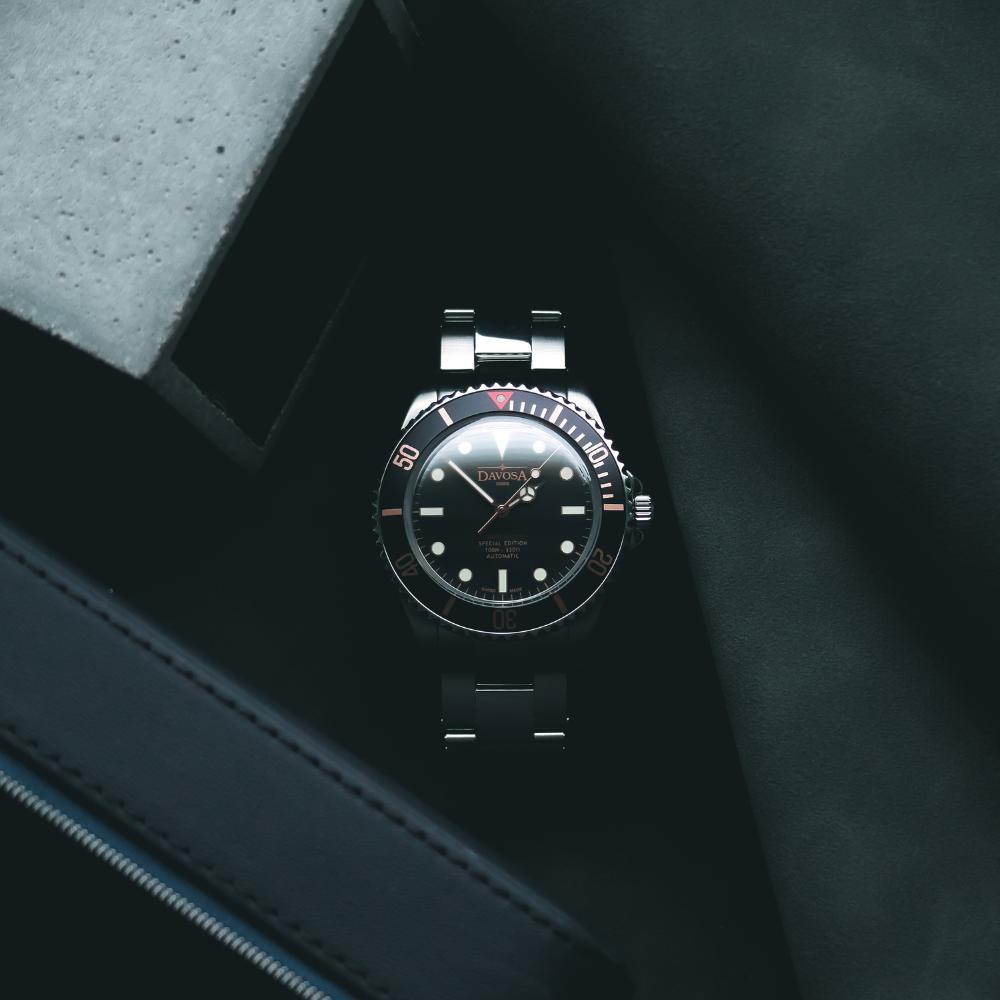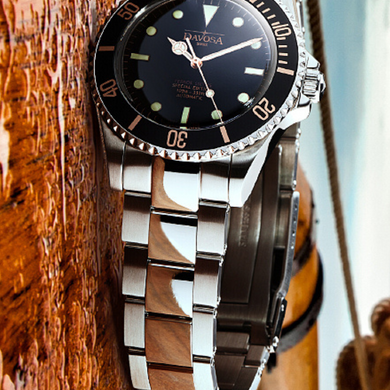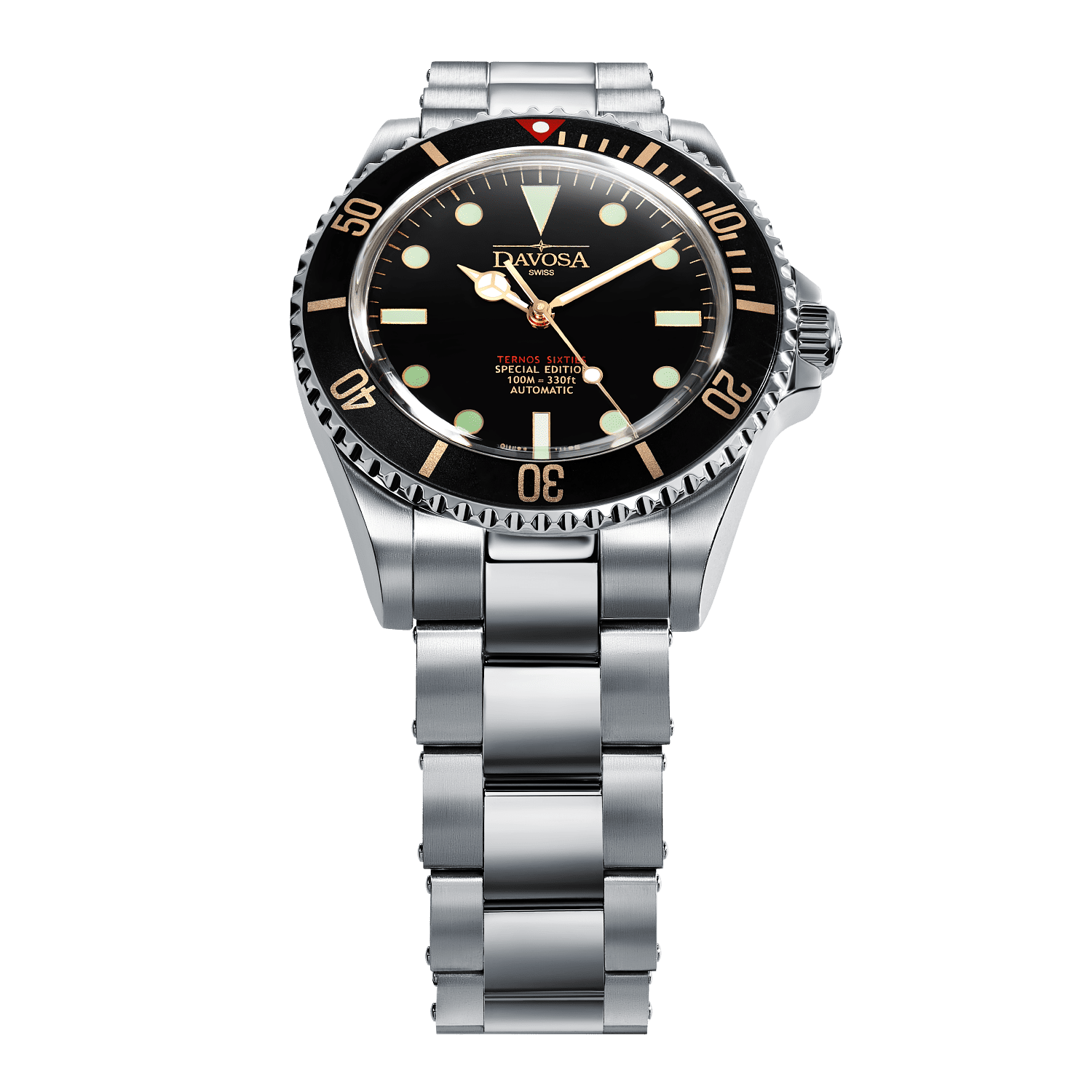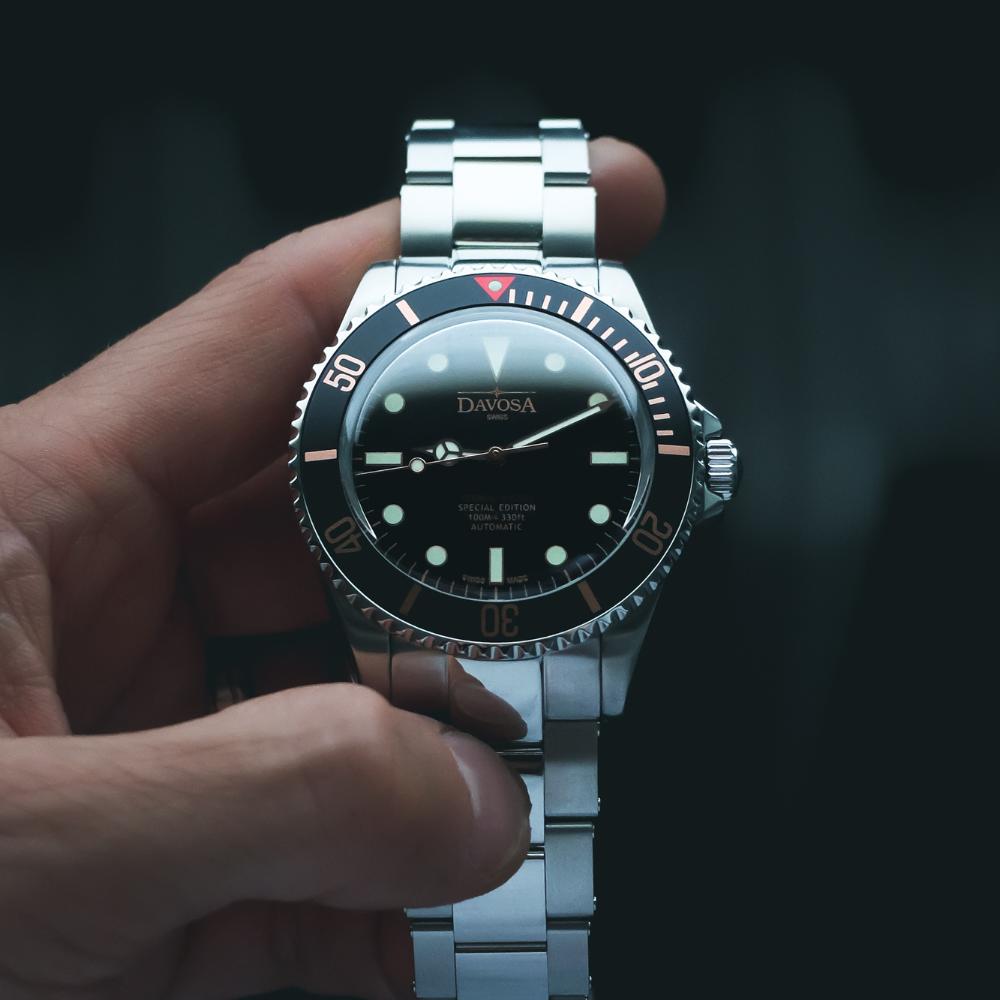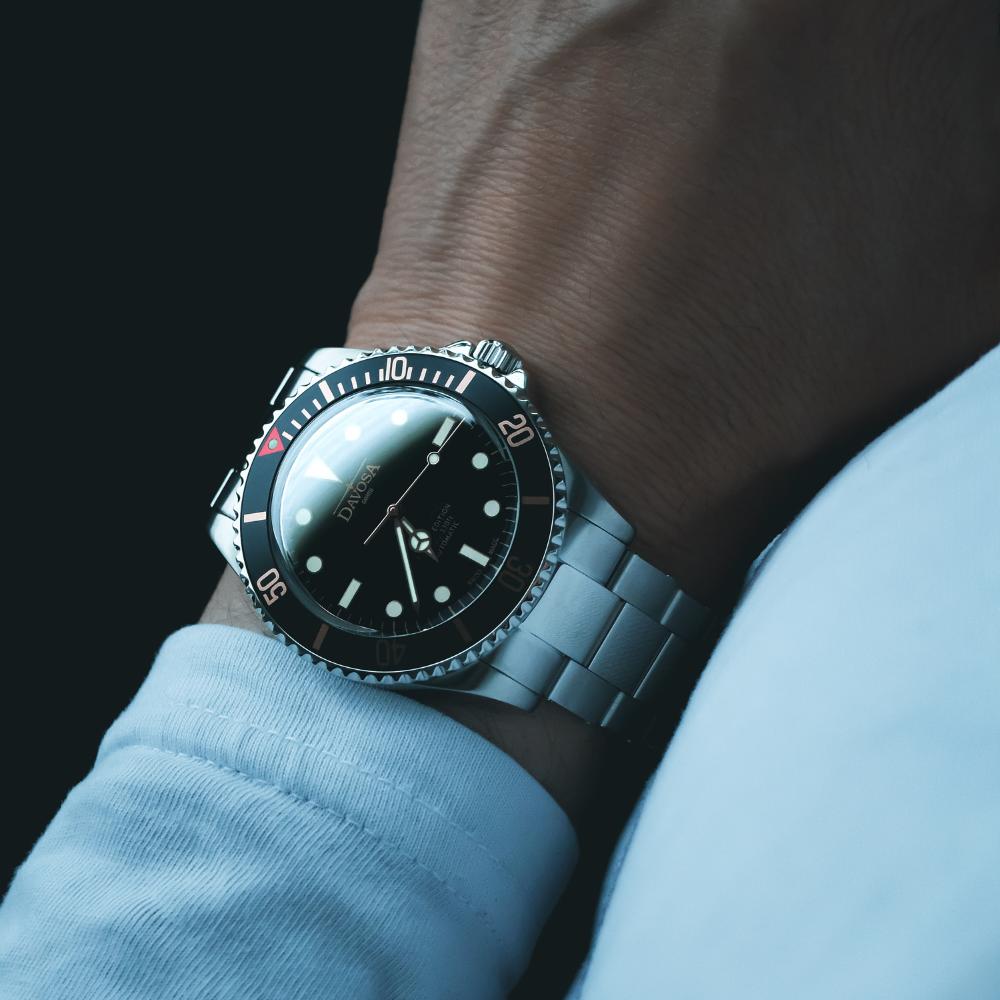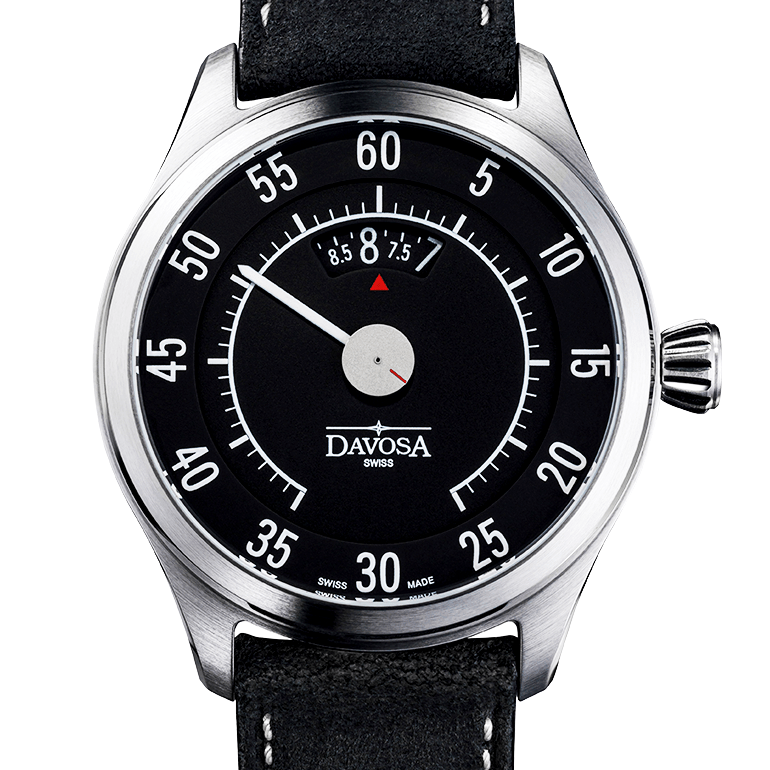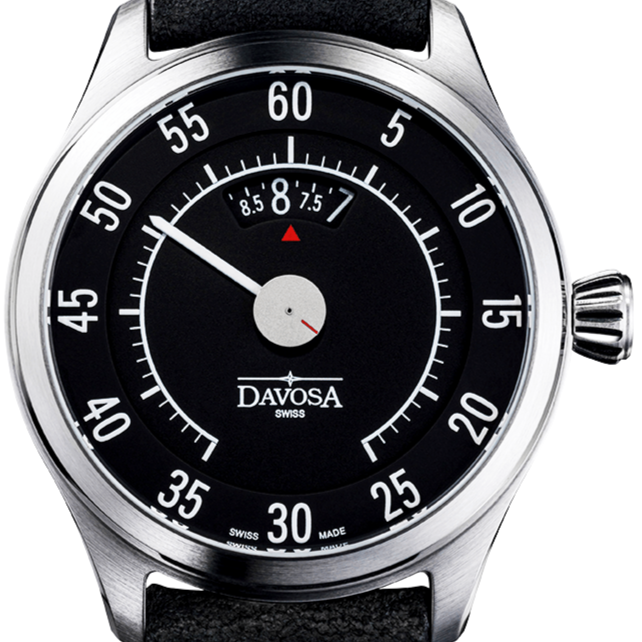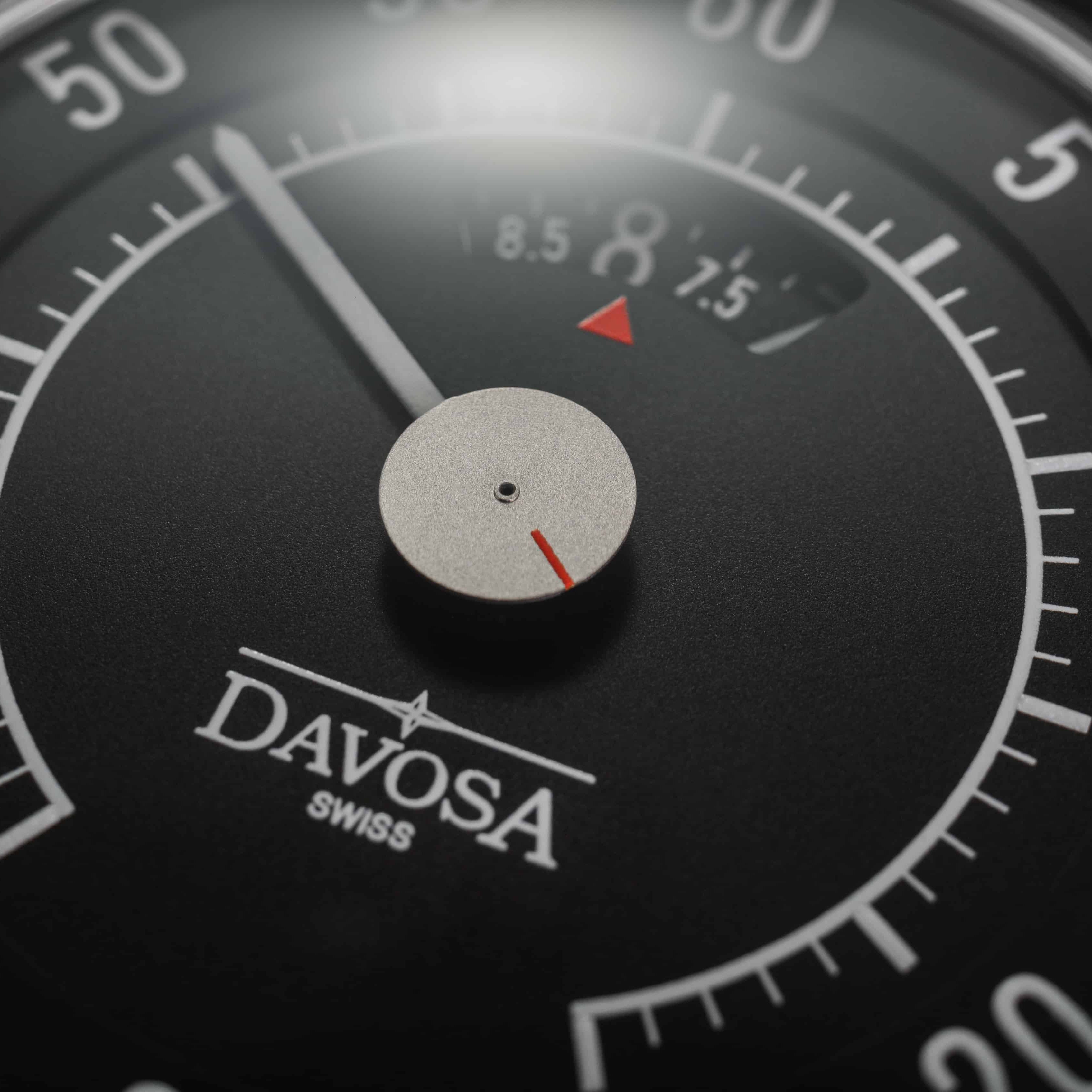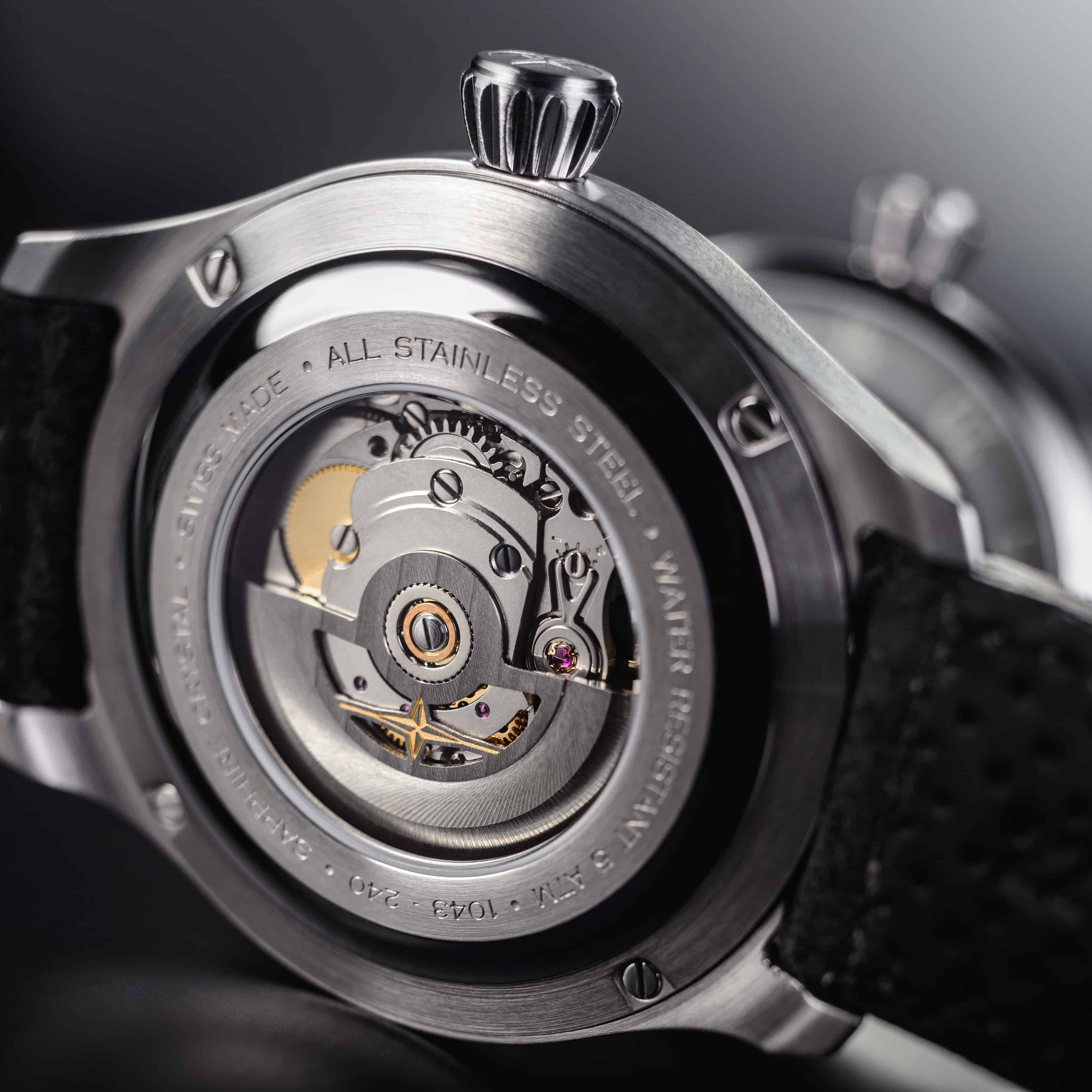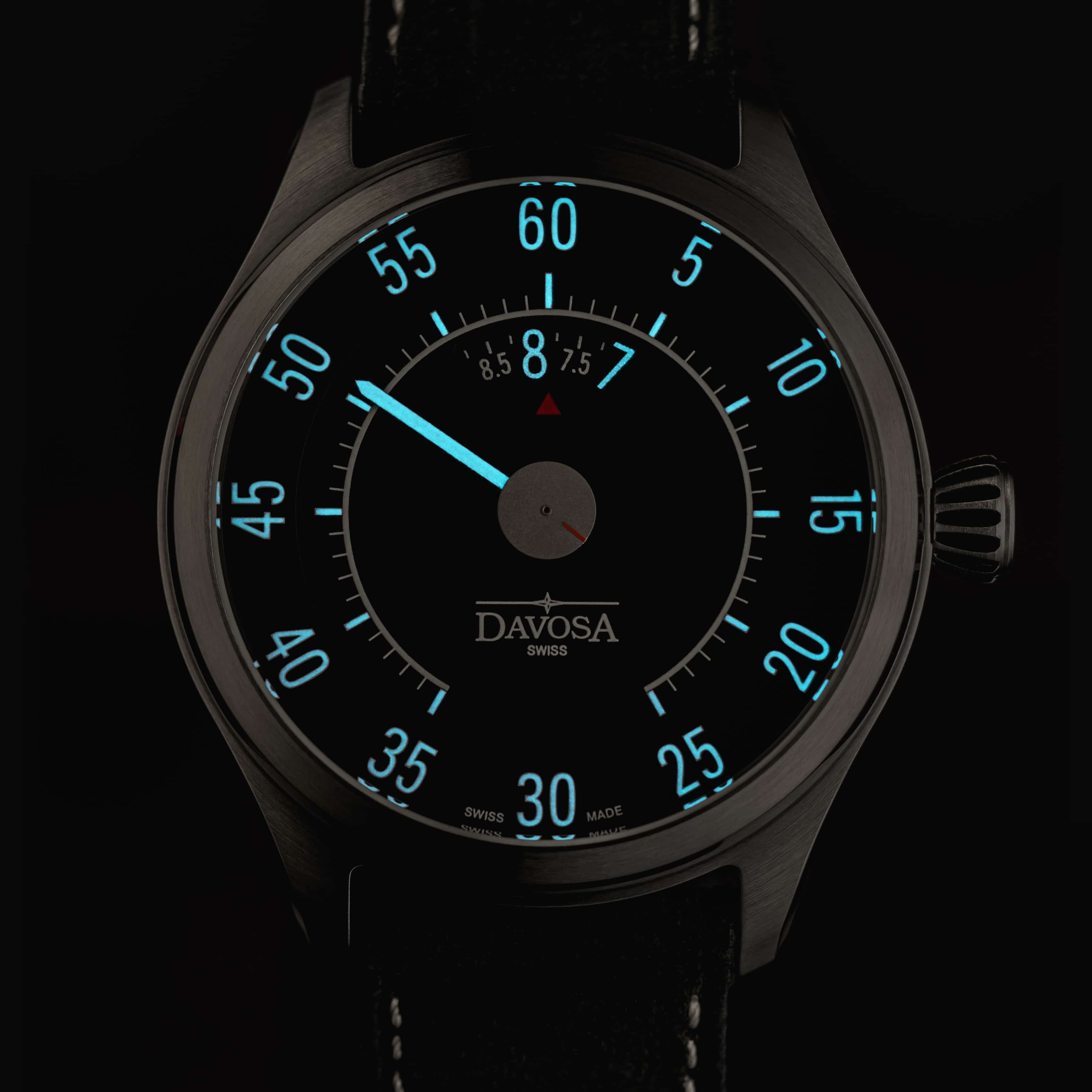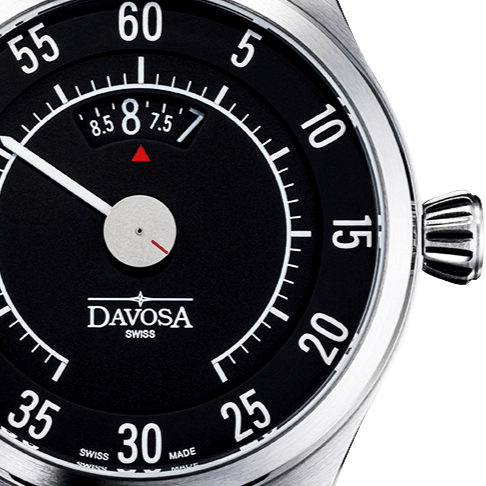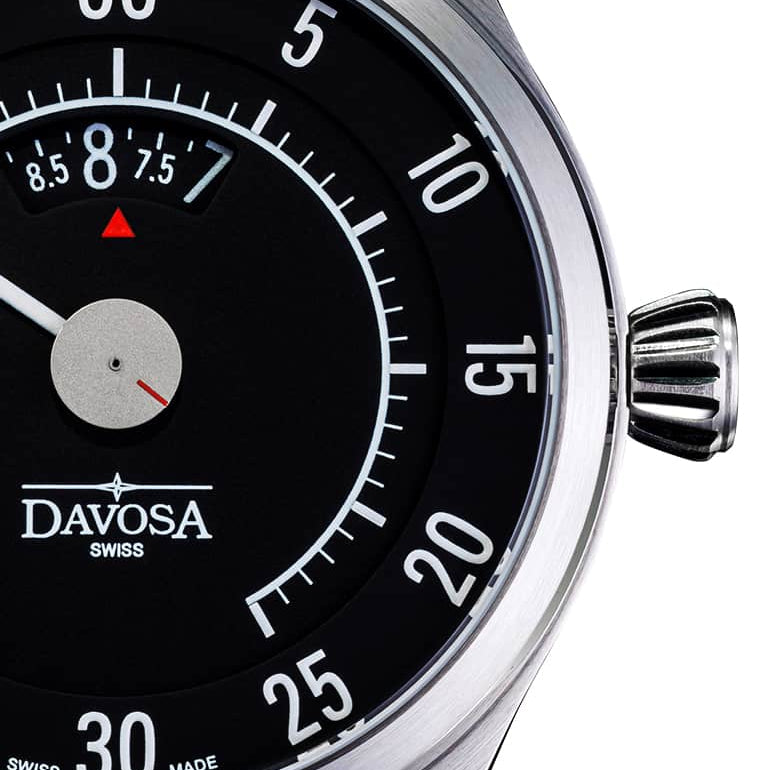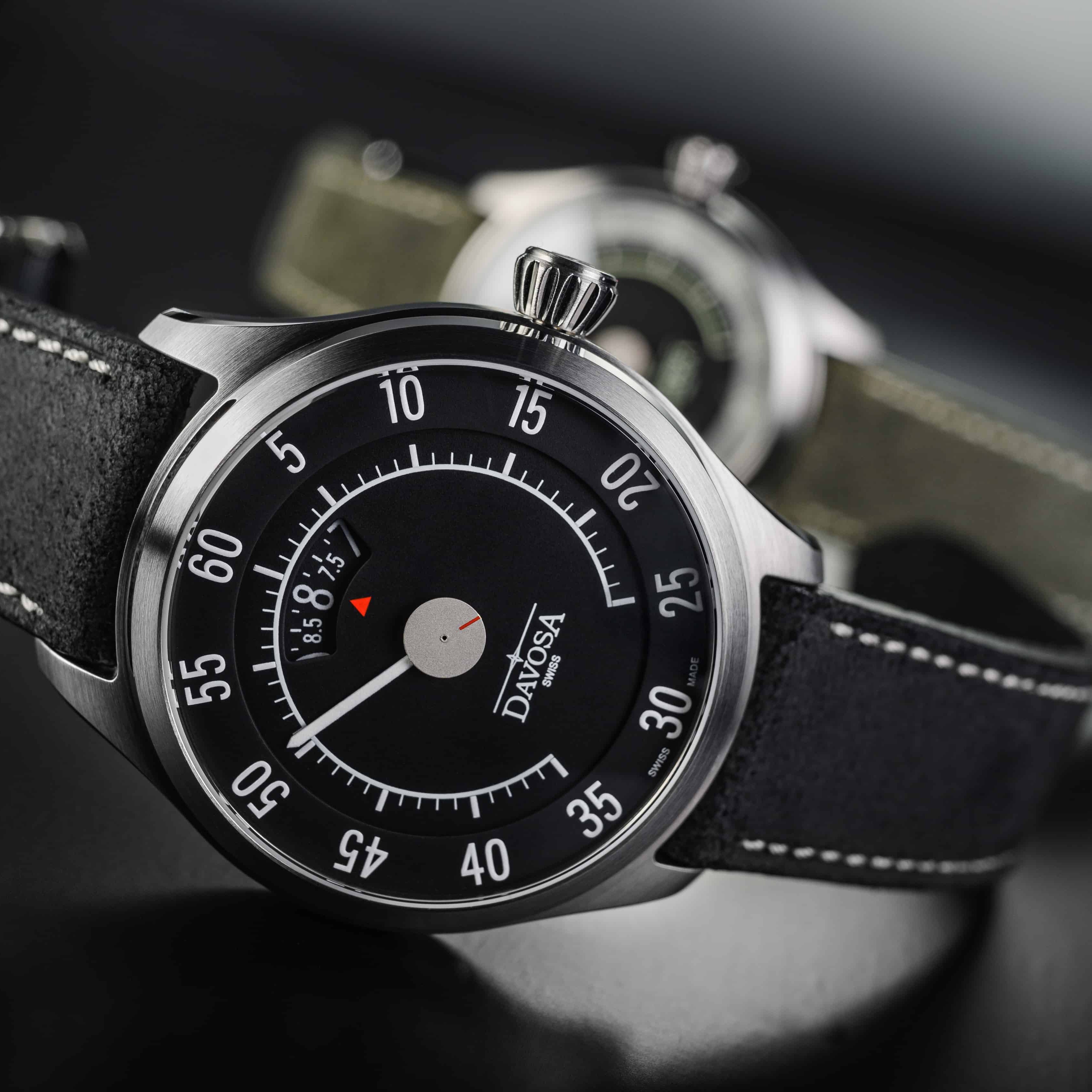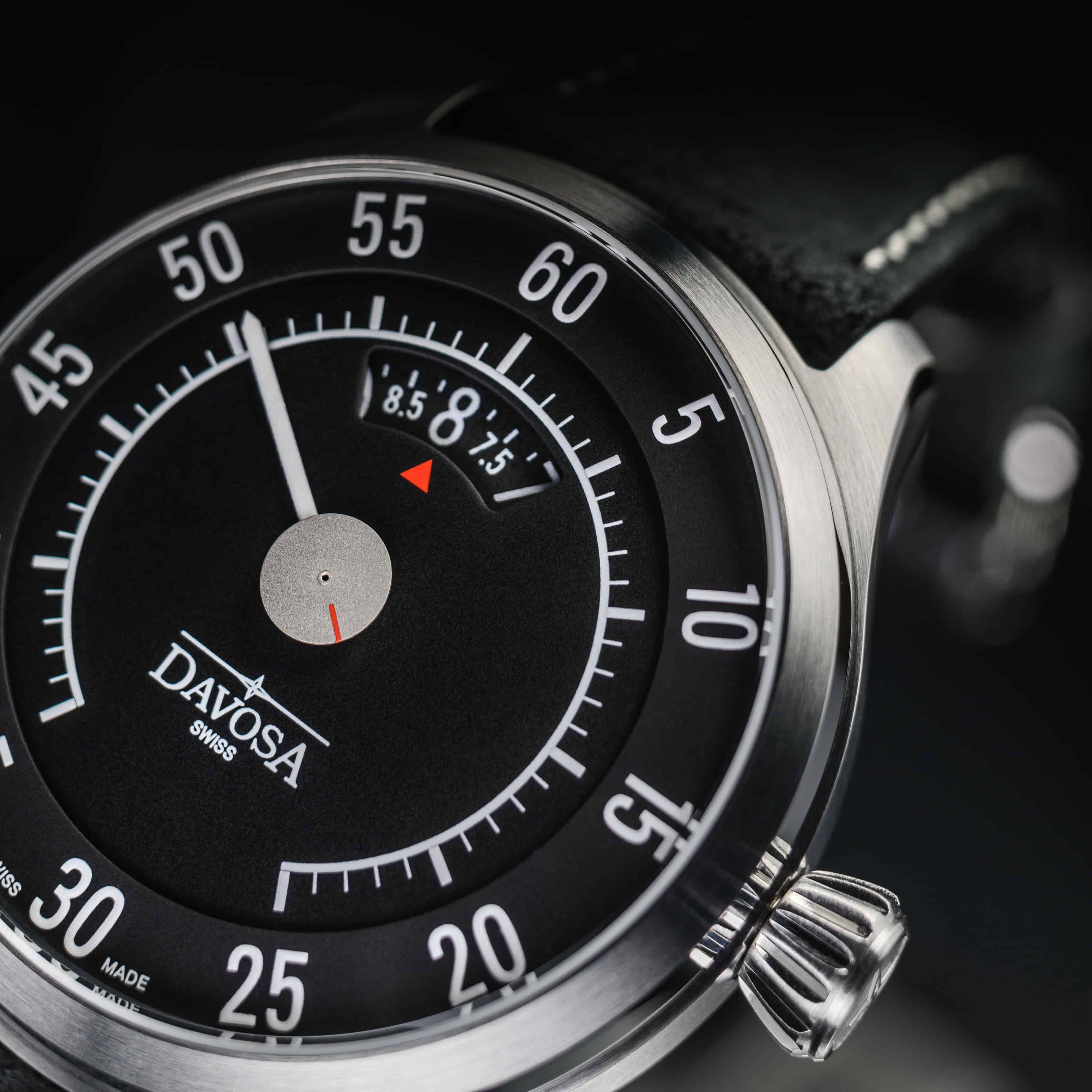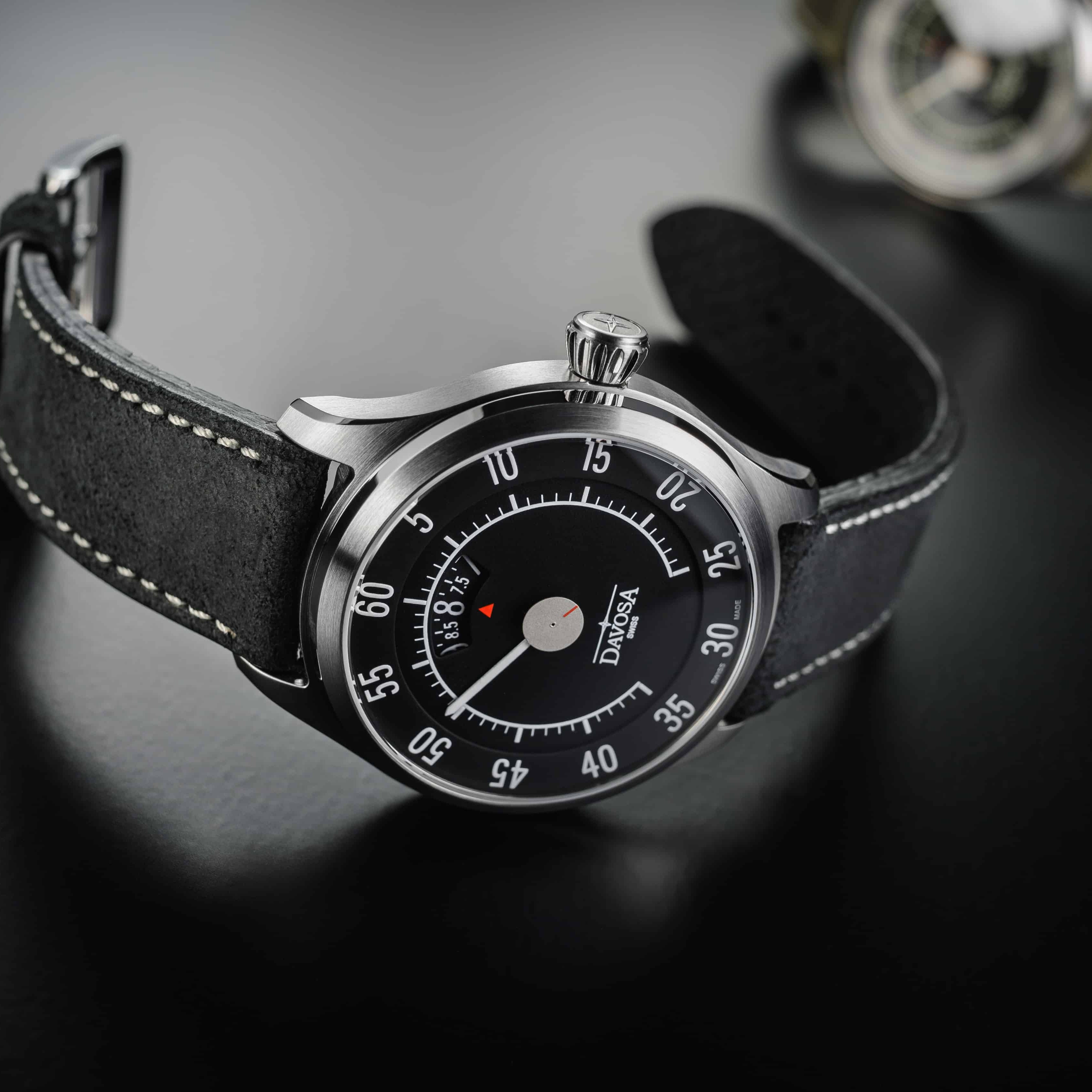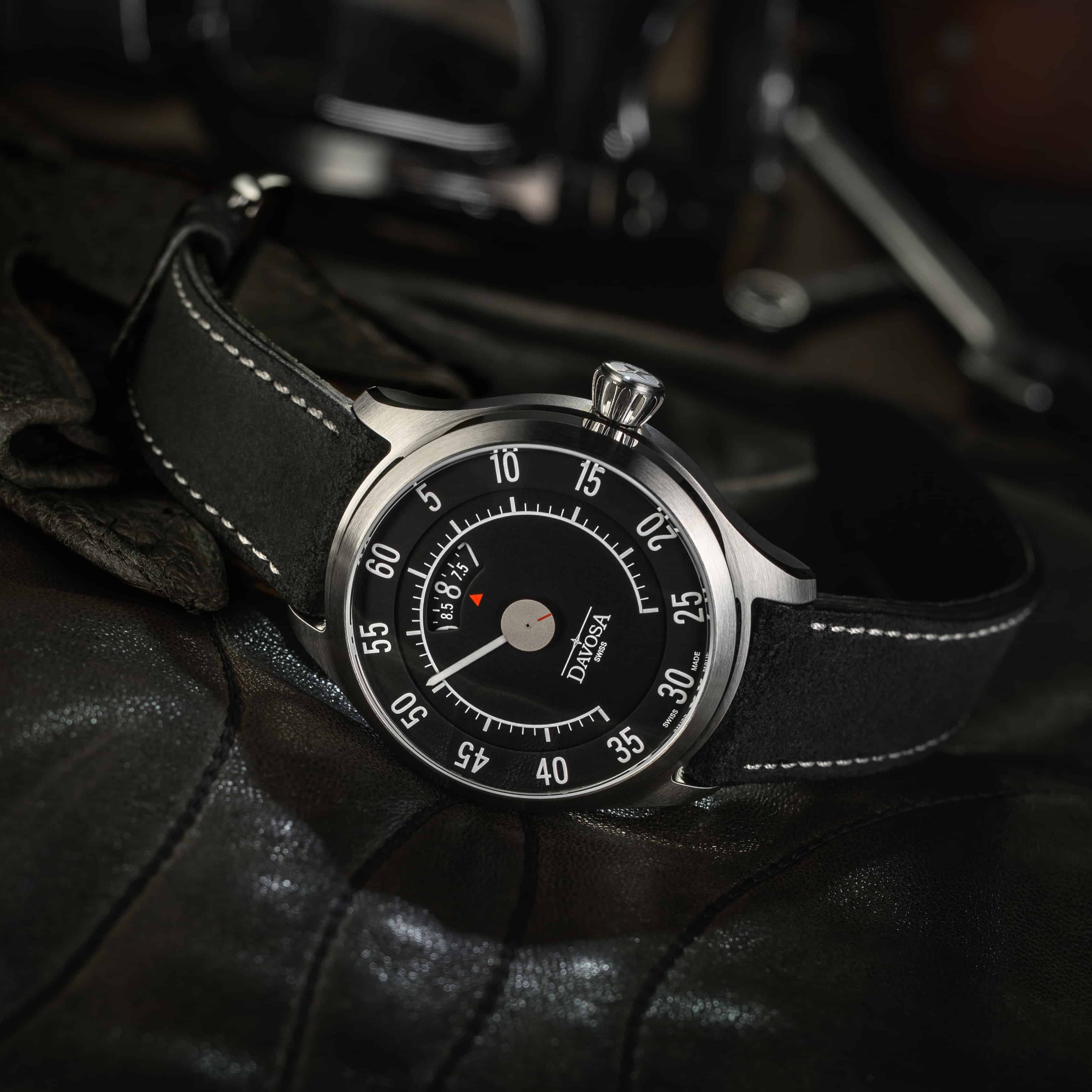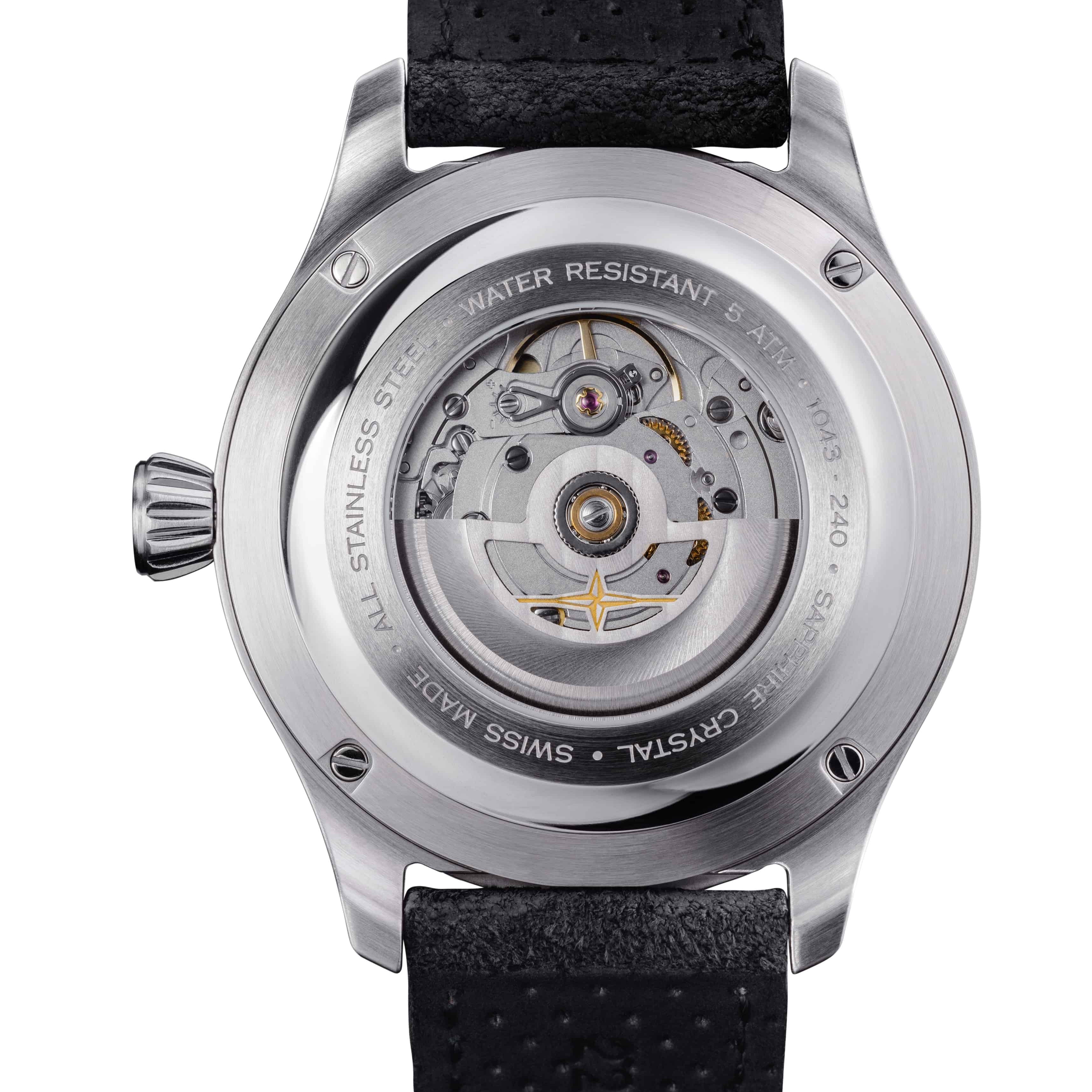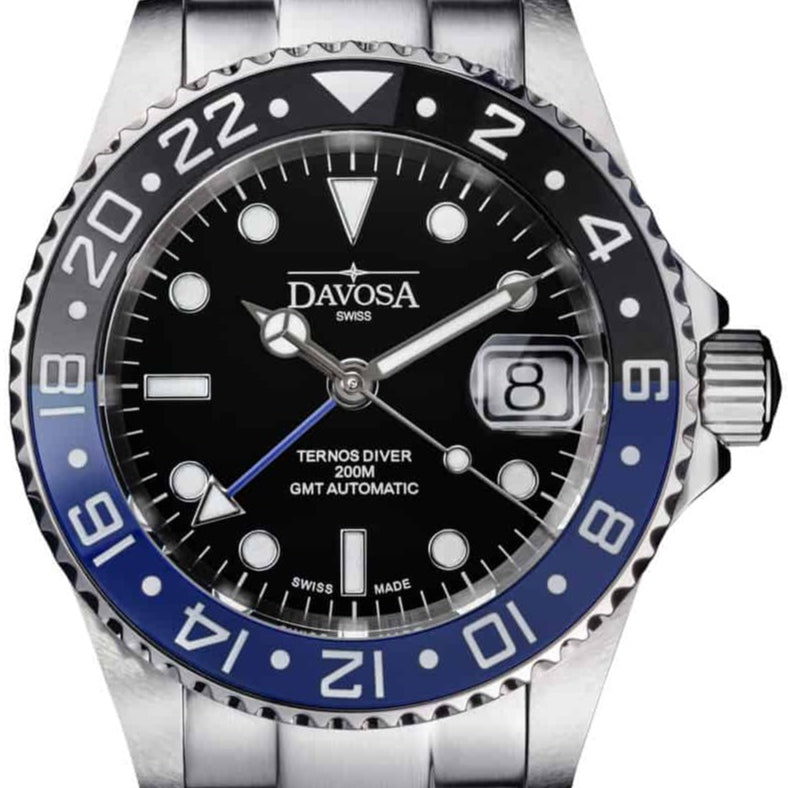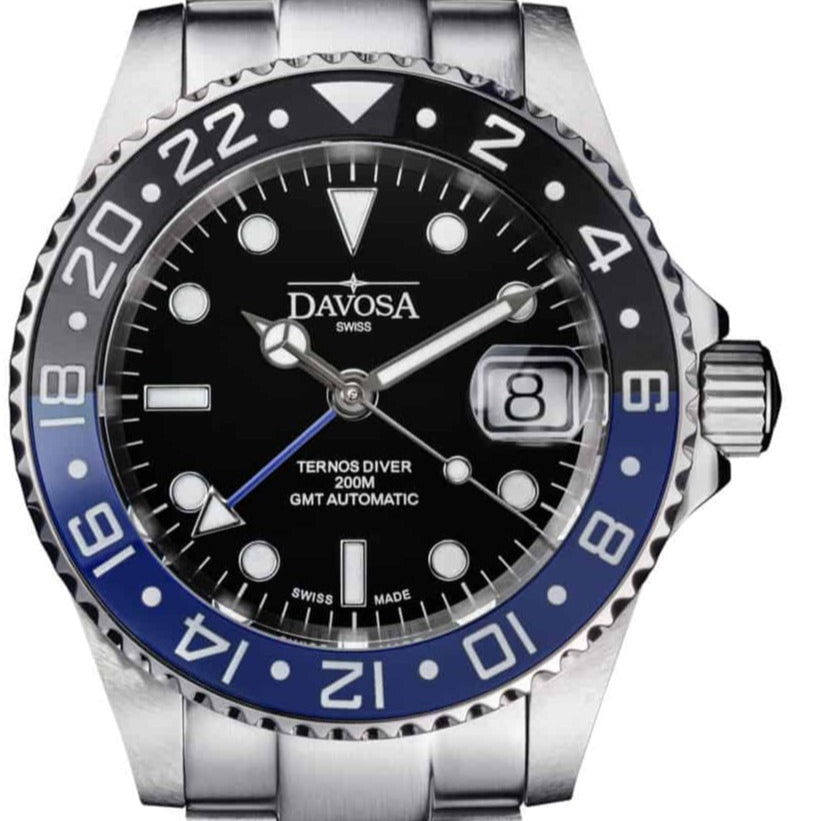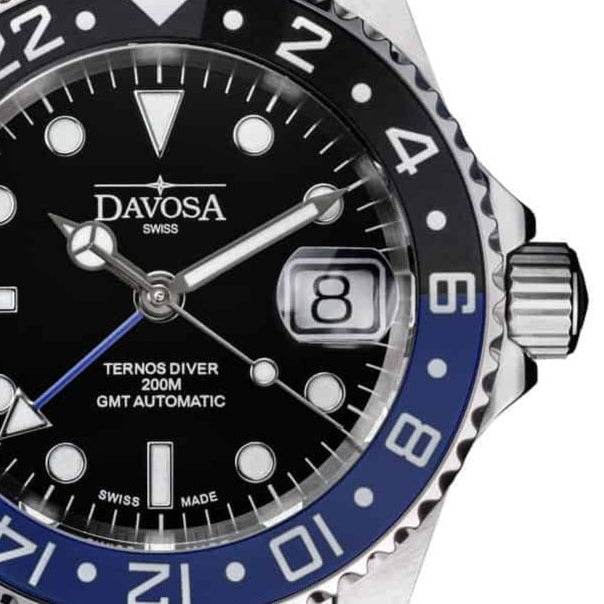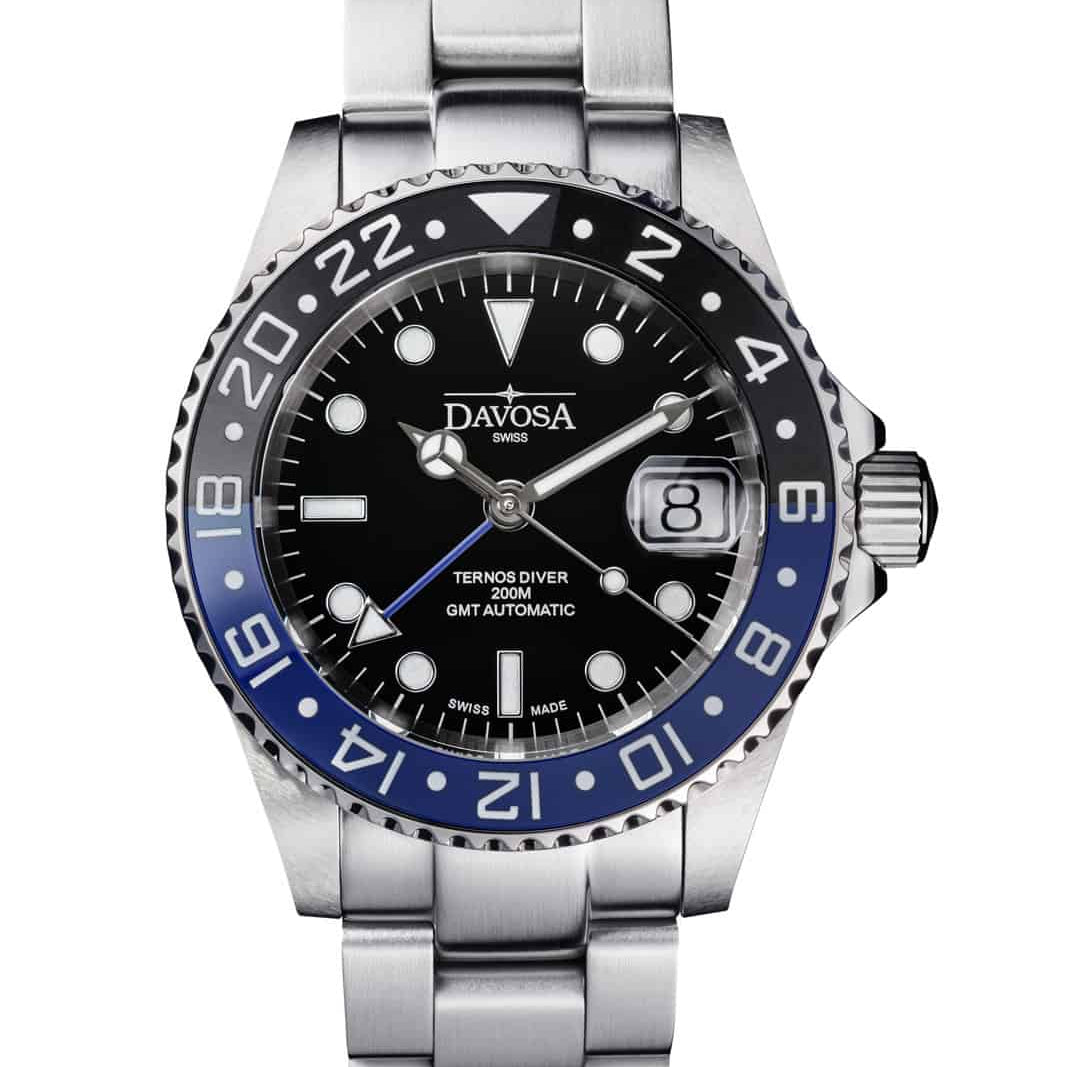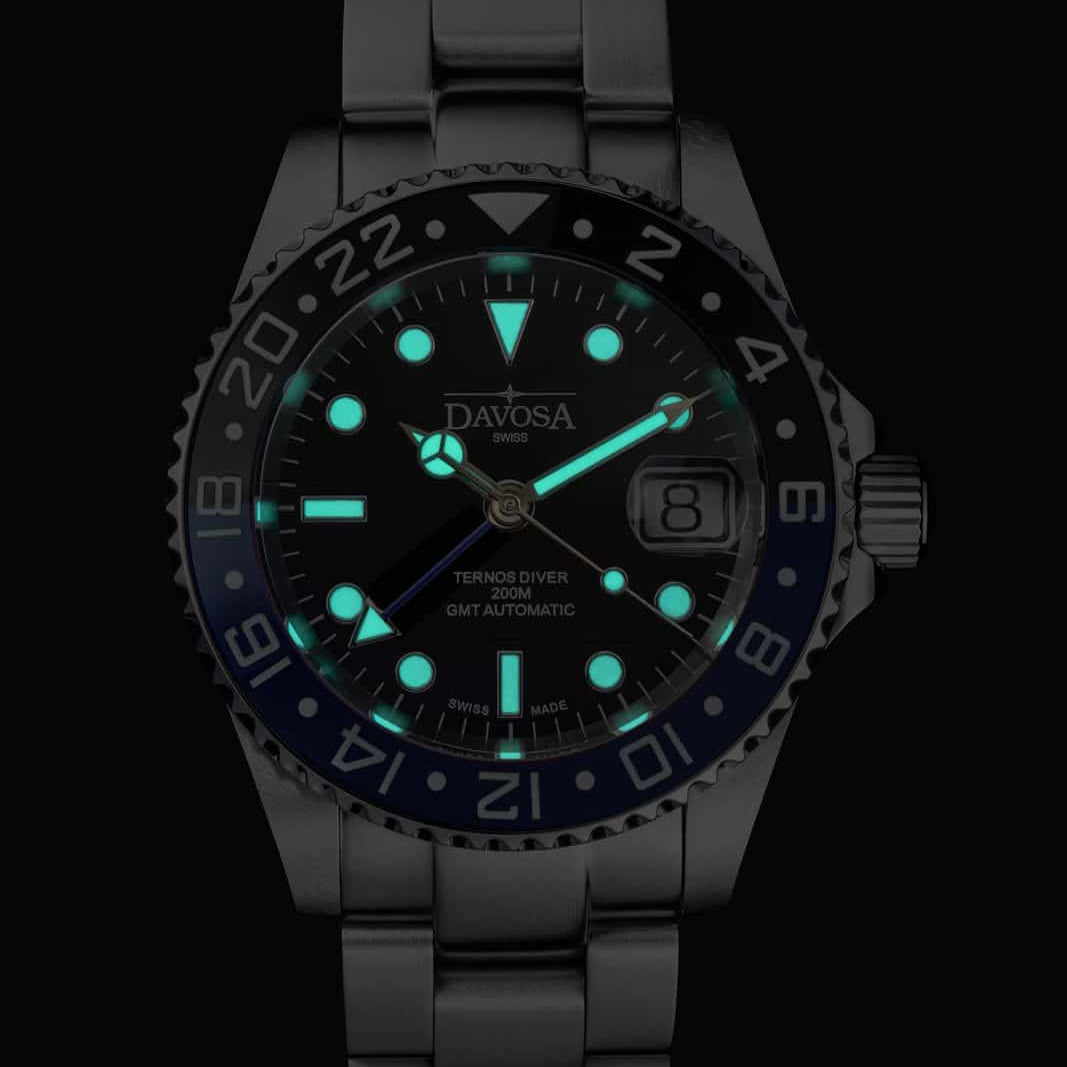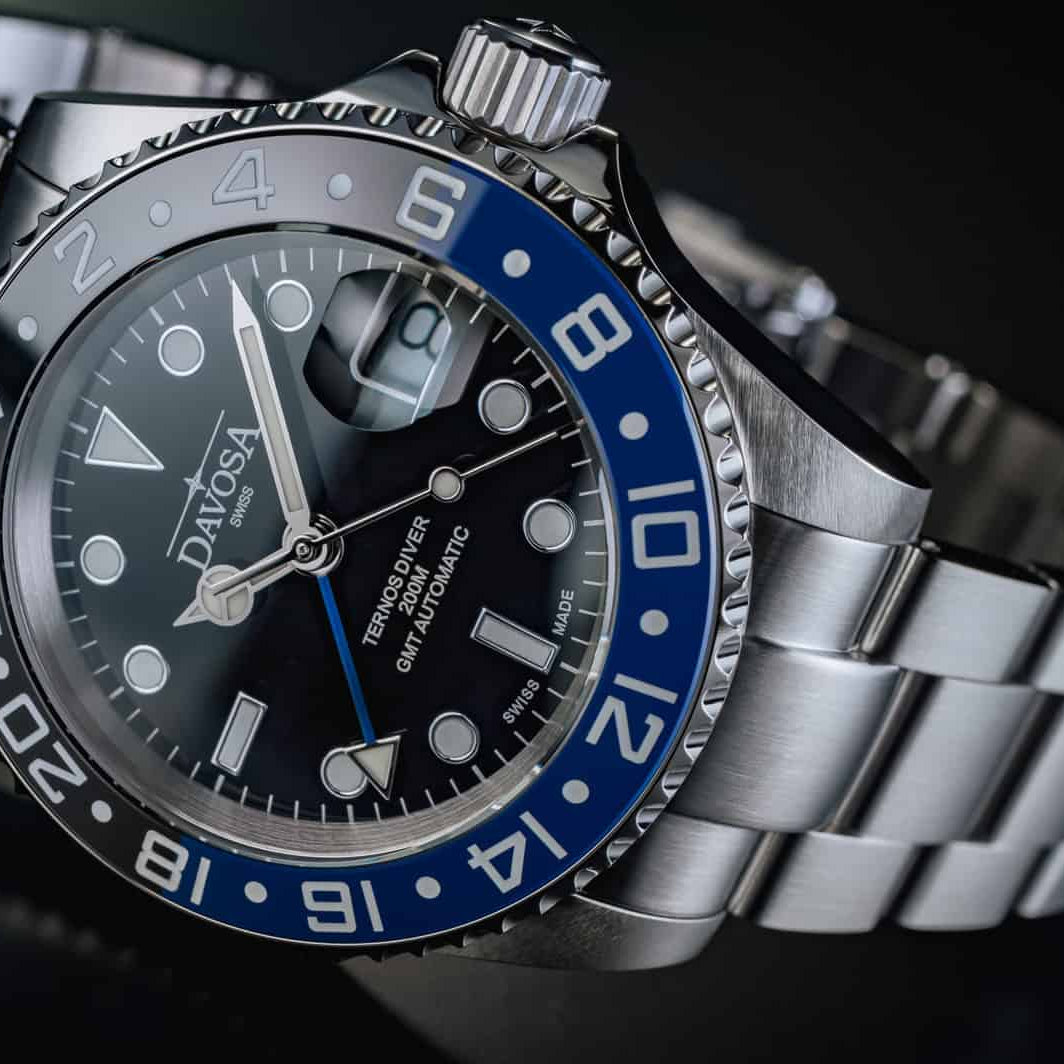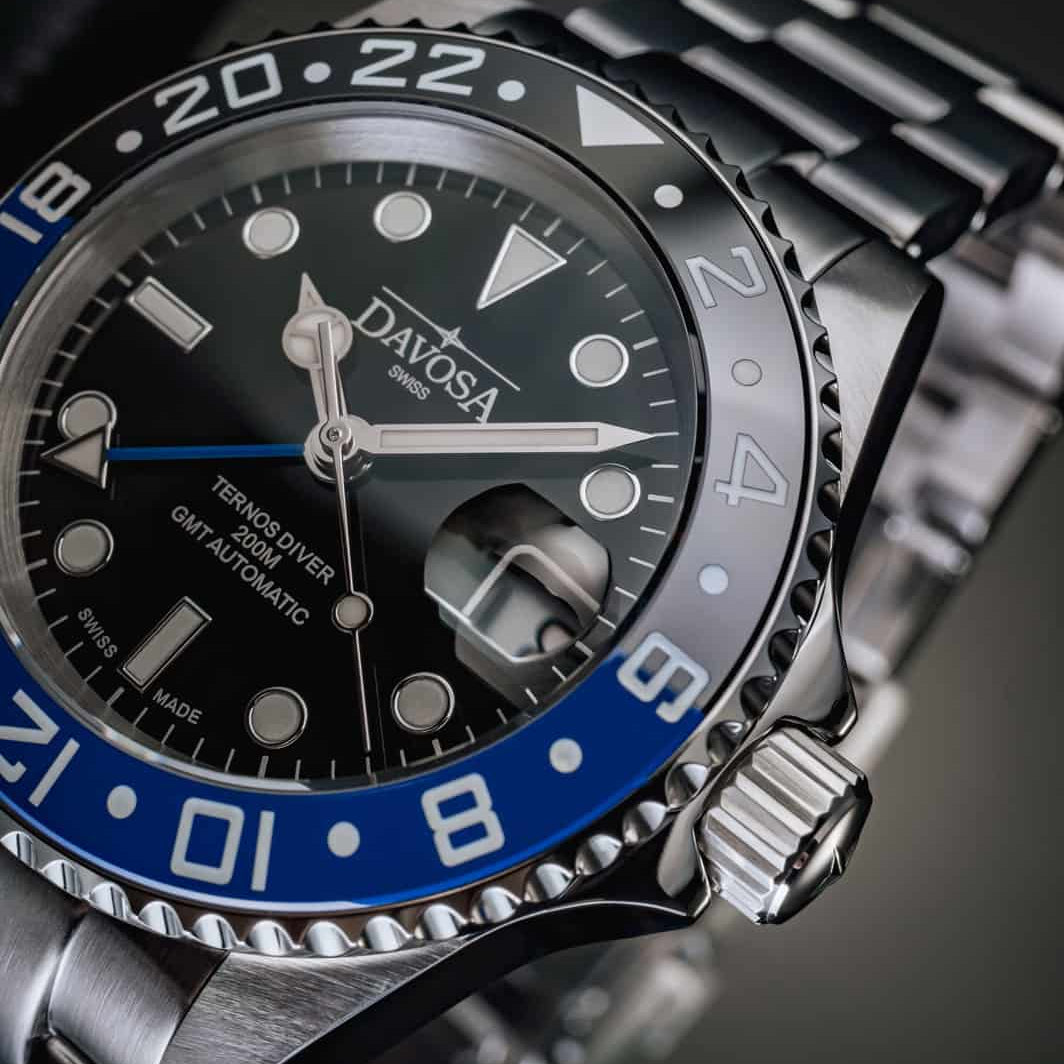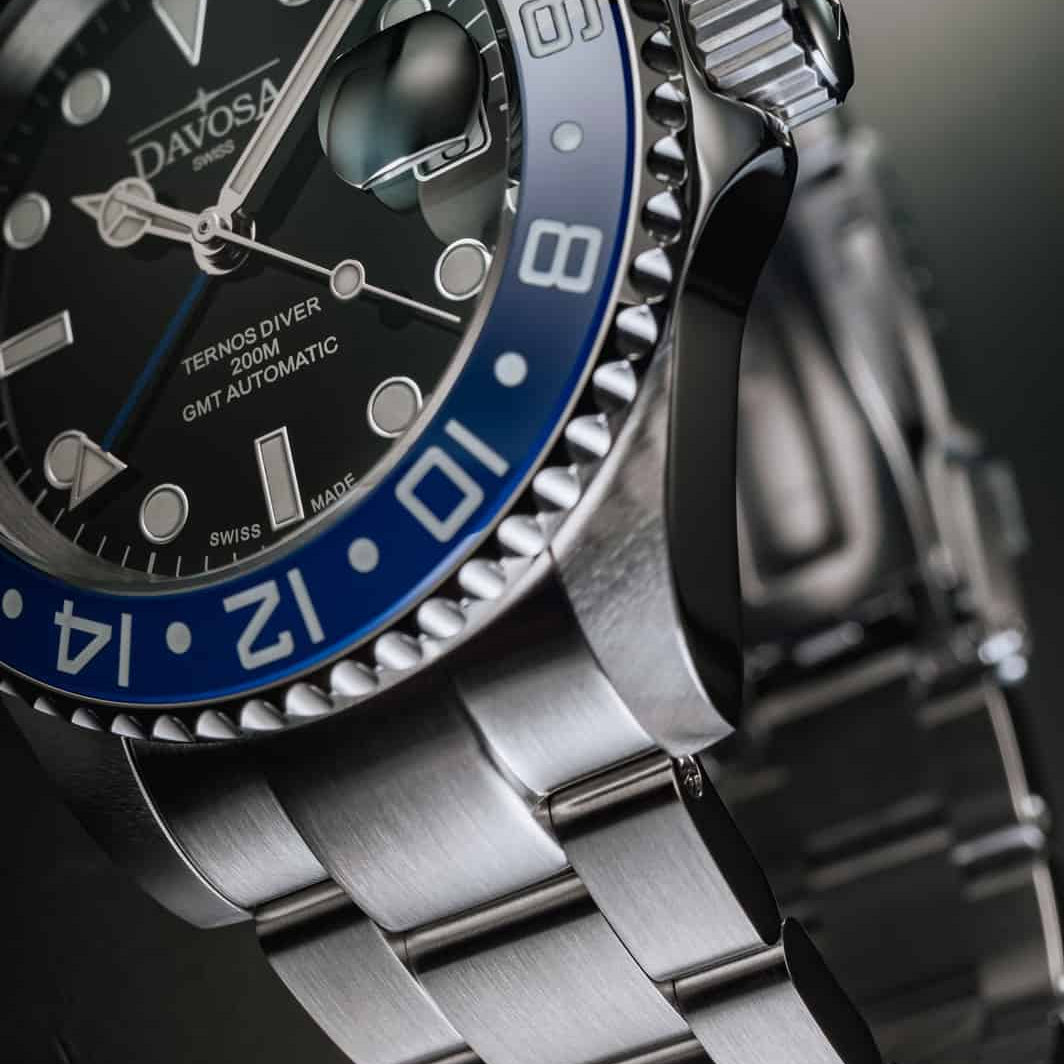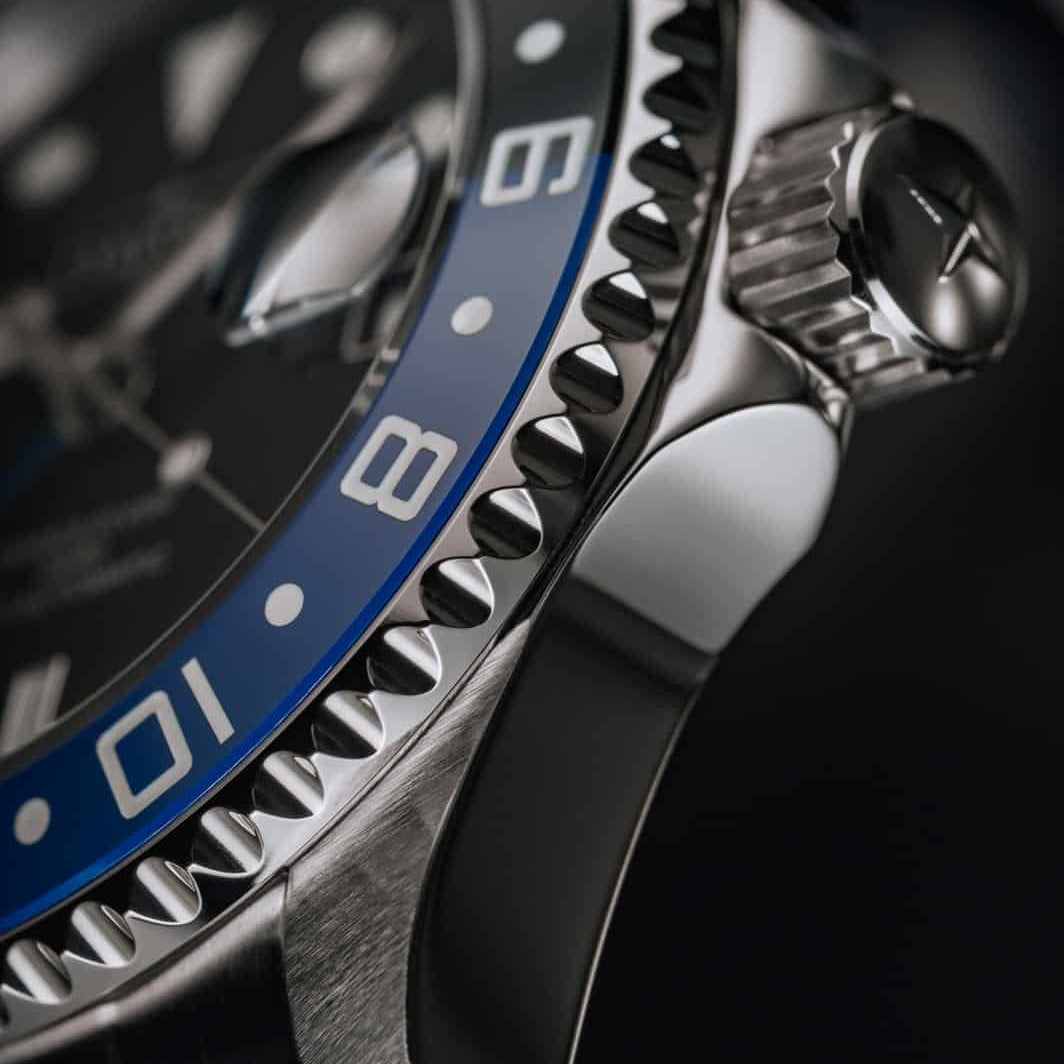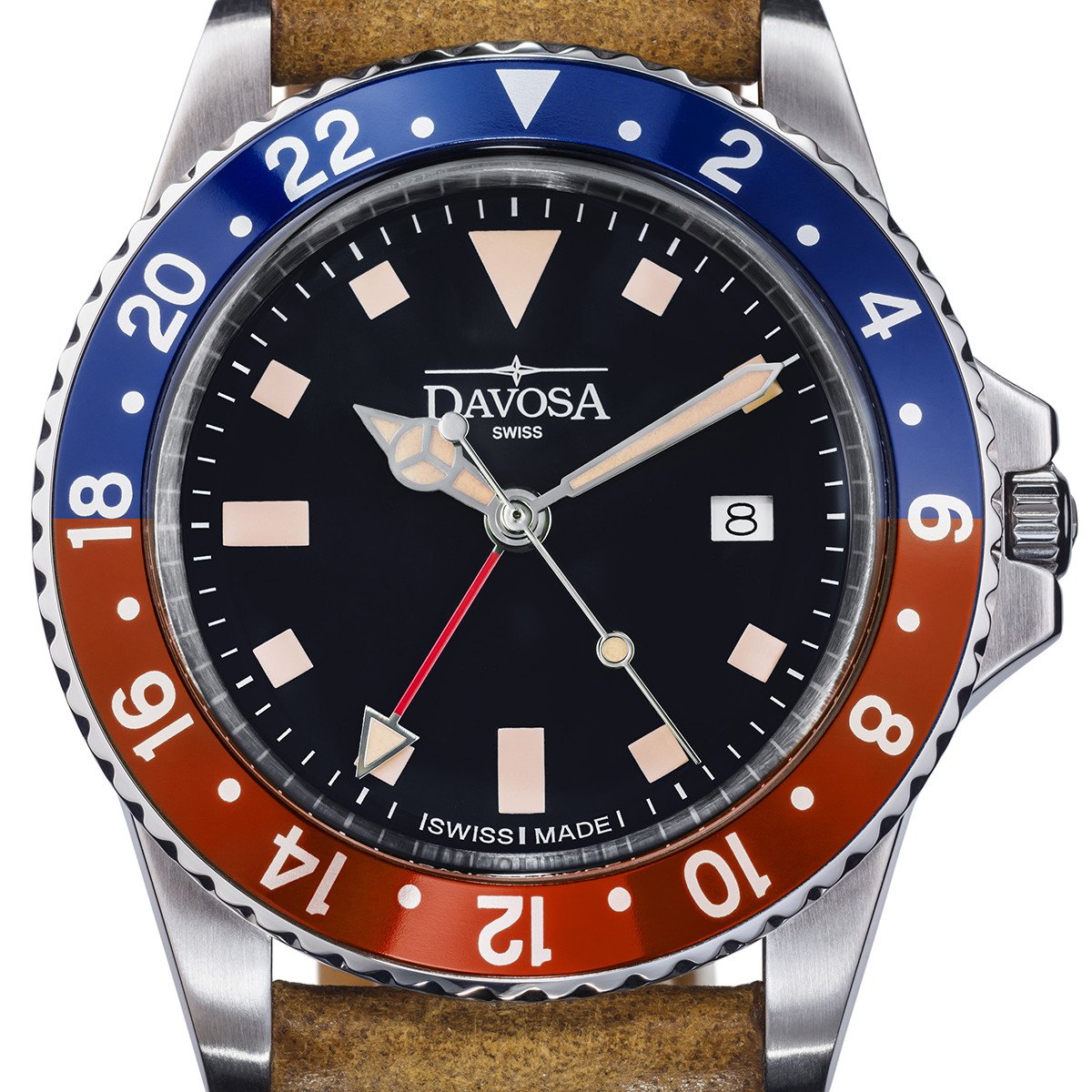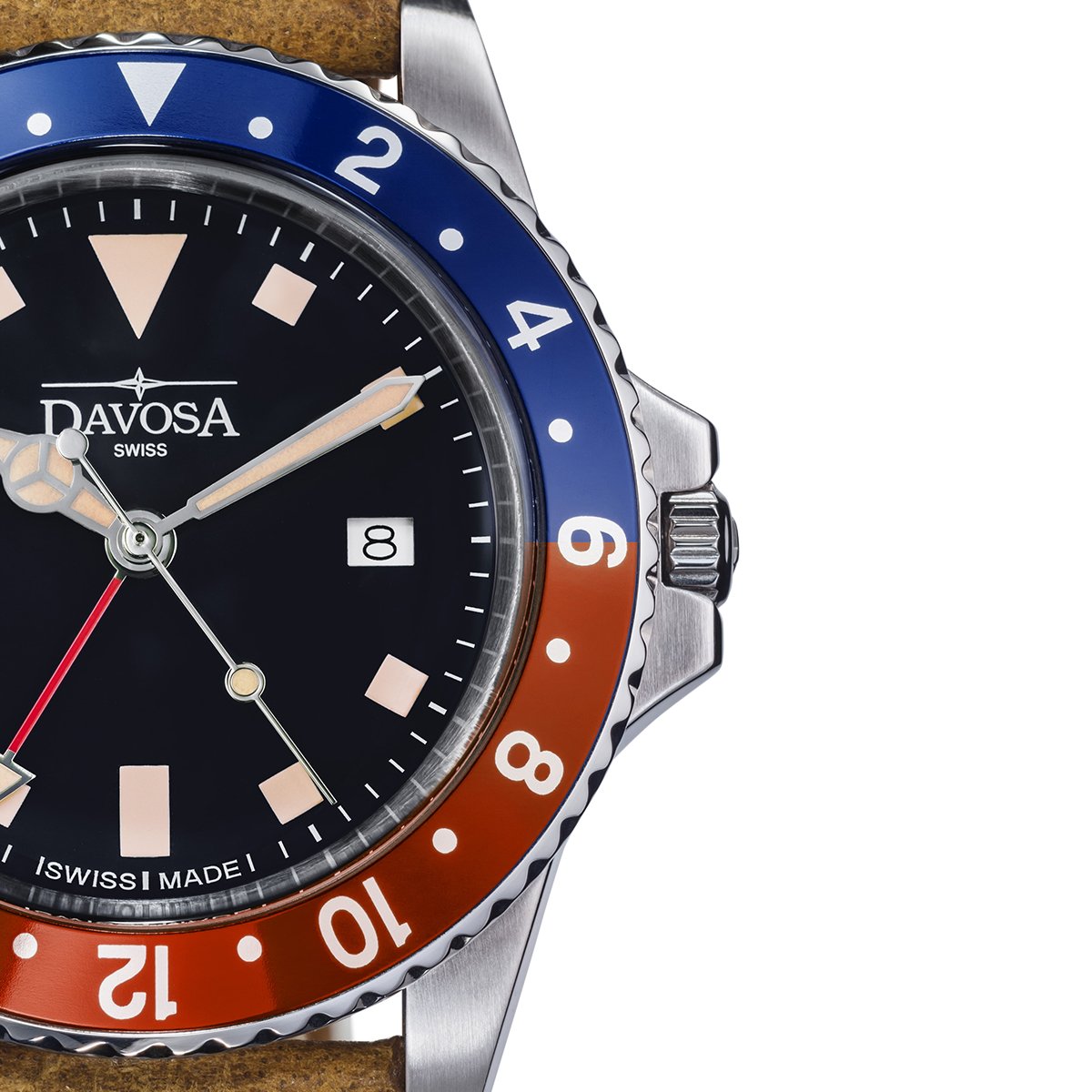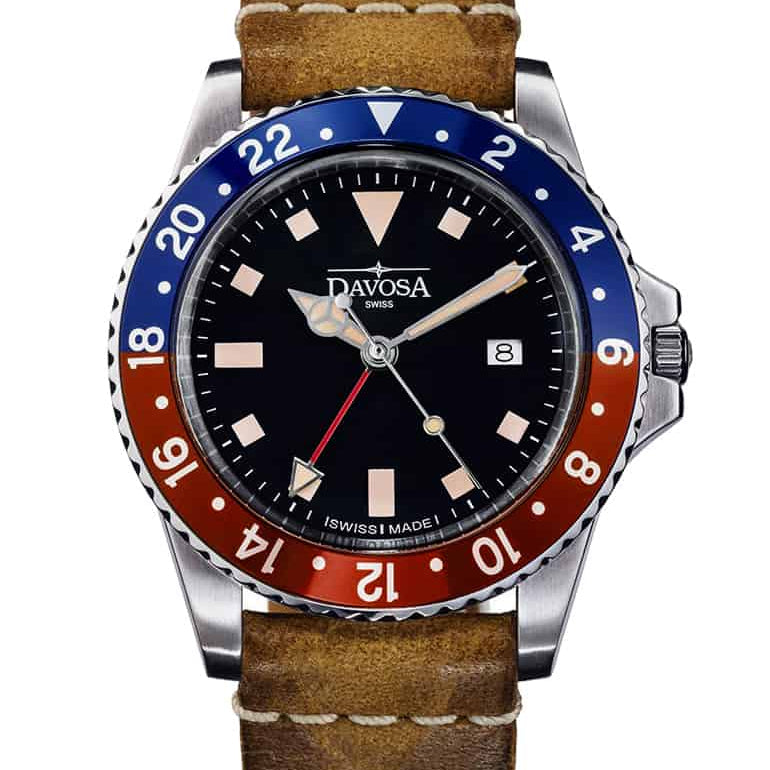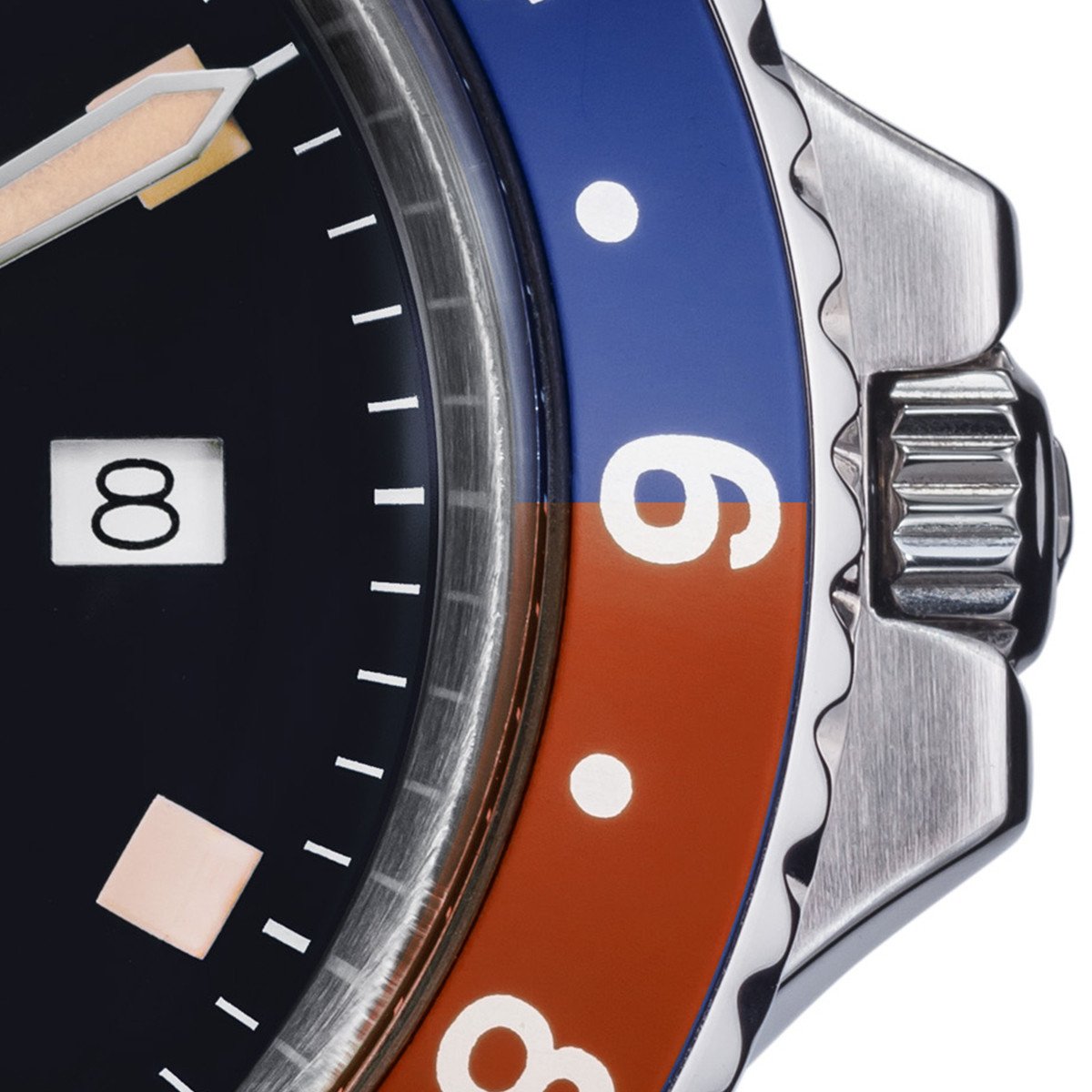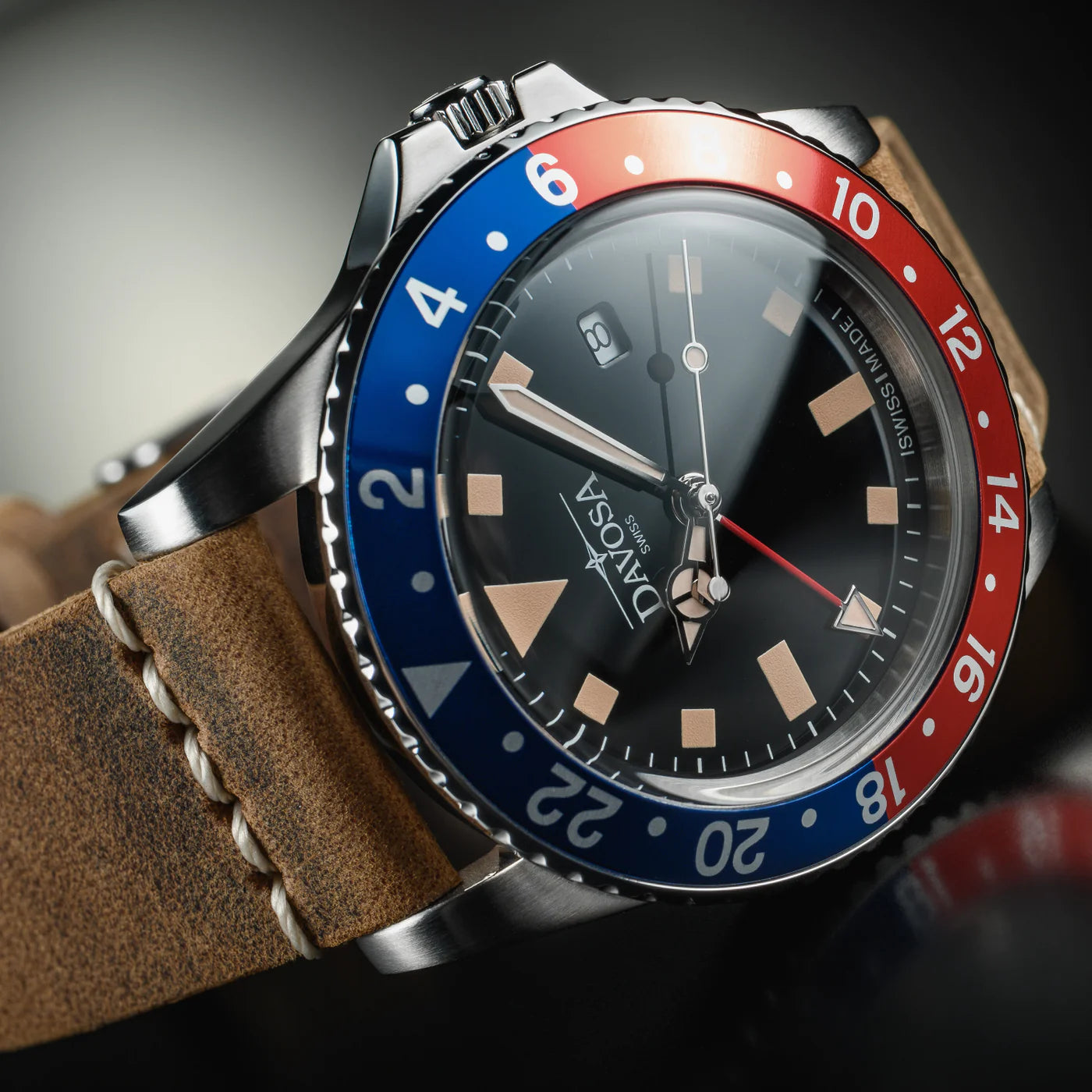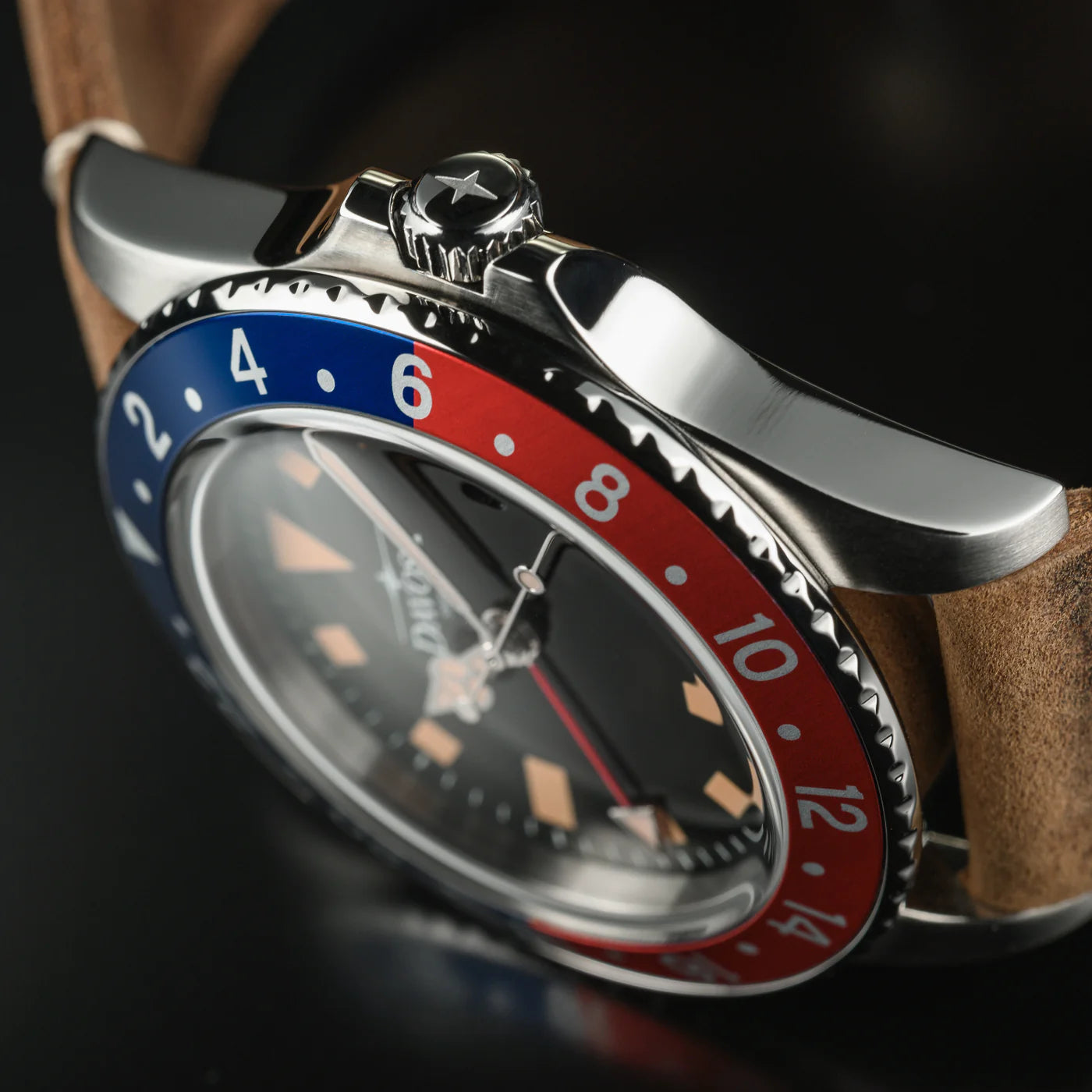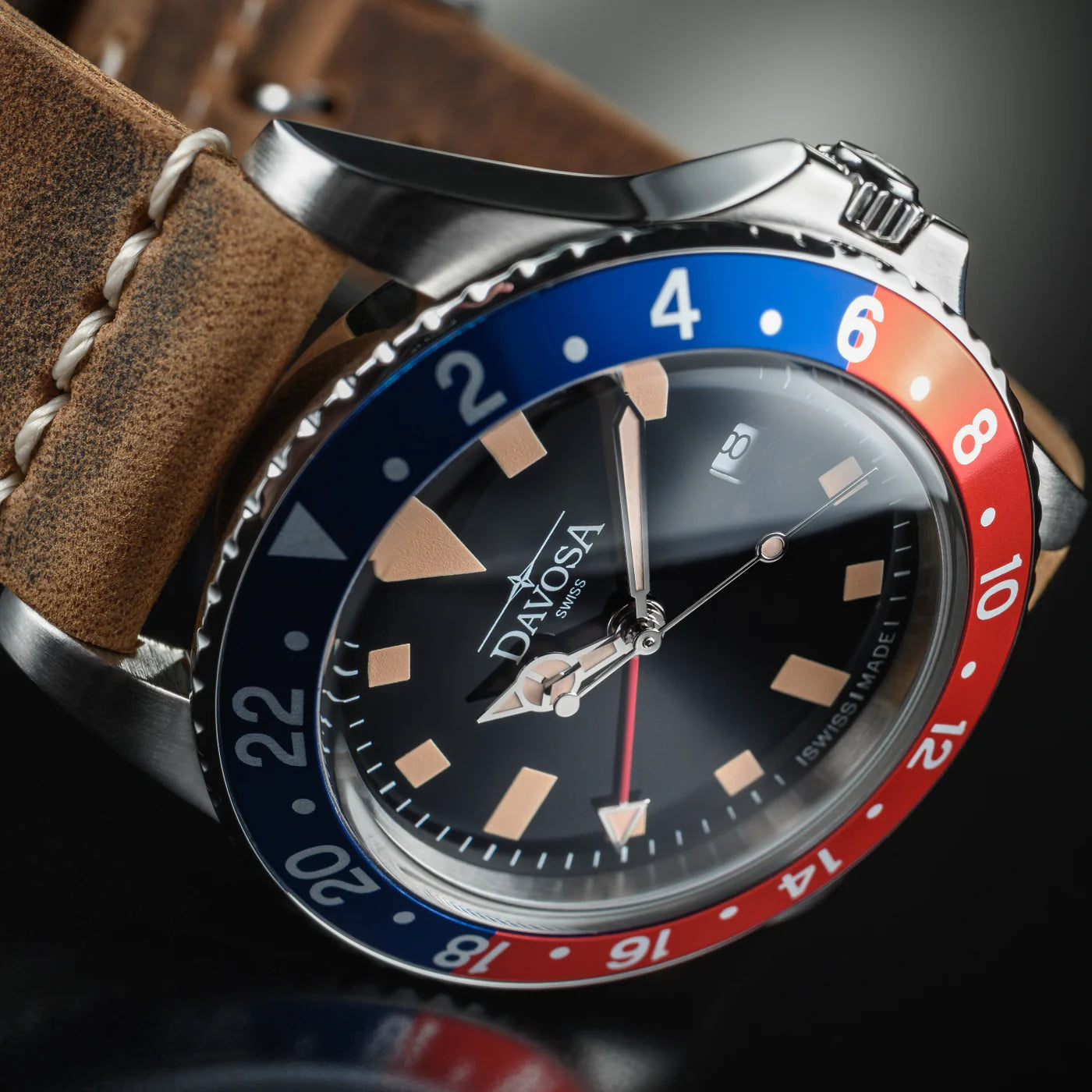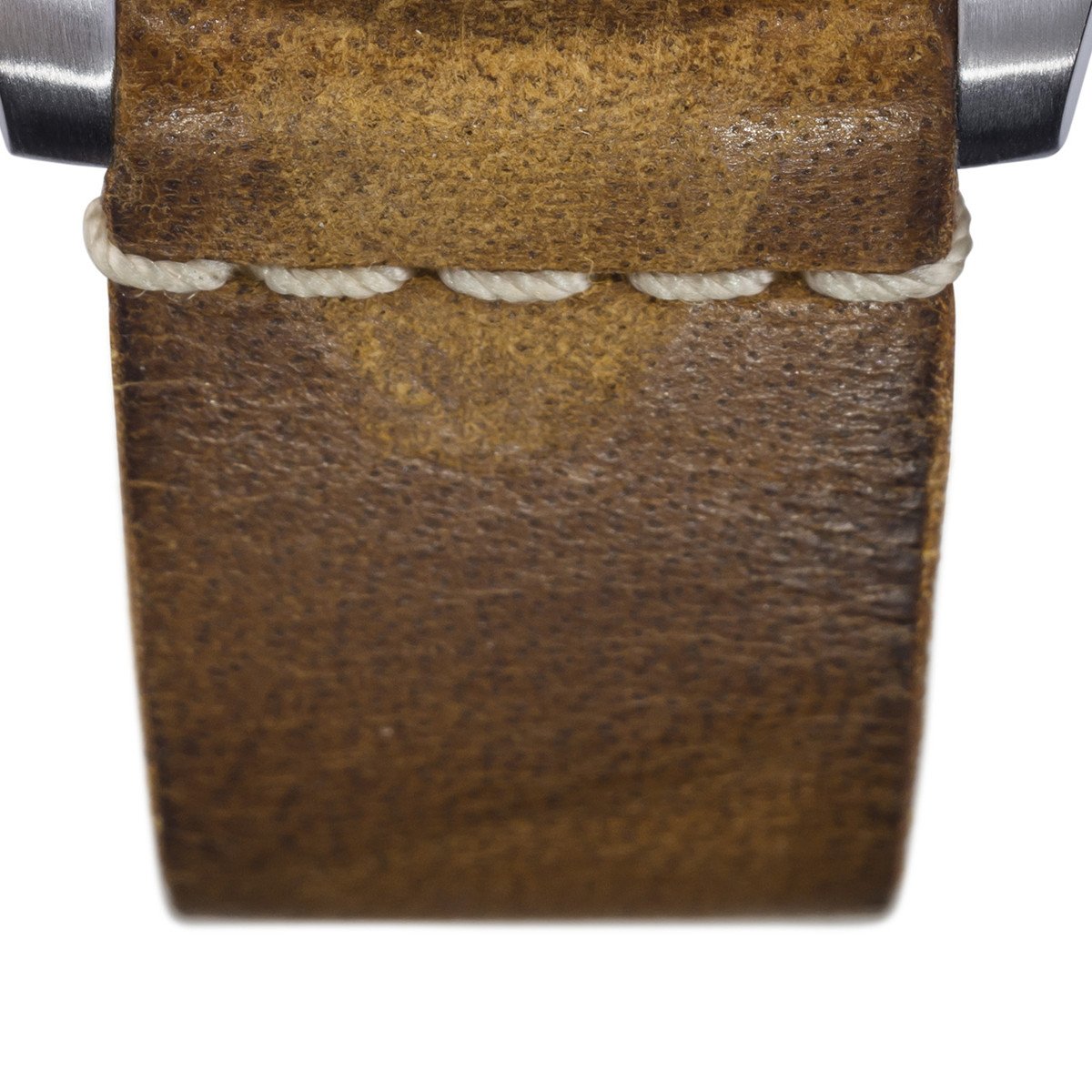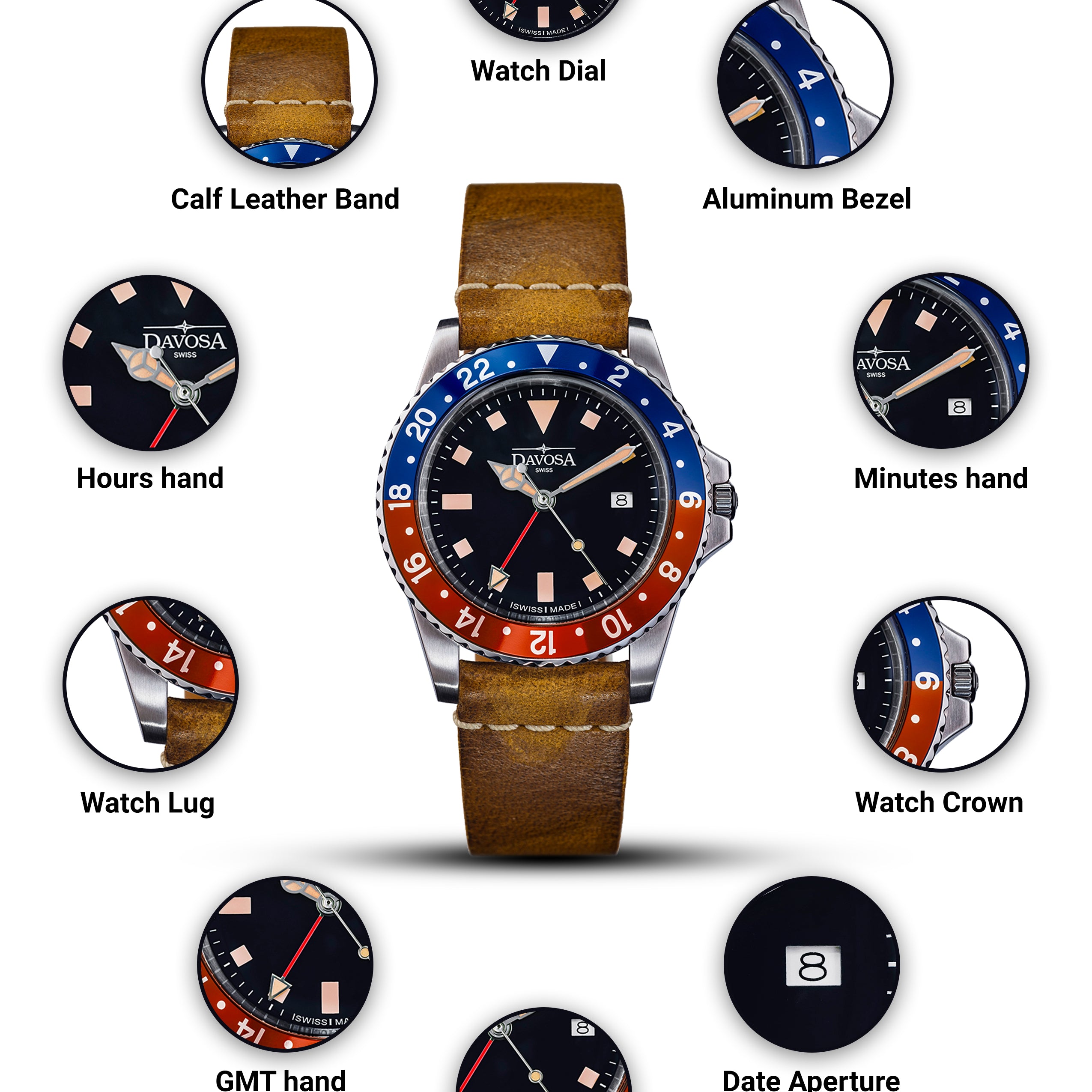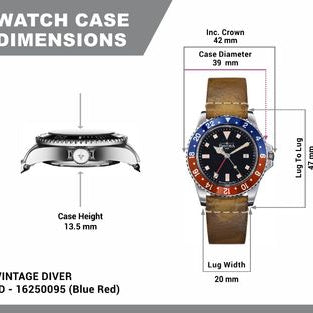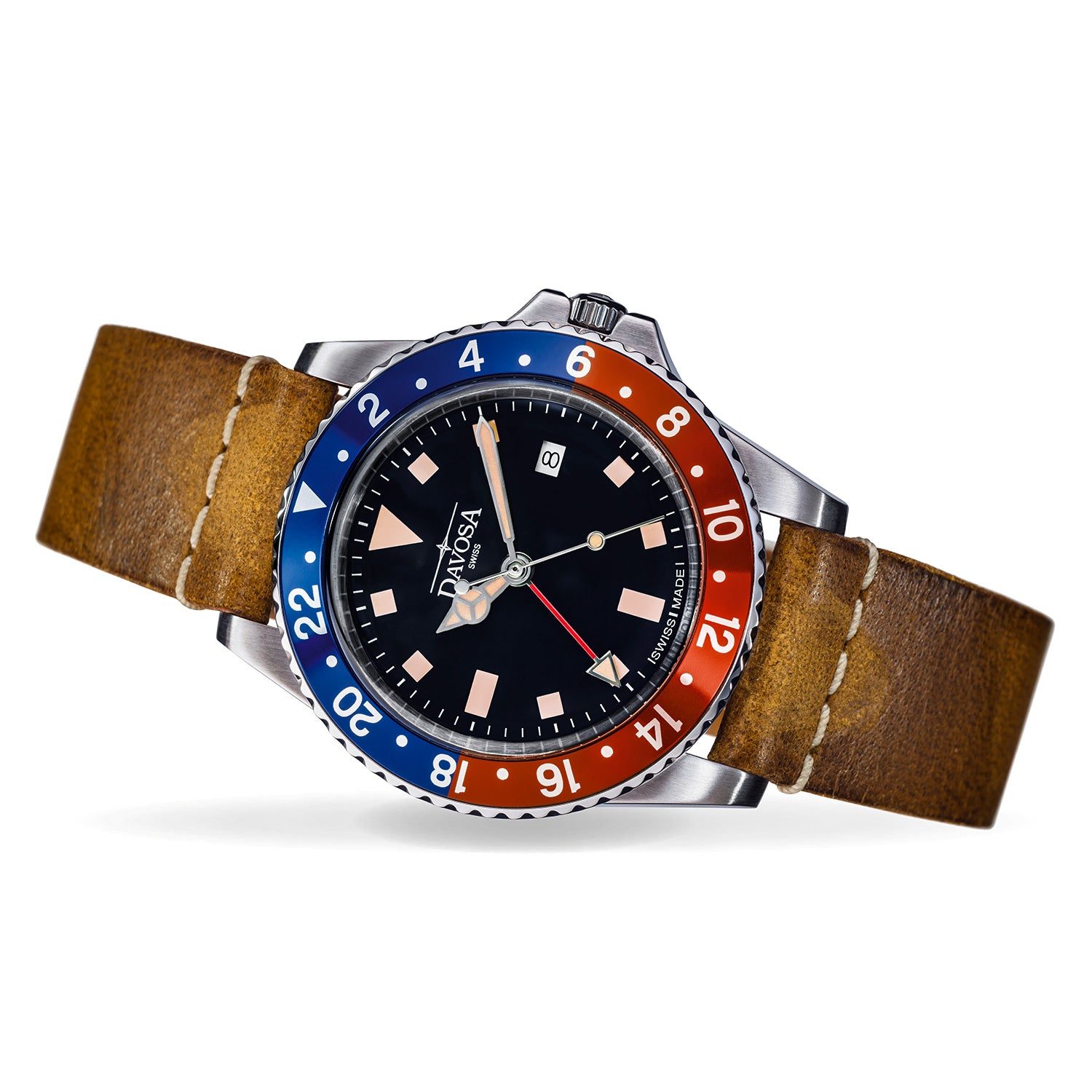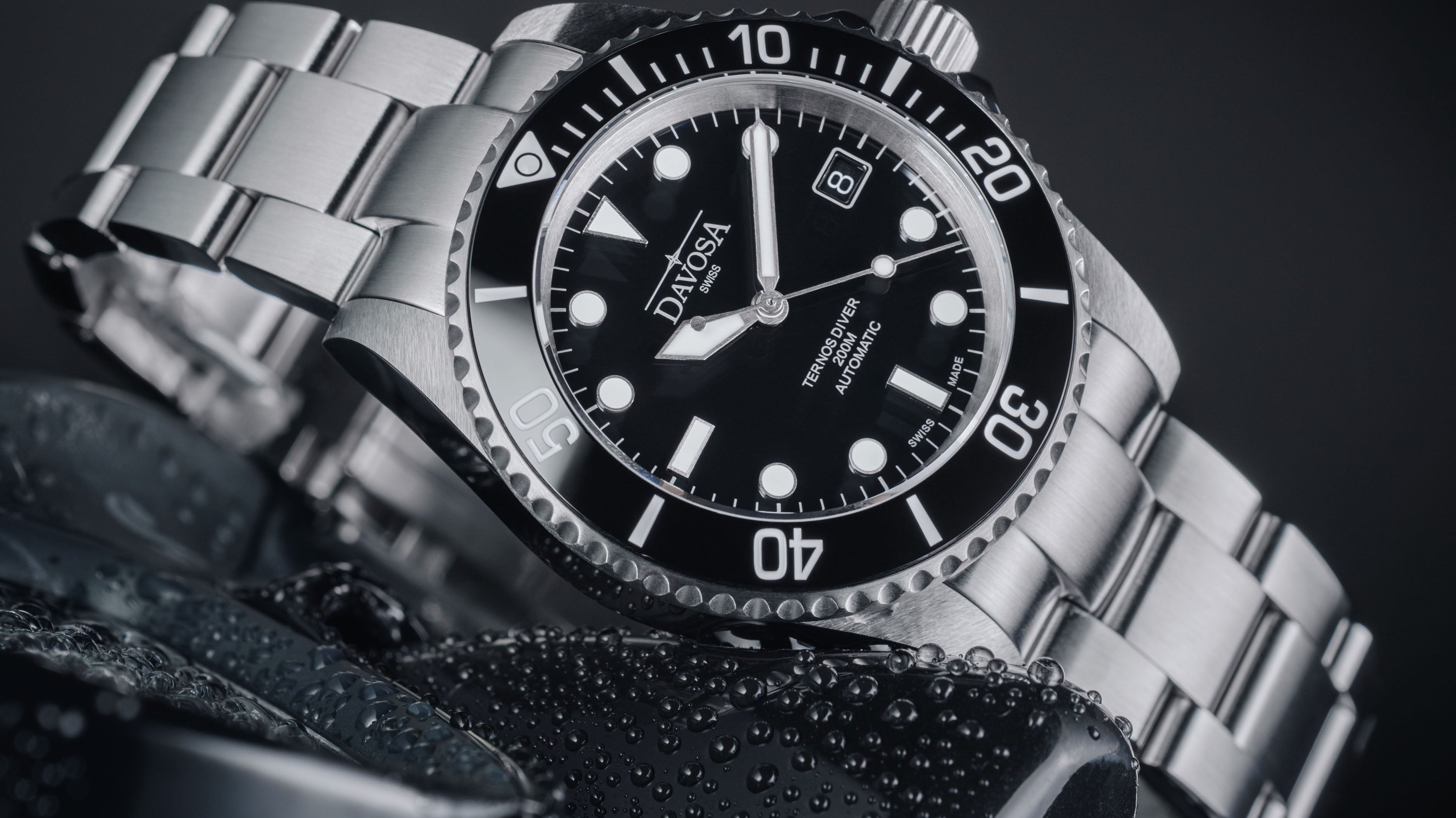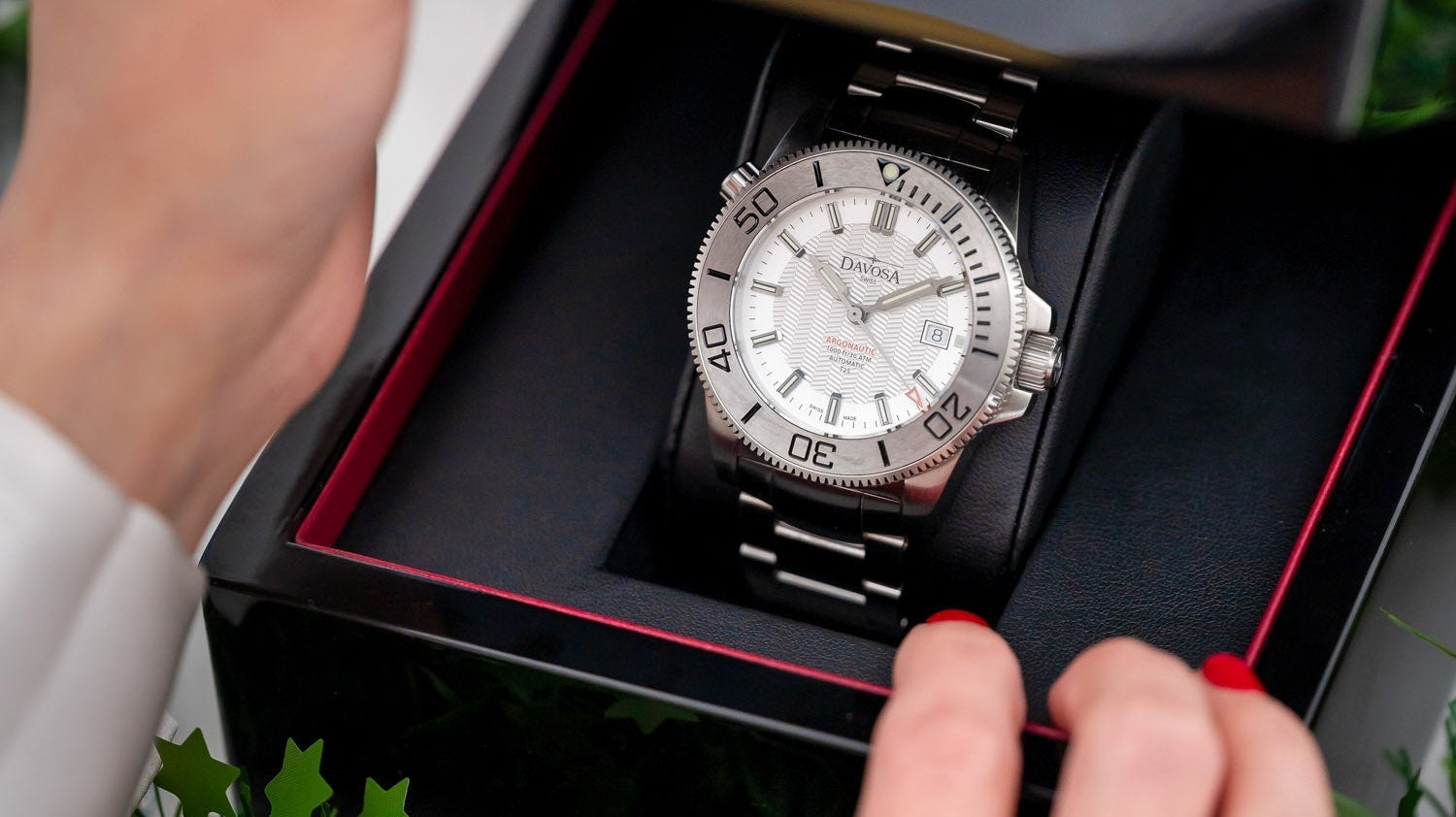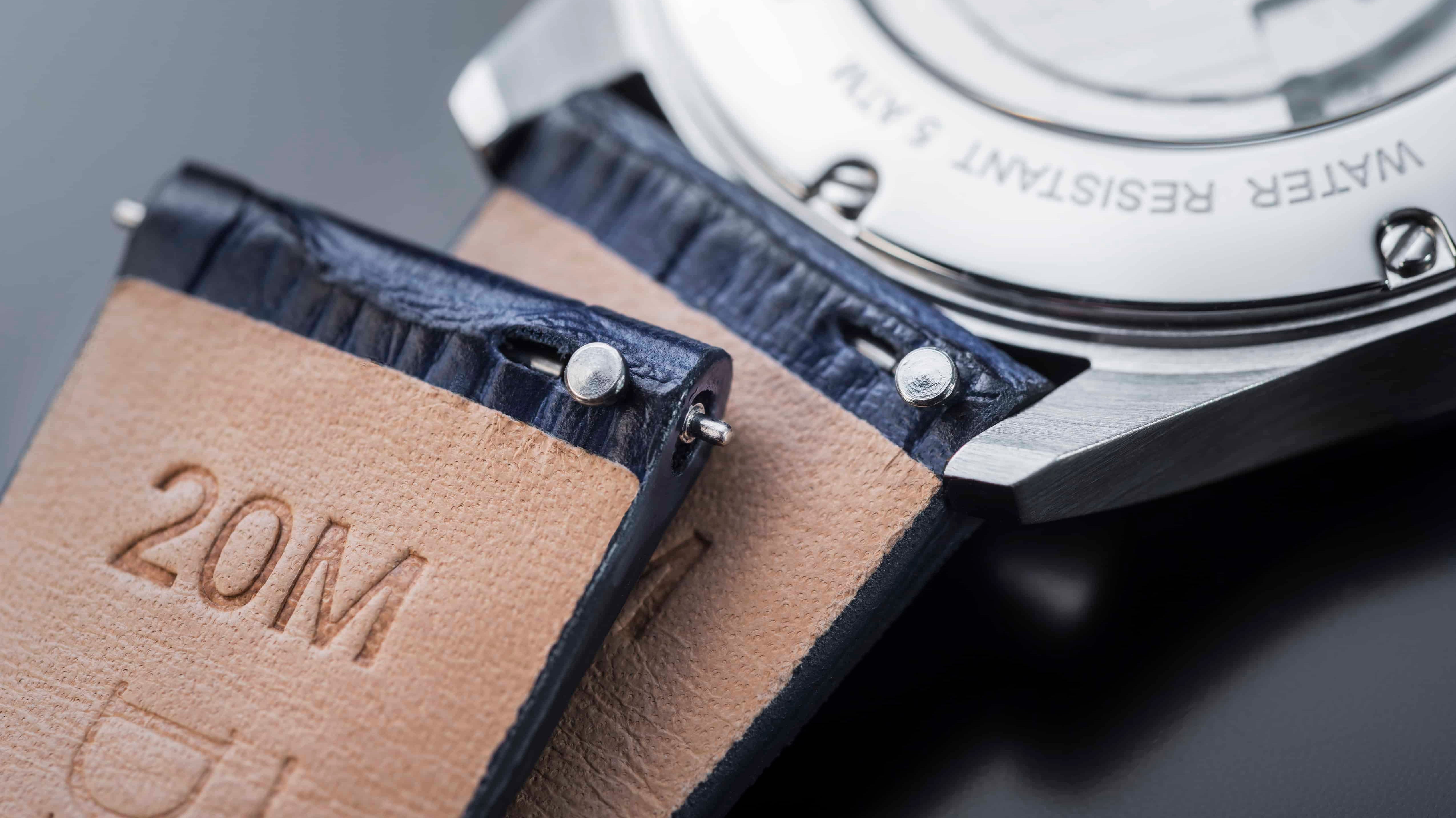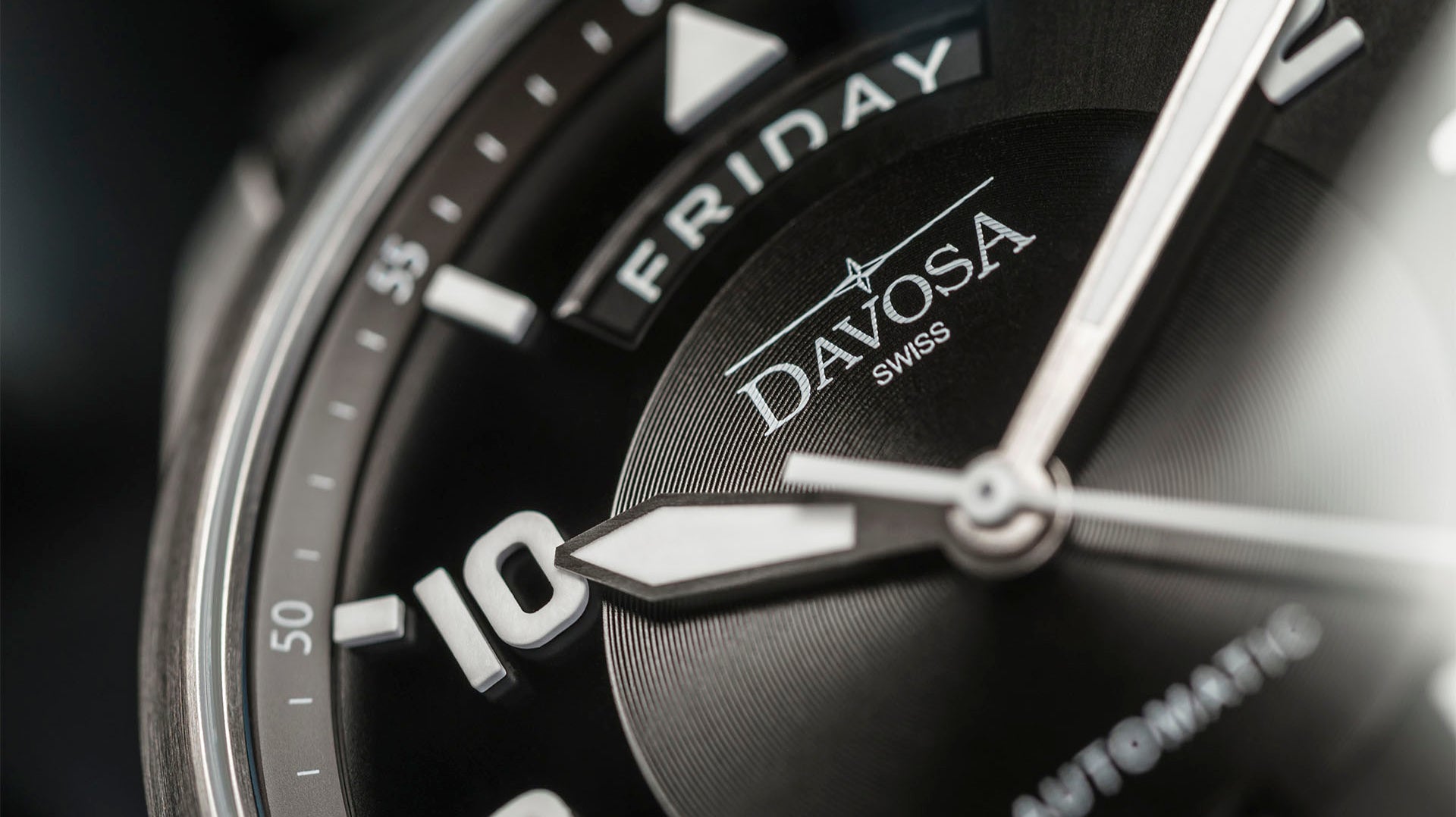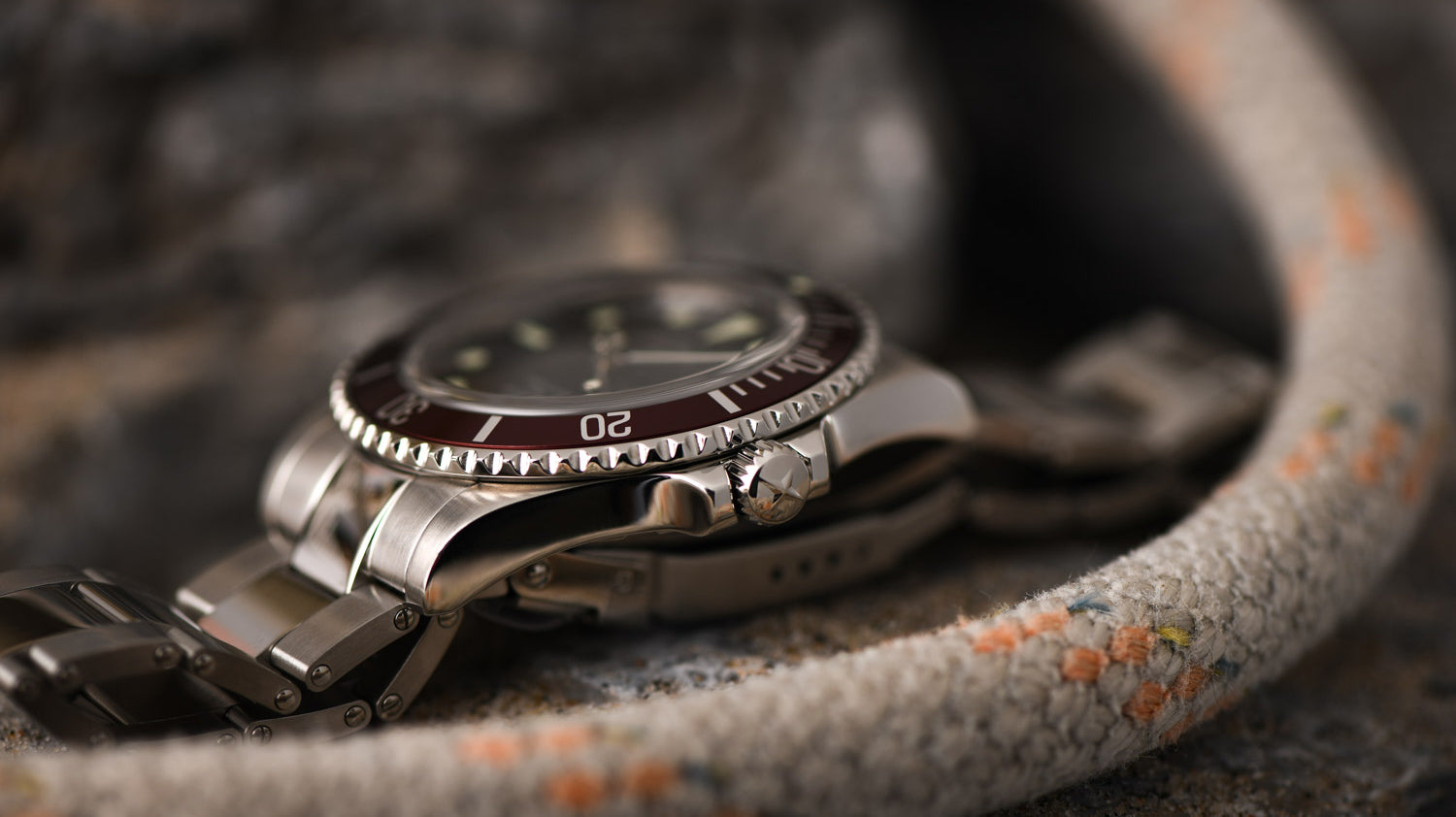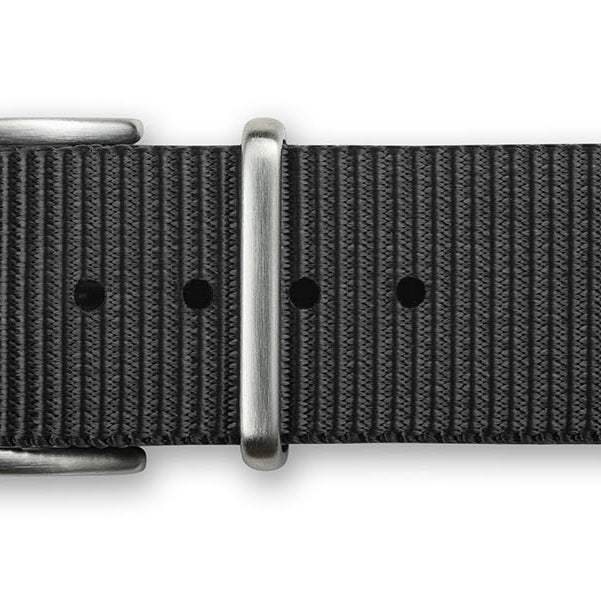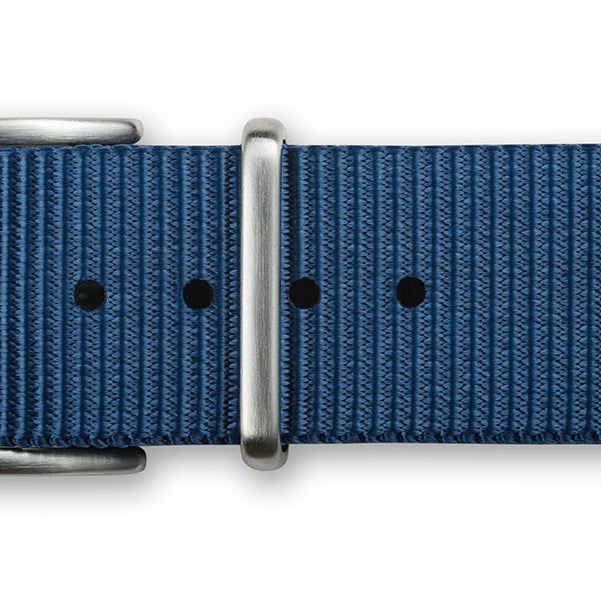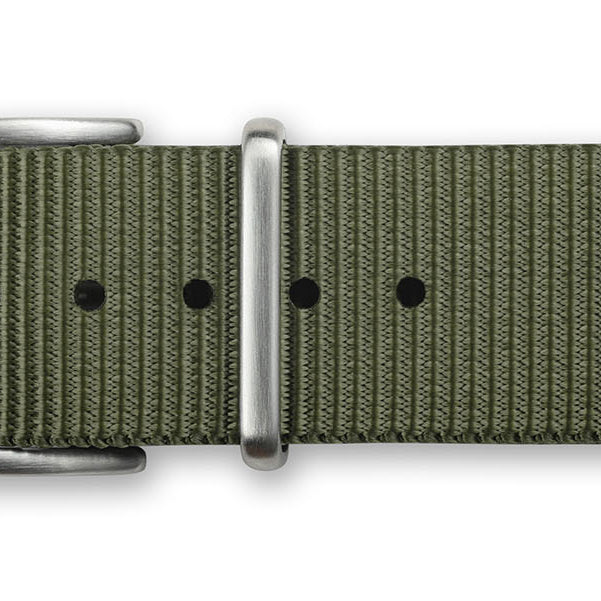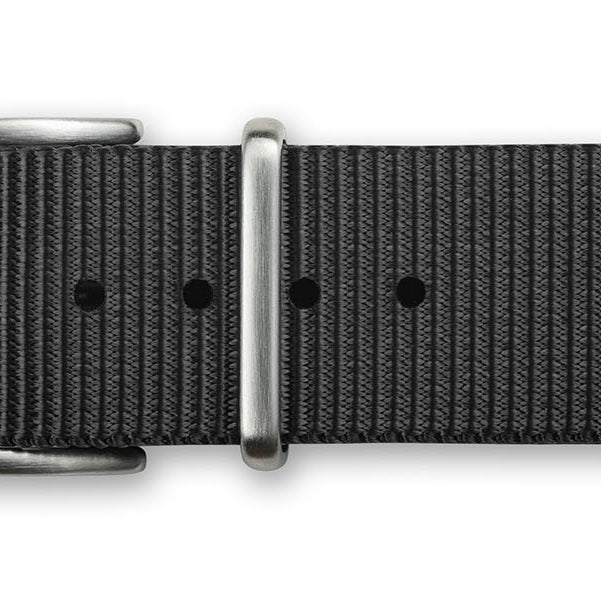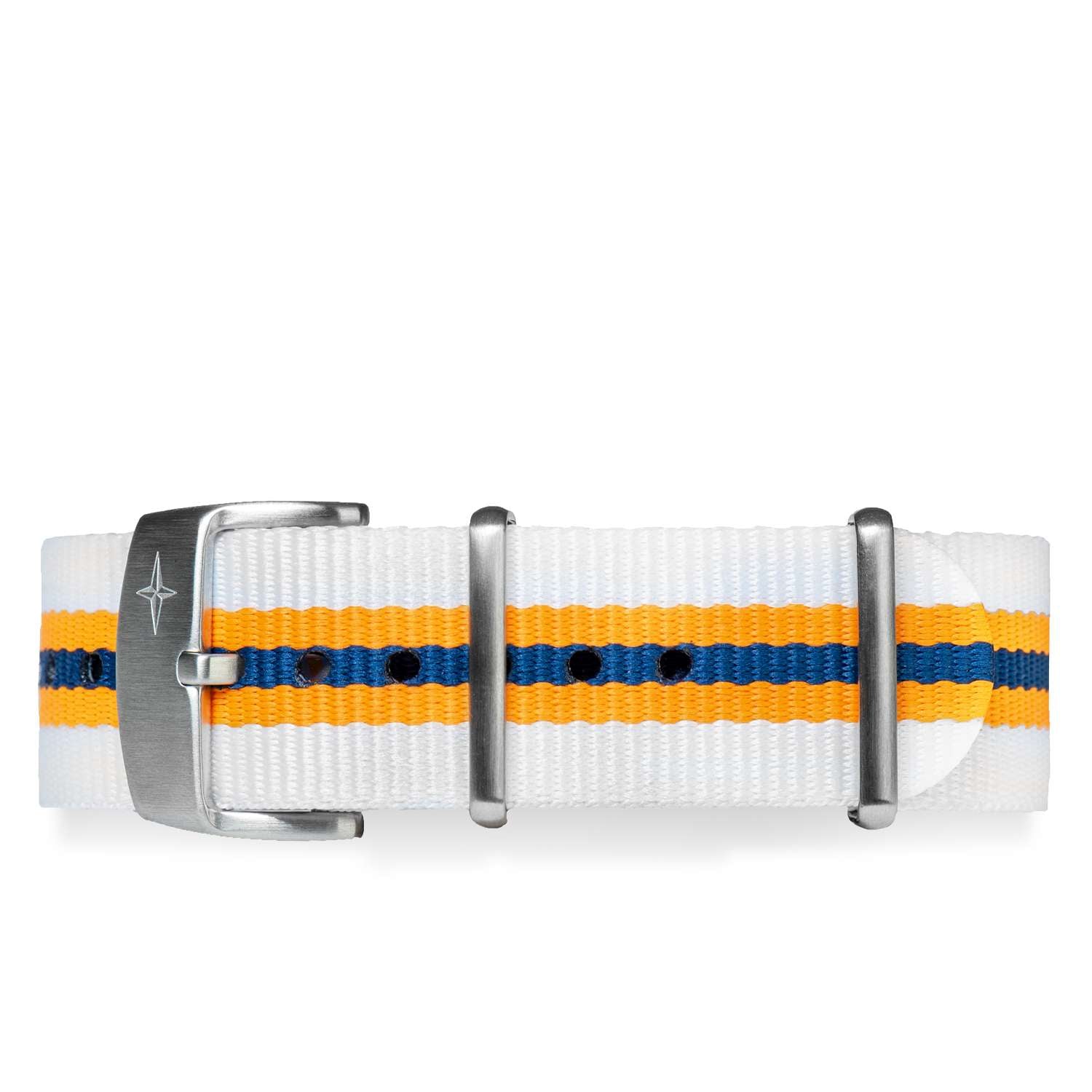Watches, especially sports models, have always used highly resistant technical materials, and this requirement stems precisely from their function of having to work all the time, whatever happens. And in the world of watches, stainless steel has long established itself as the material of choice for sturdy and reliable timepieces. But lately, its supremacy is challenged by the introduction of new high-tech materials, such as titanium, which is proving to be a dangerous competitor due to its excellent characteristics. So, which of the two is better? Let's find out together!

A bit of history of titanium
Although this is a little-known fact, titanium was introduced to watchmaking in 1970 by Citizen, which launched a line of quartz watches called X8 that mounted one of the first electronic mechanisms in history, with a battery life of over a year.
The same Japanese company has often used titanium in its timepieces precisely because of its characteristics of robustness and reliability. Titanium was also the protagonist of the famous Promaster Aqualand, a line of dive watches launched in 1985 that incorporated an electronic depth gauge.
Which is better, titanium or stainless steel?
Let's start by saying that titanium and steel do not exist.
And if this seems strange to you, there is a reason: just as there are numerous varieties of roses, and not "the" rose, there are numerous qualities of both titanium and stainless steel, sometimes with very different characteristics.
This happens because usually the metals used in industry in general, and in our case, in watchmaking, are not pure but are alloys made up of various metals in different proportions. So there is no single standard - there are many. To cite a relatively well-known example, most steel watches are made from an alloy called 316L. At the same time, Rolex has for some years now been using a different alloy, 904L, which has superior corrosion resistance and polish but scratches more easily.
The same can be said about titanium. The titanium of cases and bracelets is actually a titanium-based alloy, so it is combined with other metals to improve its physical characteristics. Therefore, it is impossible to answer the question simplistically. Every metal has its own attributes that make it more or less suitable for one use rather than the other.
We will examine the features of the two alloys one by one in the following points: but if we must make a generalization, on average, titanium has similar characteristics of strength as stainless steel, but weighs about 40% less, is non-magnetic and more stable when subjected to heat. On the other hand, its cold working costs much more, and it is more easily scratched.
For its characteristics, titanium has become a popular choice for every kind of watches. from the most technical survival timepieces to GMT watches and divers.

1 - Price: Is steel or titanium more expensive?
The two alloys are not particularly valuable, but titanium has higher processing costs than steel, especially in cold working, so it is generally more expensive than traditional steel. This happens because titanium is harder than conventional steel. Hence, it damages the tools such as drills and cutters used to machine it, making it necessary to replace them more often.
This fact is confirmed by the price difference between the same watch models in steel and titanium: titanium models cost roughly 50% more than the corresponding steel models. So if you are asking yourself why are watches so expensive, this is one of the reasons.
2 - Weight & Comfort: Is titanium lighter than stainless steel?
Titanium is much lighter than stainless steel, about 40% less, but it has very similar technical and physical characteristics, especially in relation to its strength and durability, which make it a perfect material for indestructible tool watches. But its visual effect and comfort on the skin also make it a great choice even for dressier automatic watches.
As a note, titanium is one of the materials of choice for the aerospace and mechanical industries, especially for applications where the structure needs to be very strong relative to its weight.

3 - Durability: Is titanium more corrosion-resistant than stainless steel?
Titanium is much more resistant than stainless steel to external agents due to its unique physical characteristics. While oxidation of steel leads to rust formation, titanium oxide forms a coating on the surface of the metal that insulates it, protecting it from corrosion. In addition, this natural "coating" leads it to be isolated from its surroundings, and therefore, hypoallergenic.
This is why titanium is also used to make the skeletal prosthetics implanted in the human body, such as screws to fix bones or heads of bones with complex shapes such as the femur. This fact is also important for its use in watches: titanium cases and bracelets do not cause allergies to their wearers.
4 - Scratch Resistance: Is titanium more resistant to scratches than stainless steel?
In this case, precisely the opposite is true. In general, scratches on titanium seem much more noticeable than regular steel. This is mainly because a scratch first affects the superficial titanium oxide layer and then spreads to the underlying metal. The result is that it appears more profound and more evident than what it really is.
However, we must say that surface scratches are easier to restore on titanium than on steel, where the operation is more complicated. The problem could arise with the surface finish, which in titanium typically has a satin effect, while in ordinary steel is very often polished to a mirror finish.

5 - Thermal resistance: Is titanium less subject to temperature than steel?
Titanium has a very high melting point compared to steel, over 1650 degrees centigrade, and excellent stability. This means that, even when subjected to high temperatures, it does not deform as steel would. For this reason, as we have said, it remains one of the best choices for use in mechanical parts subject to extreme stresses.
Moreover, being very stable and rigid, it is a perfect material for making cases and backs of professional water-resistant watches since even a slight deformation would allow the liquid to penetrate the case and damage the watch movement.

Stainless Steel vs. Titanium Watches - Pros & Cons
Below you will find a handy summary table that brings together and compares all the characteristics of the two materials.

Main Takeaways
Although titanium is a modern material with excellent technical characteristics, it has not bridged the gap that divides it from steel, remaining in a more specialized sphere, widespread above all for technical watches that need attributes of reliability and robustness superior to those offered by "simple" steel.
What is certain is that its characteristics make it an extraordinary material. It is perfect for heavy-duty timepieces, since it can increase the quartz or automatic watches duration/lifespan. More, its lightness and surface finish ensure a warmer and more organic impact on the wrist than that of traditional steel, and that makes it a perfect choice for all those people who for different reasons are dissatisfied with the usual steel, but do not like the effect of plastics and polymers.
The Davosa-USA.com website is NOT affiliated in any way with Audemars Piguet, Franck Muller USA, Inc. Richard Mille or Richemont Companies, Seiko, or any other brand which is not Davosa Swiss. Rolex is a registered trademark of Rolex USA. Davosa-USA website is not an authorized dealer, reseller, or distributor for Rolex and is in NO WAY affiliated with Rolex SA or Rolex USA or any other brand besides Davosa Swiss. |

